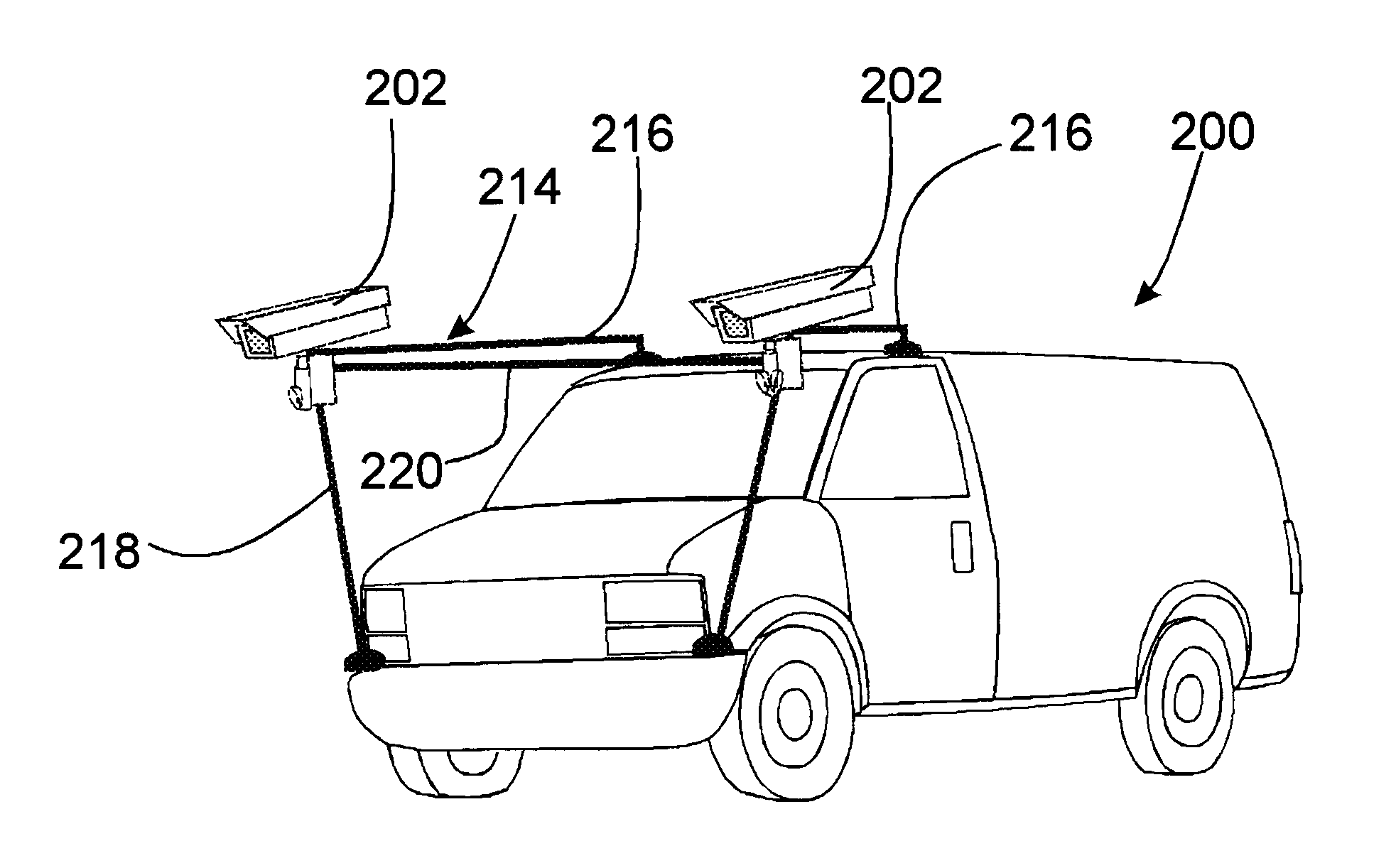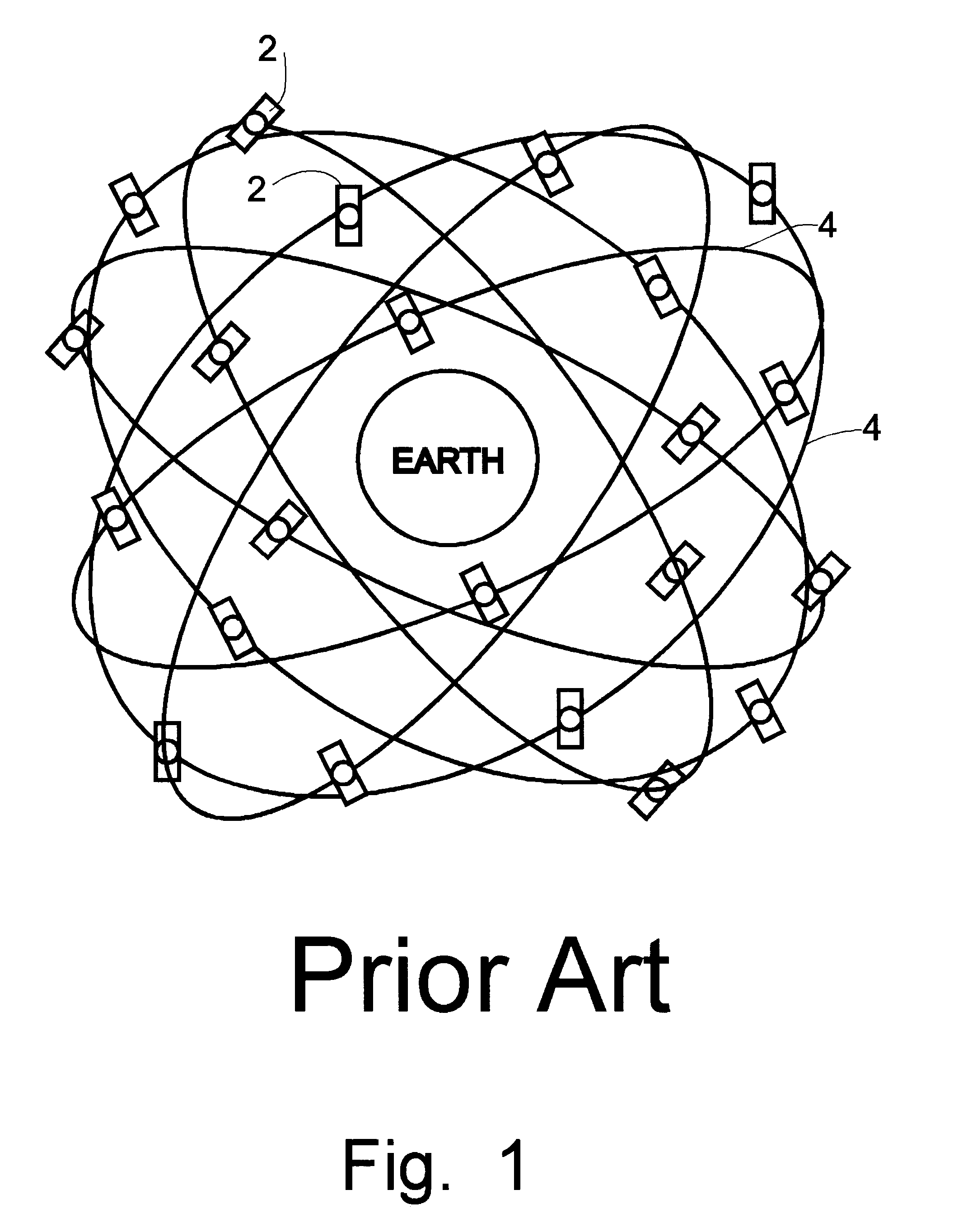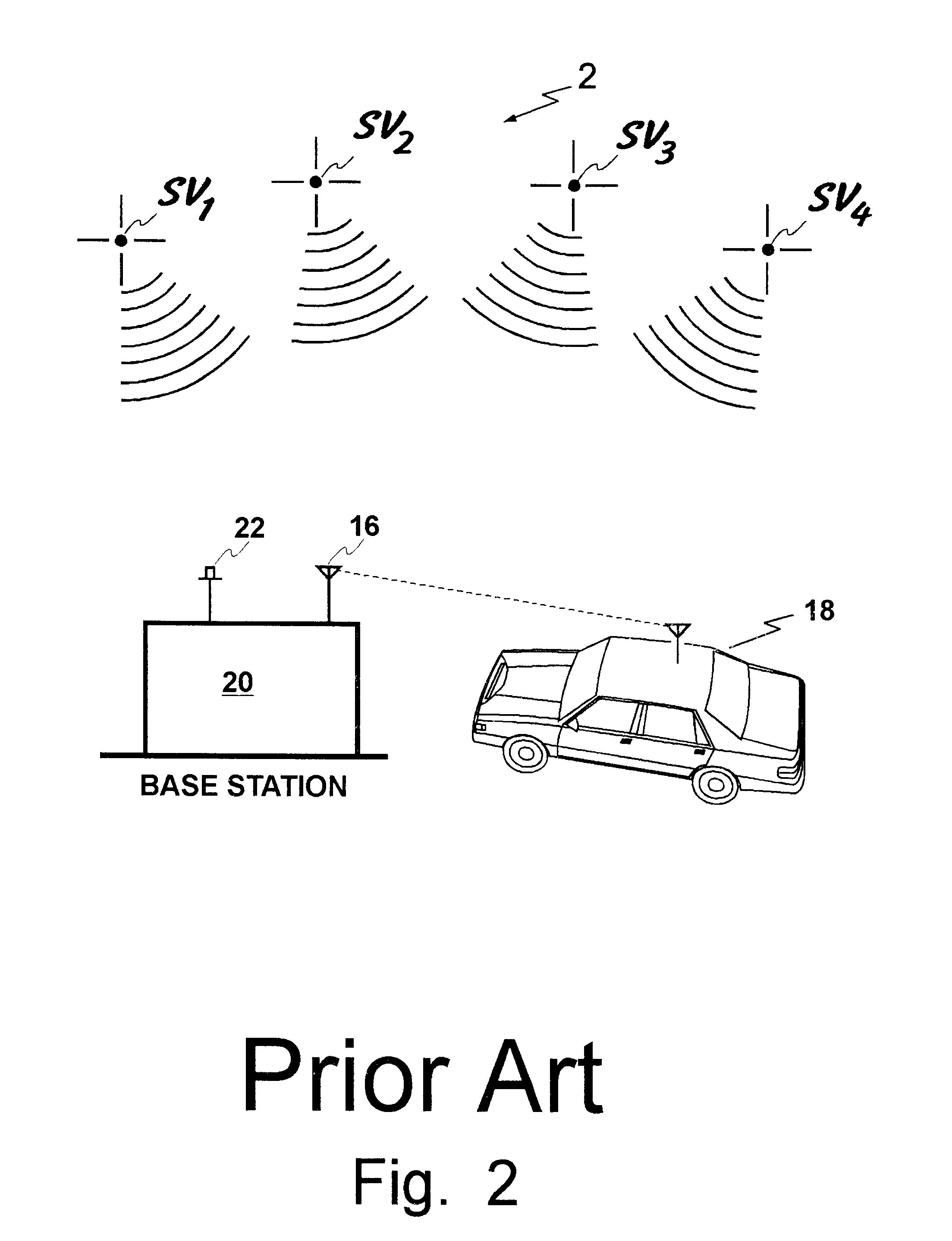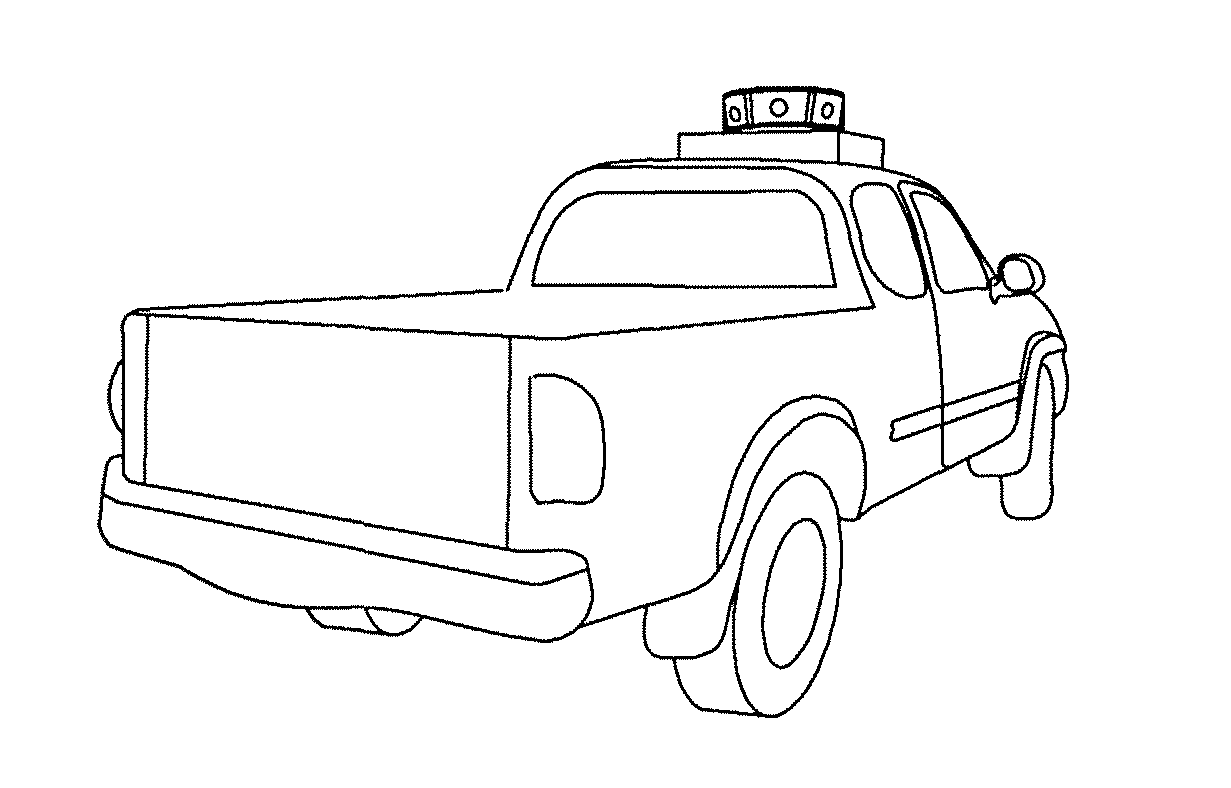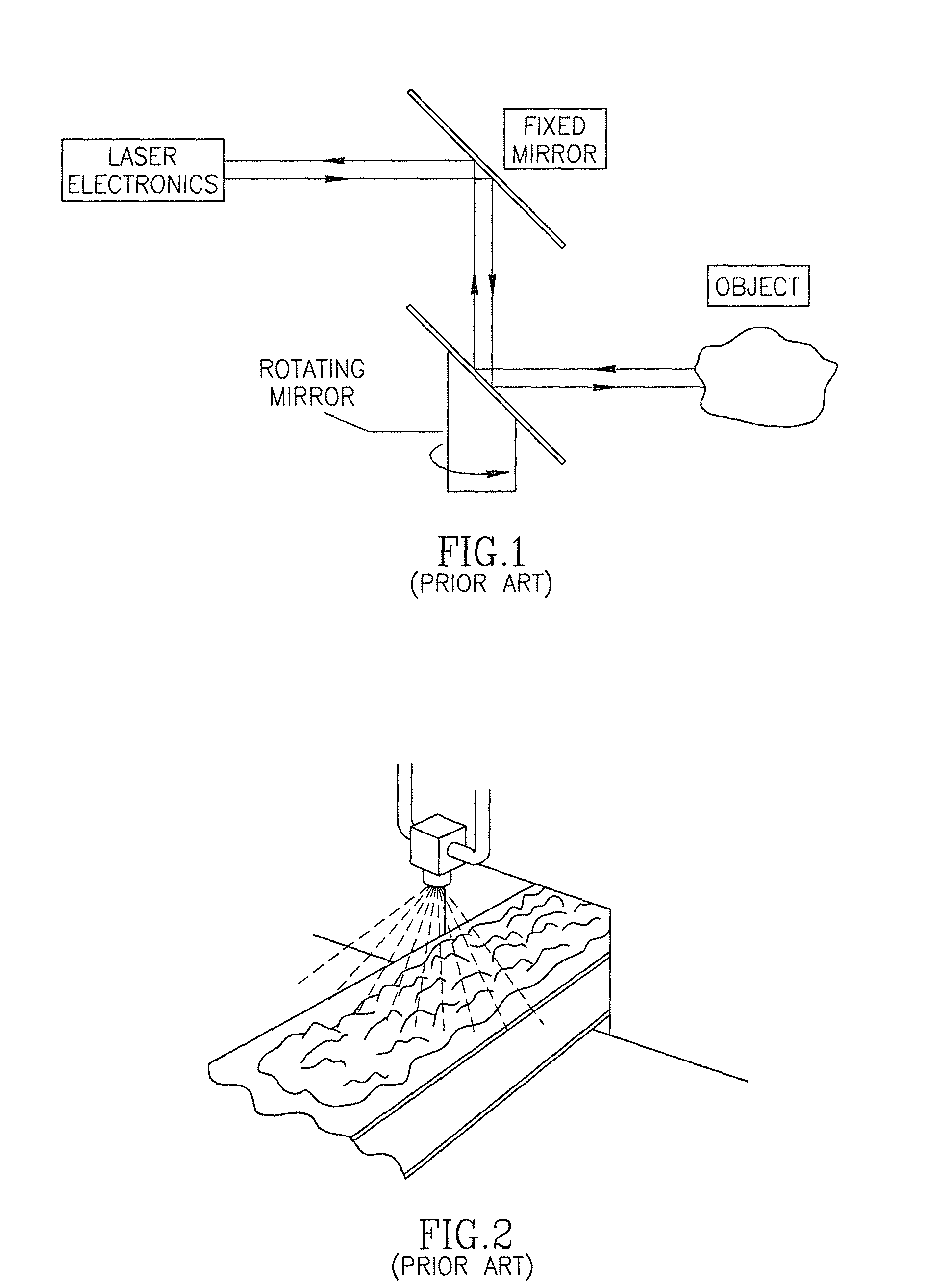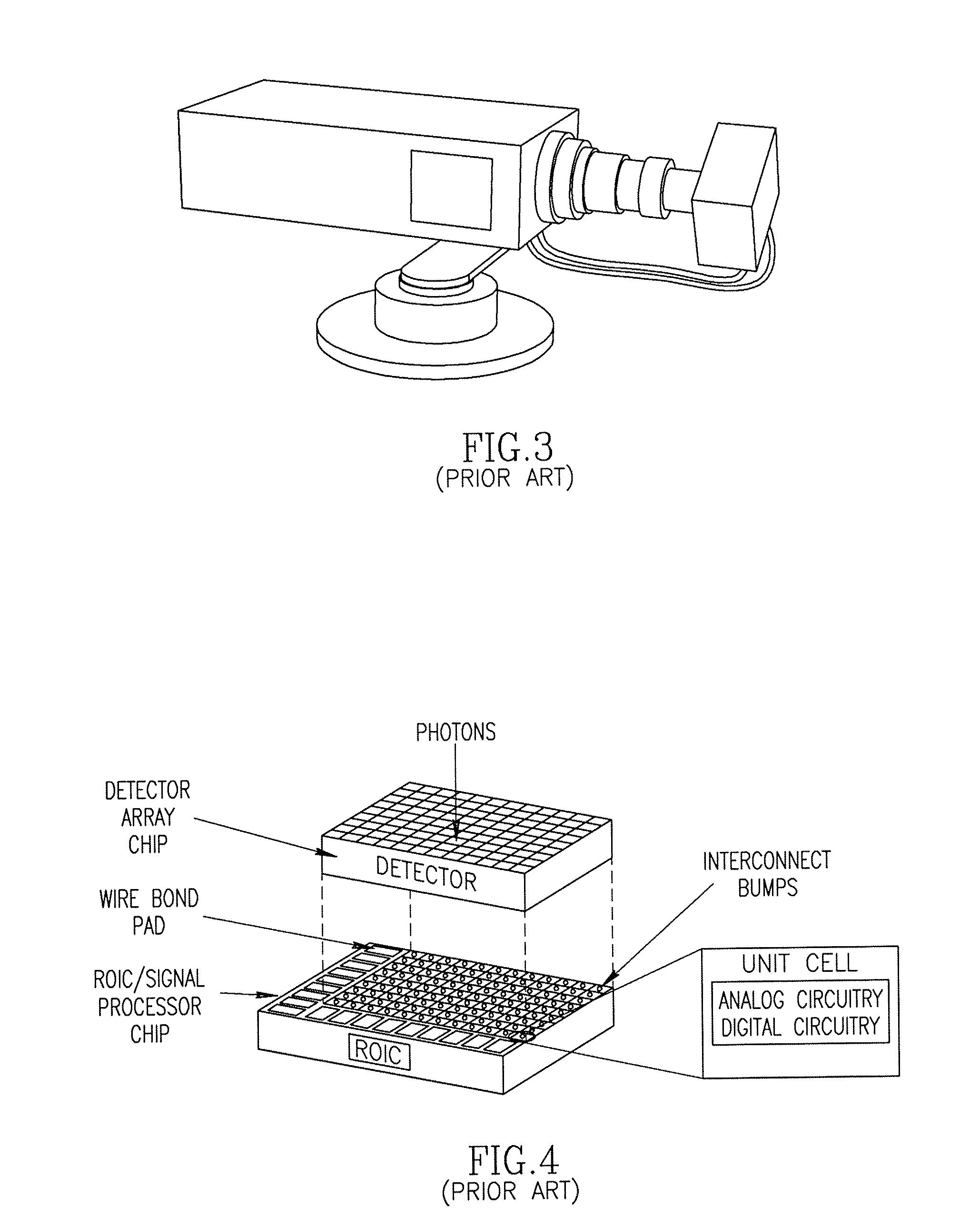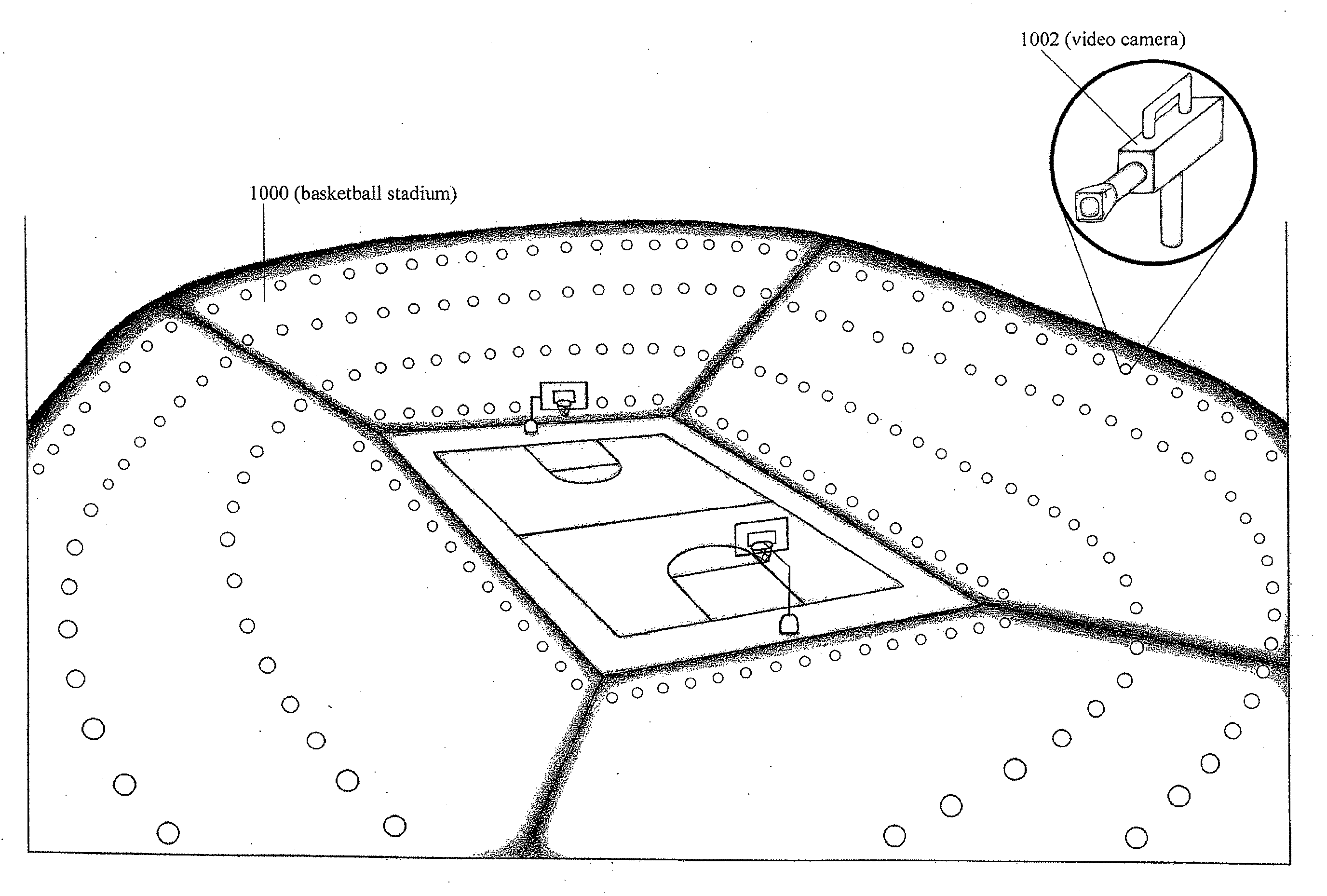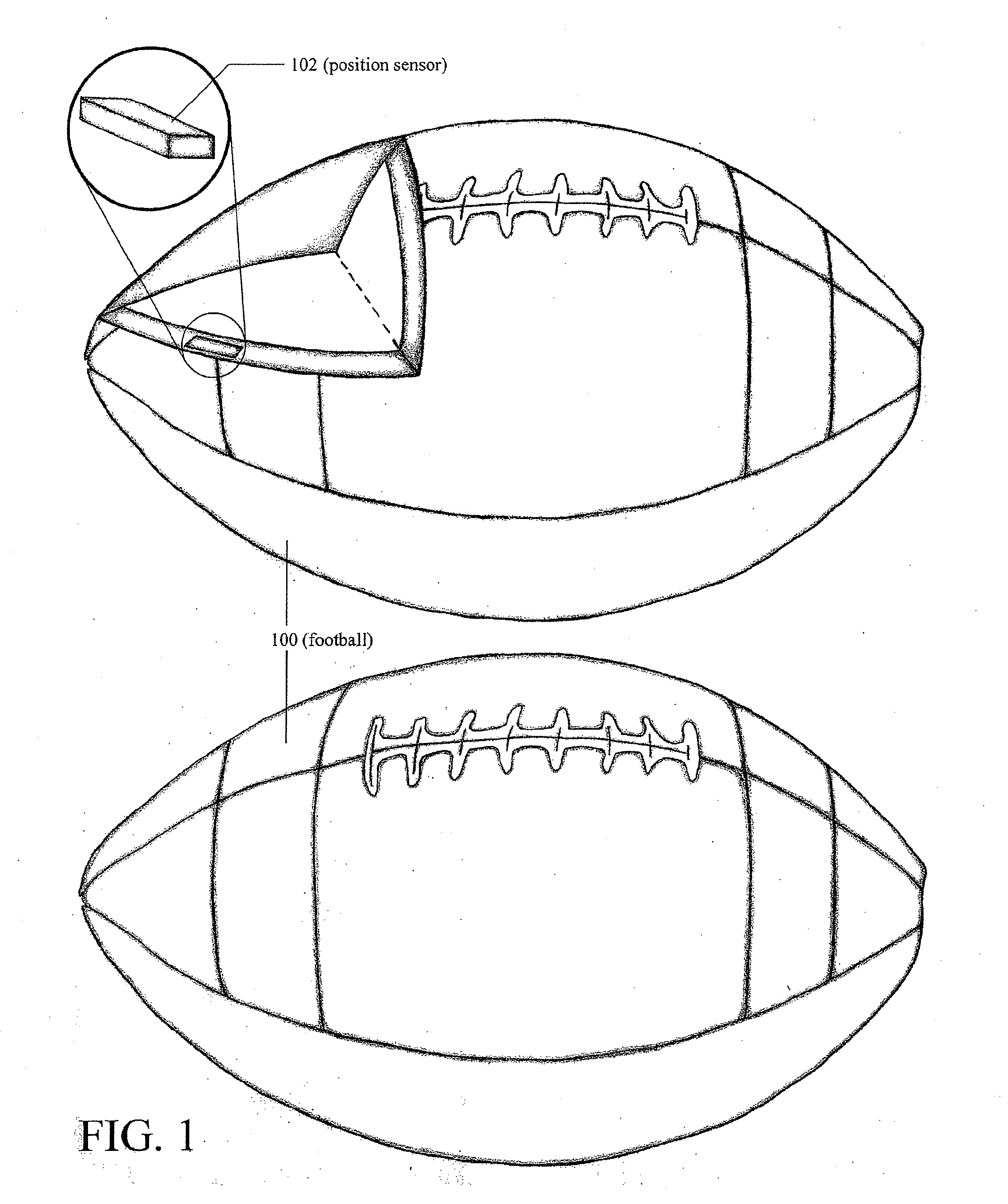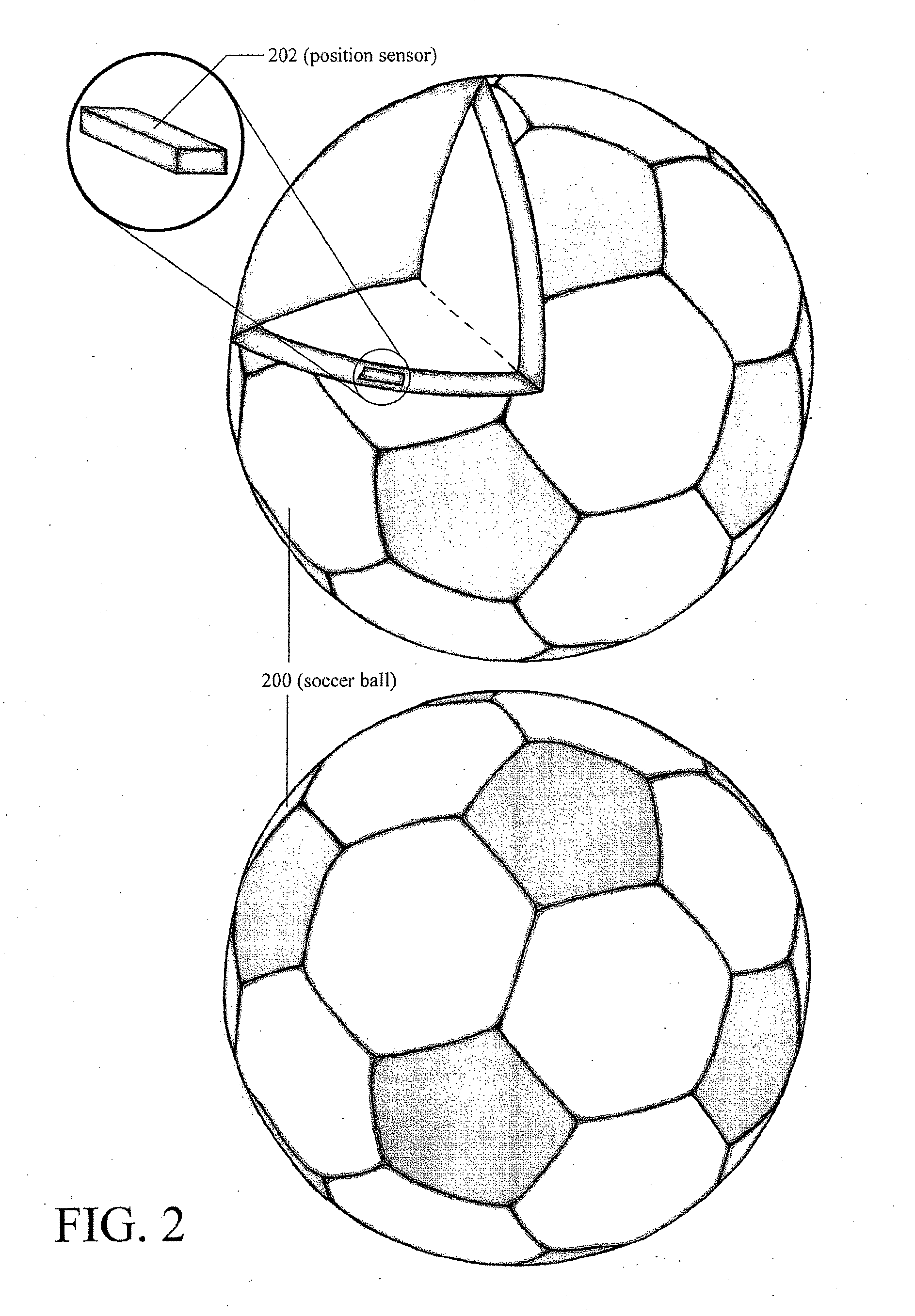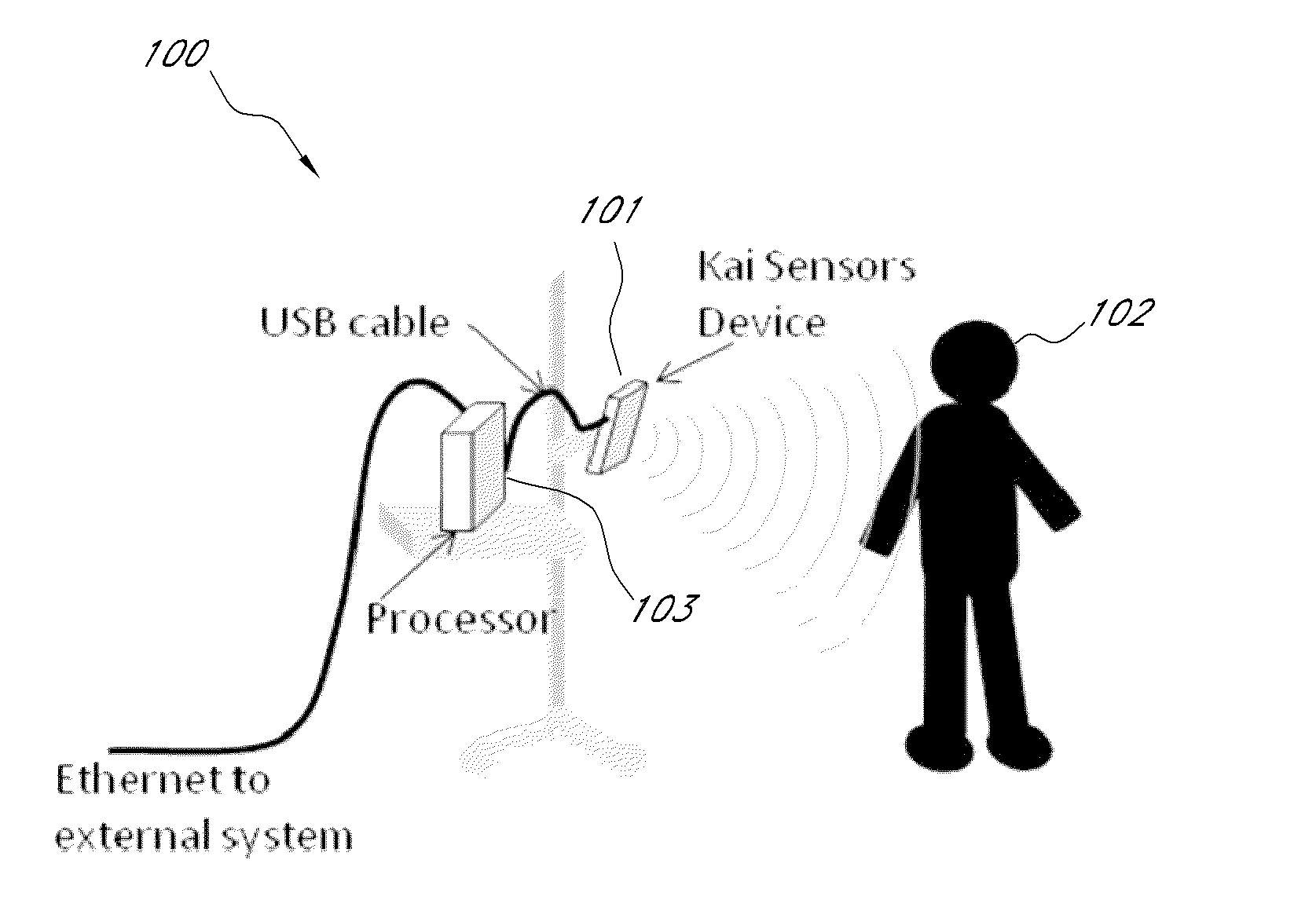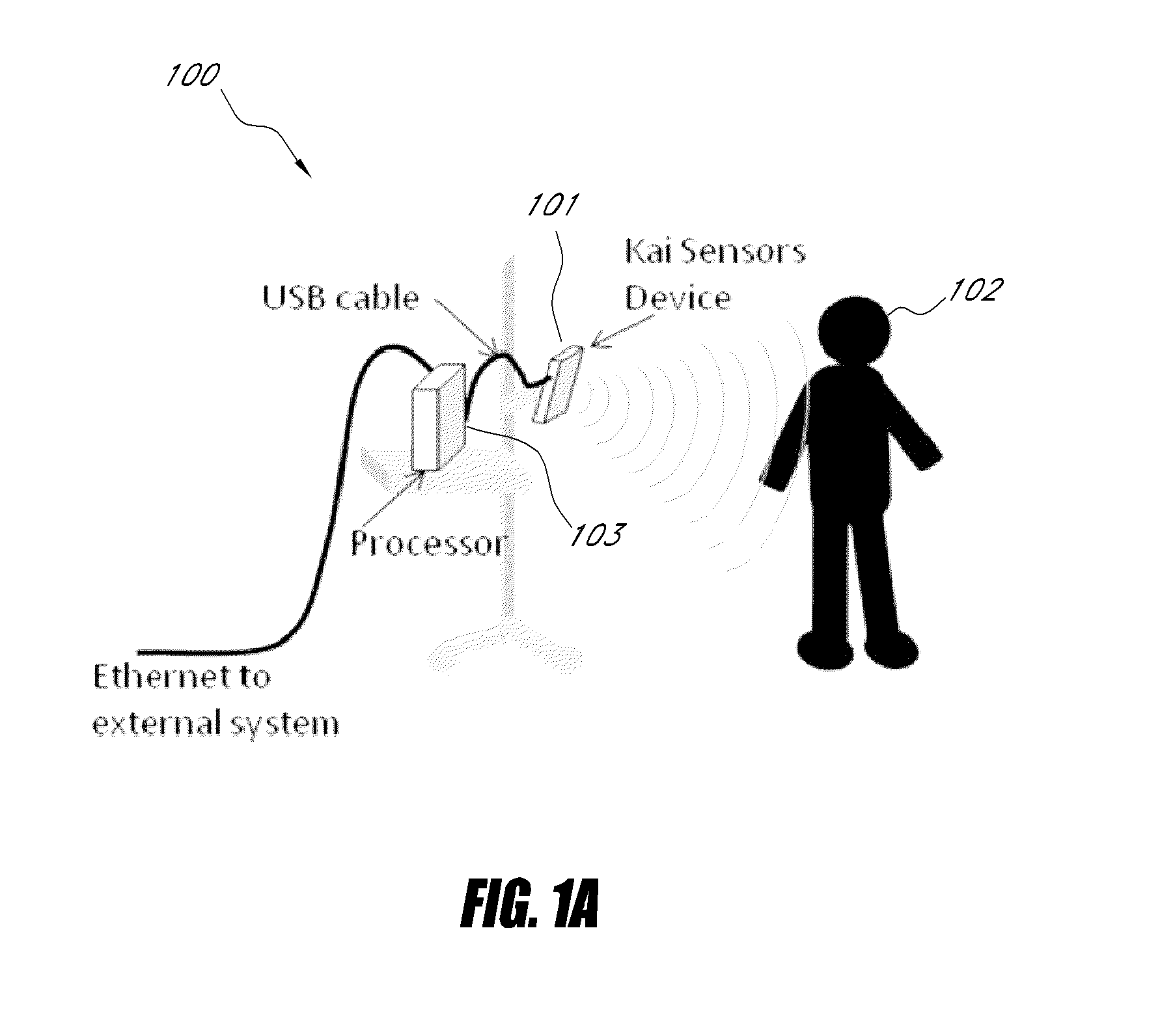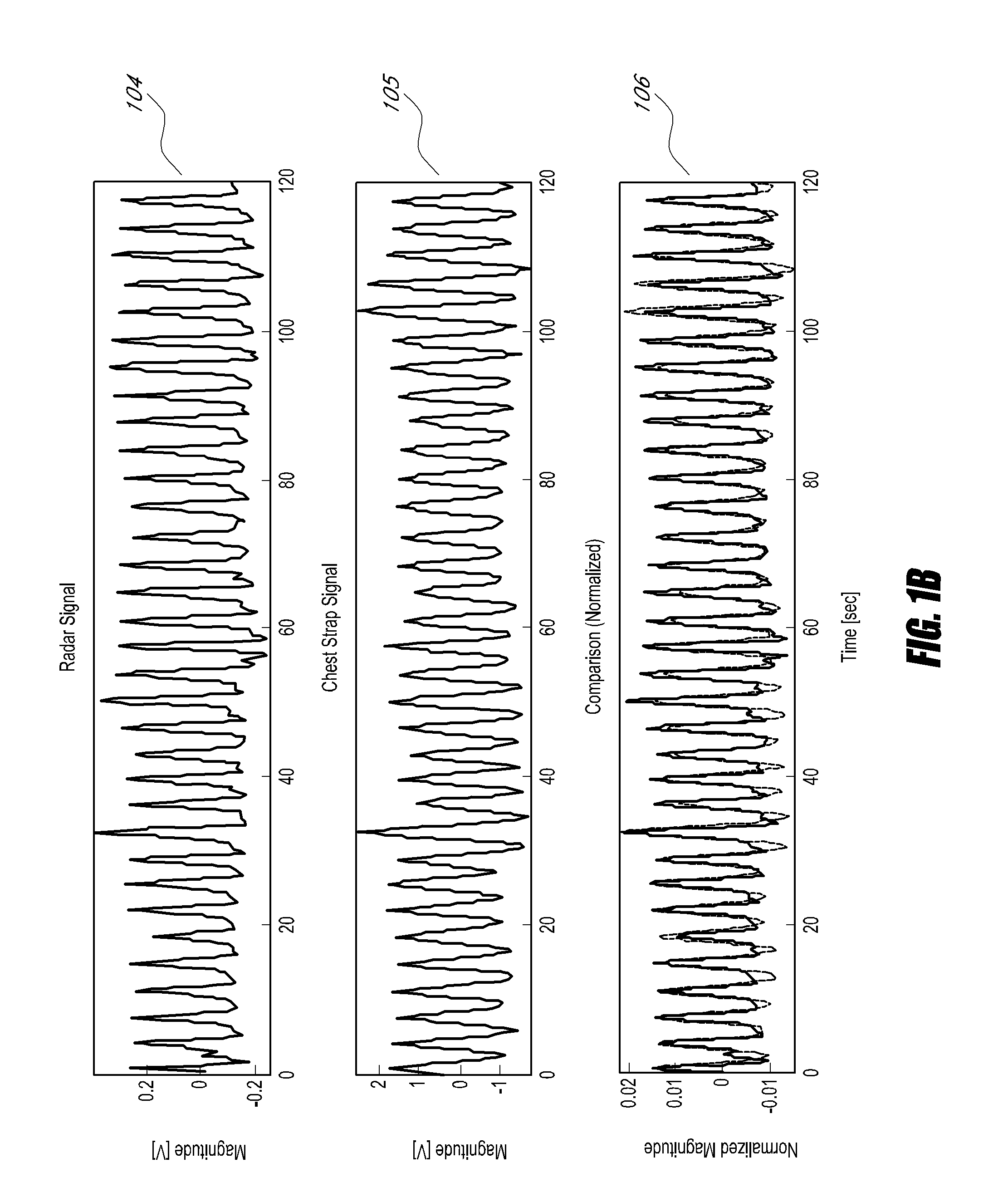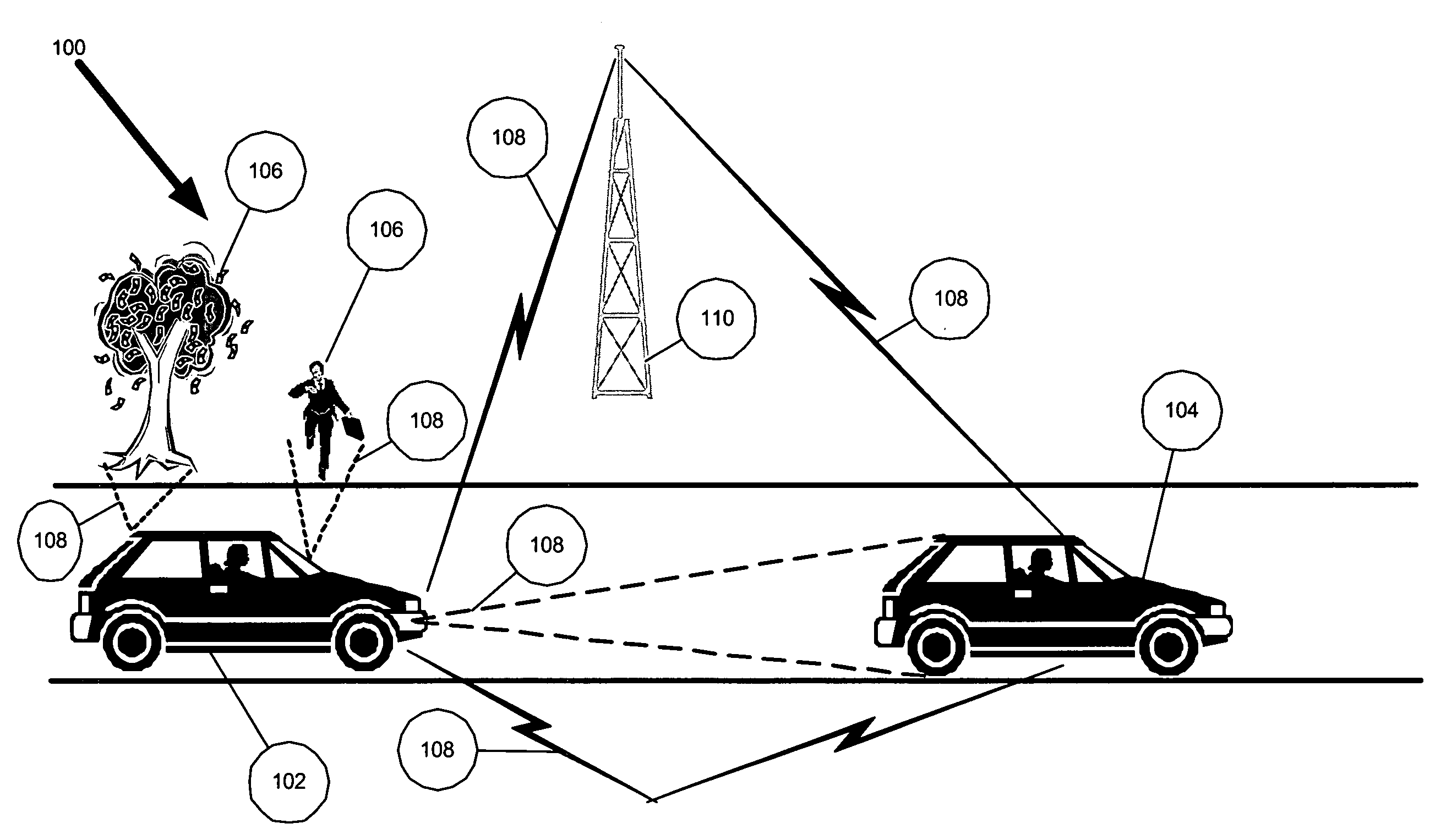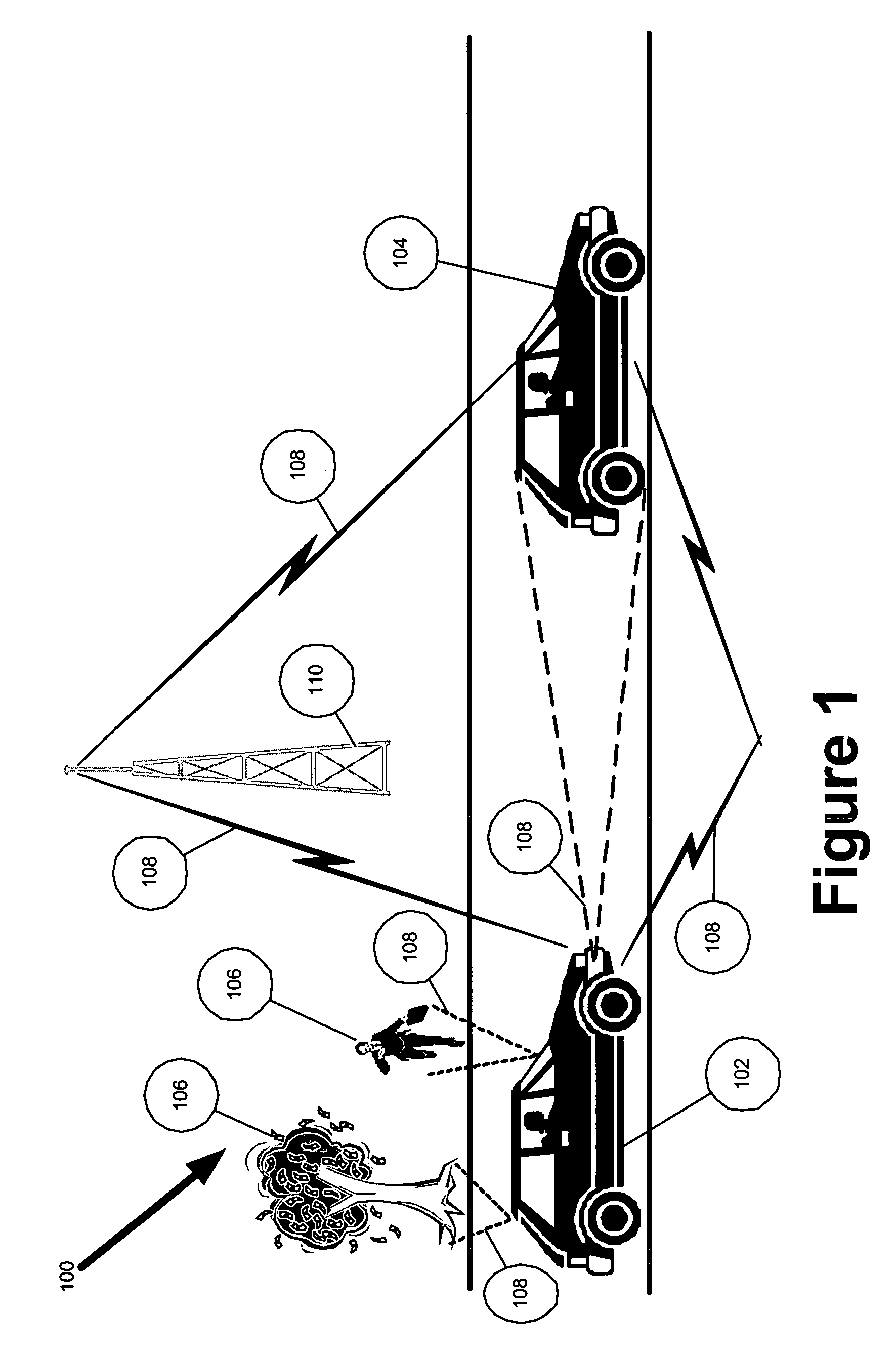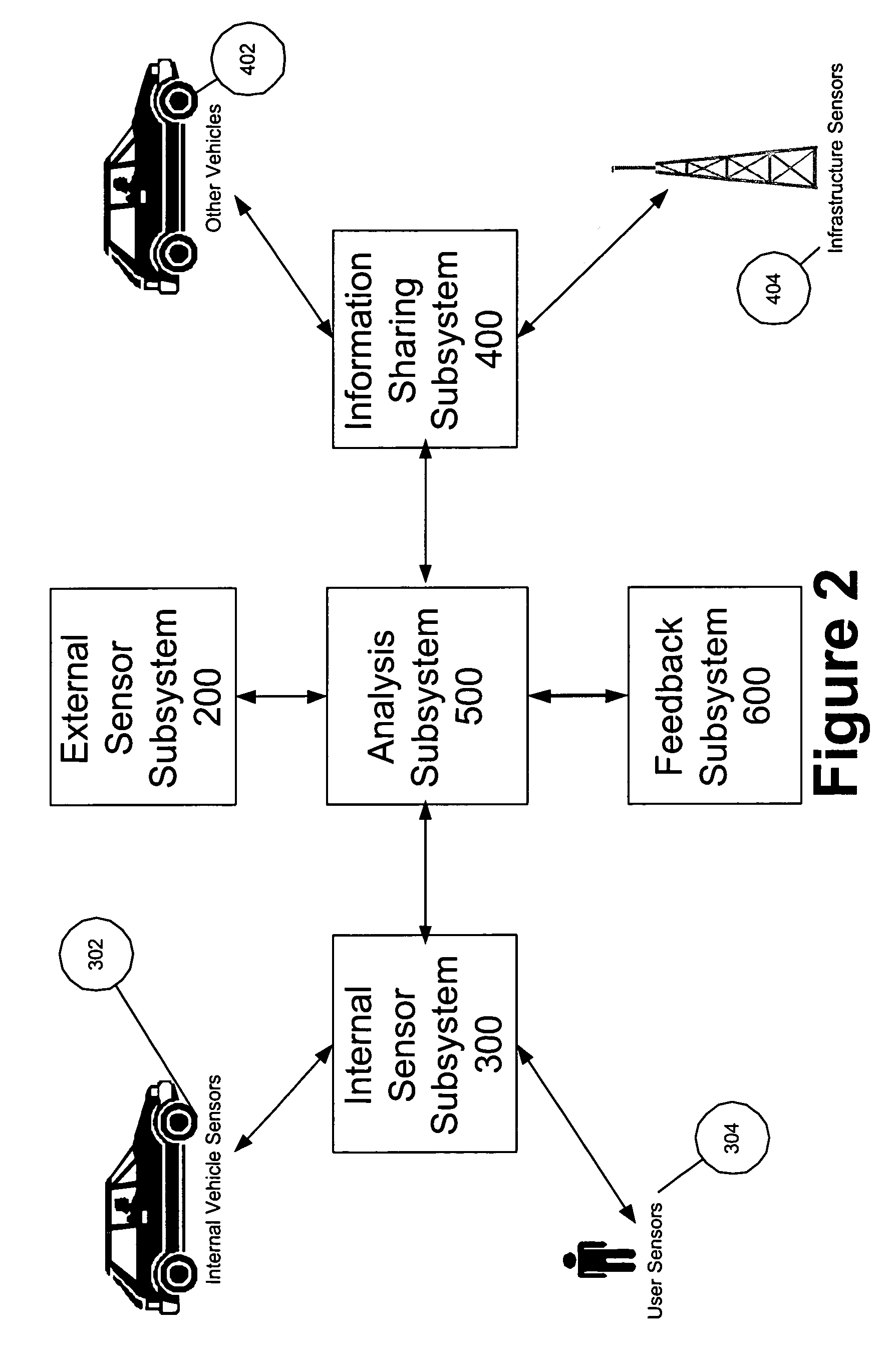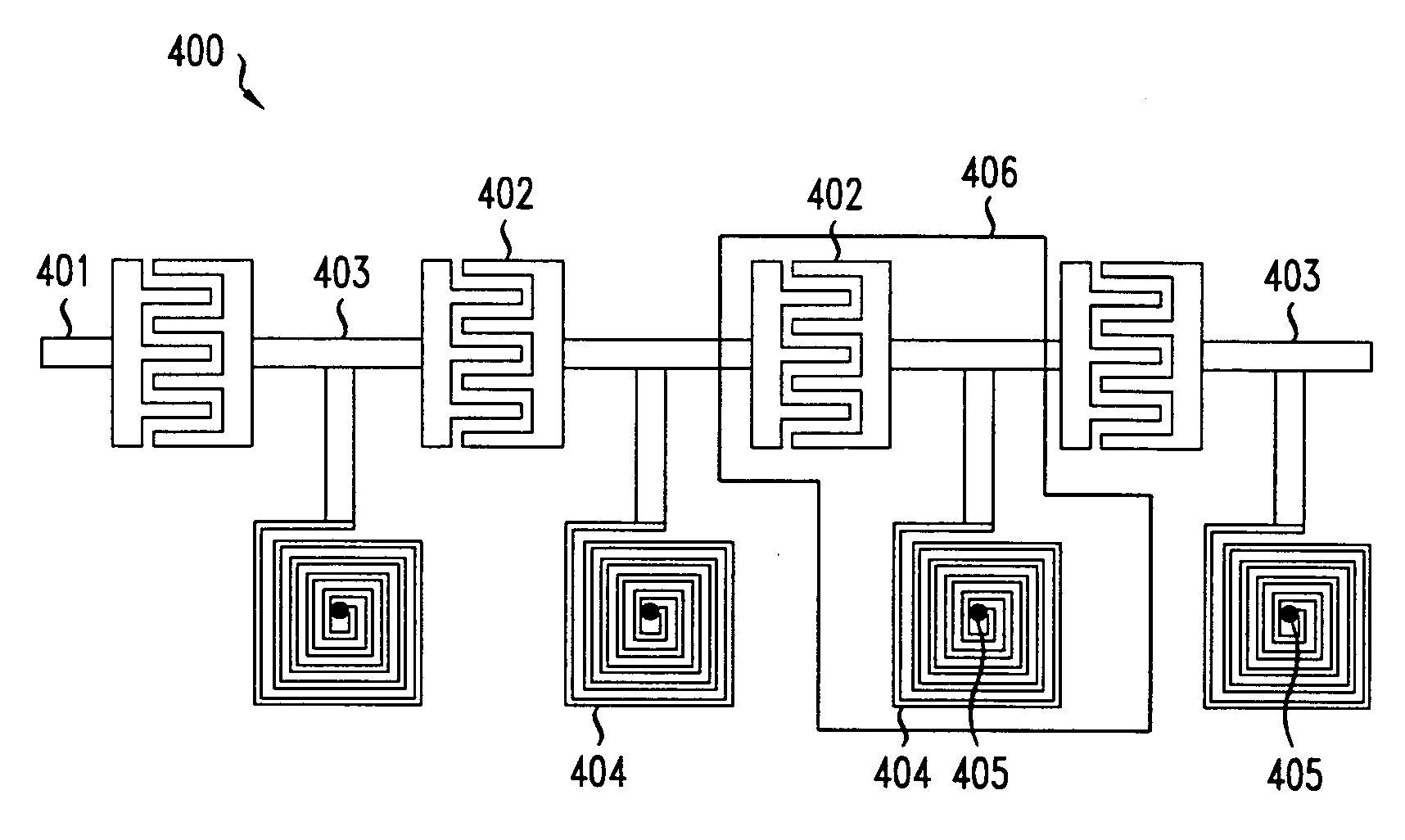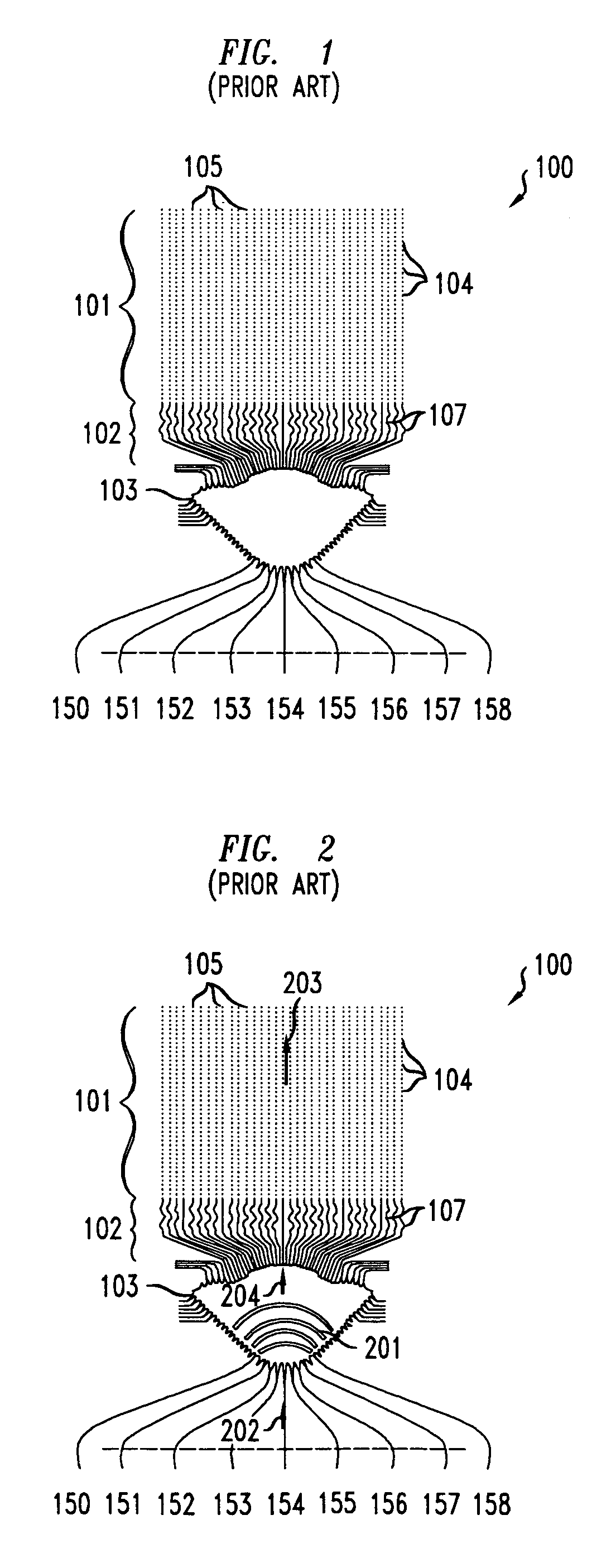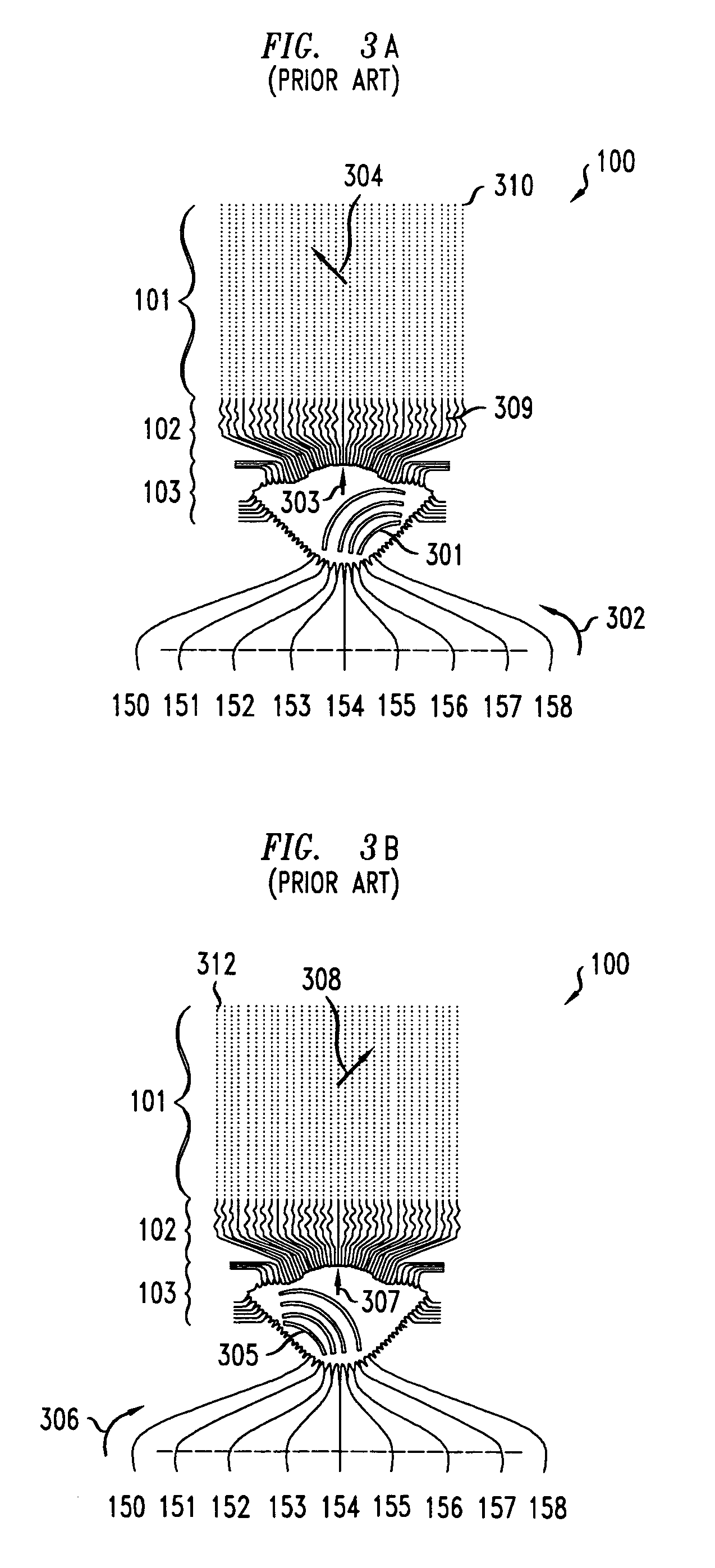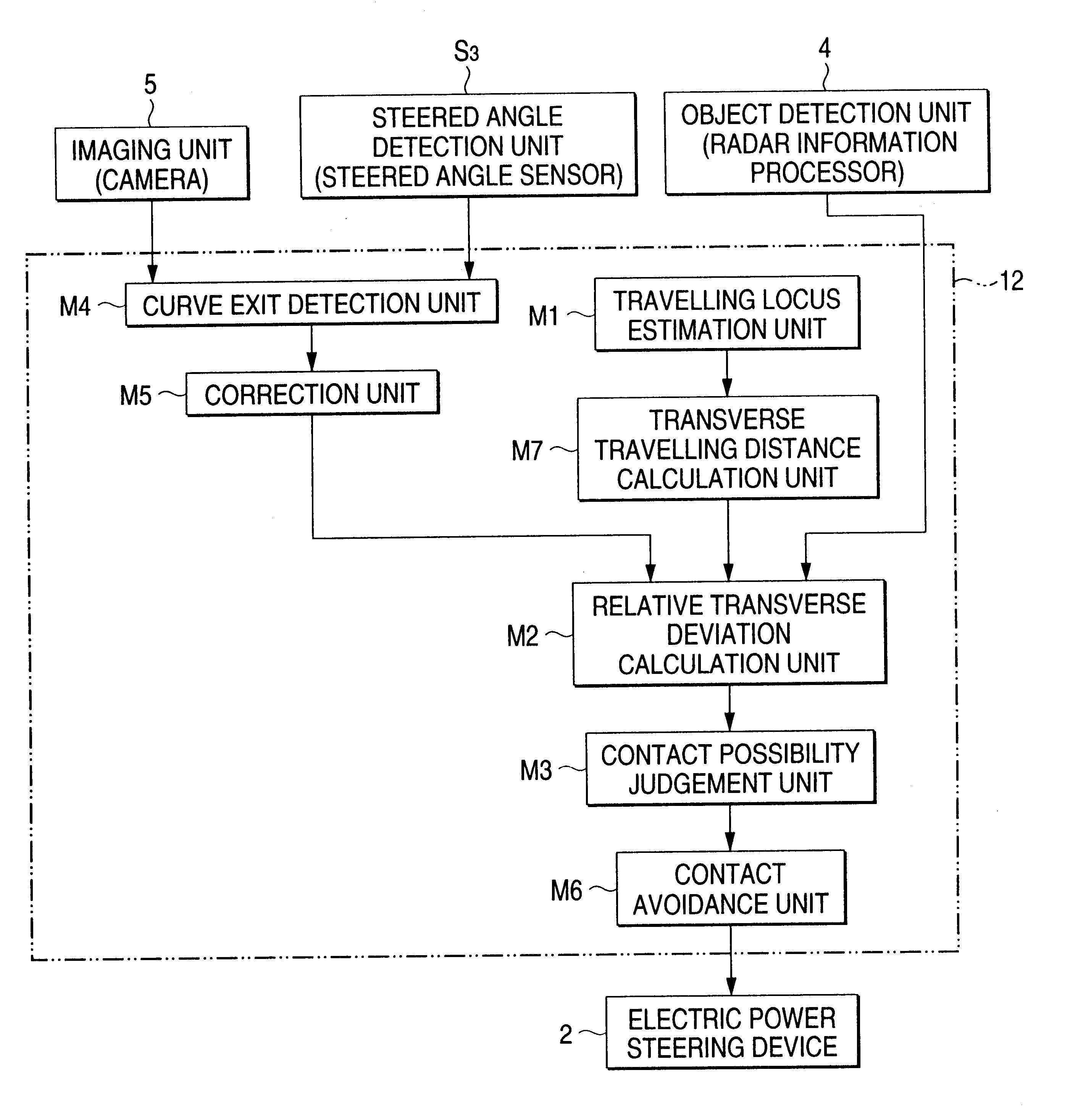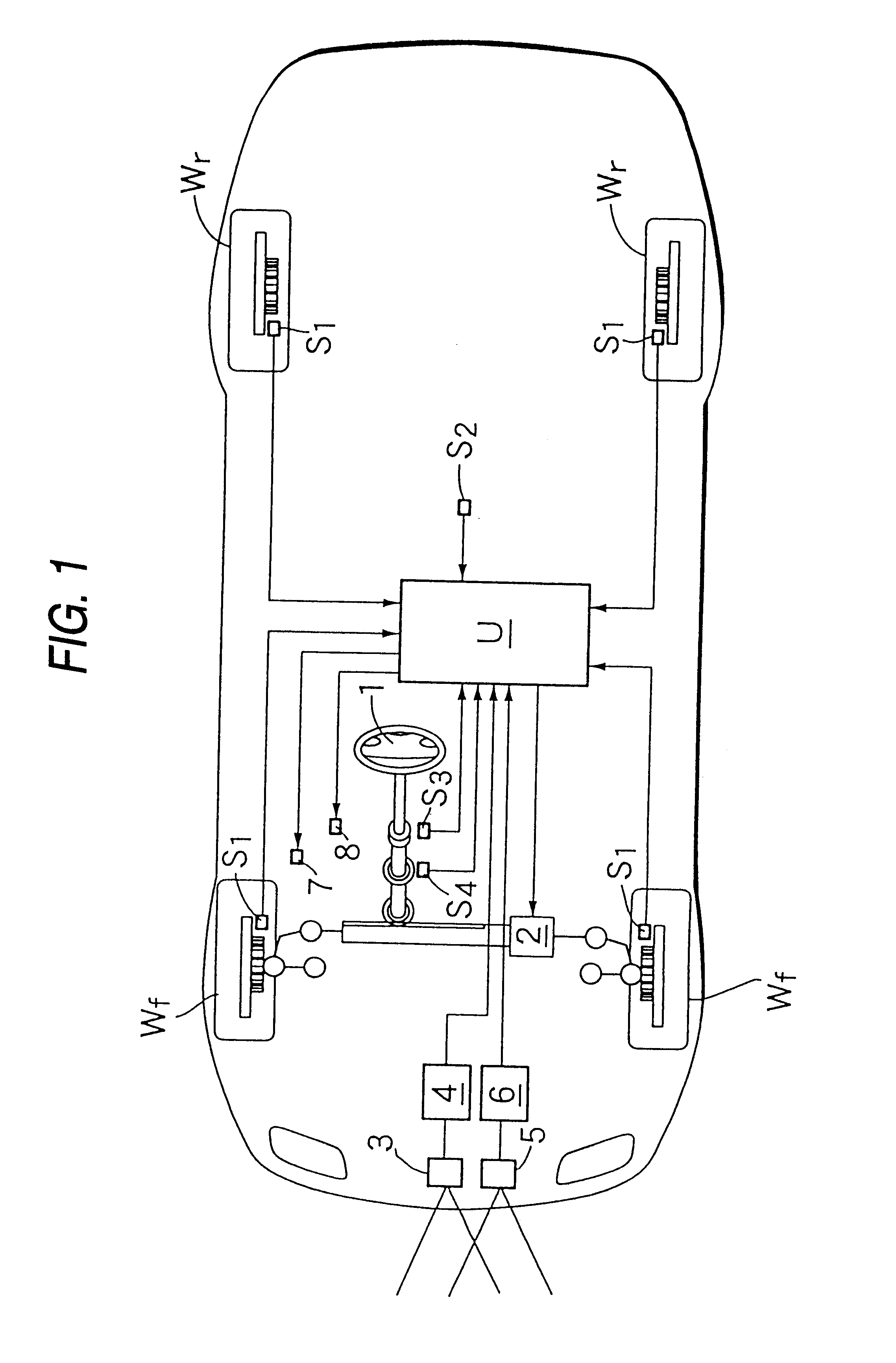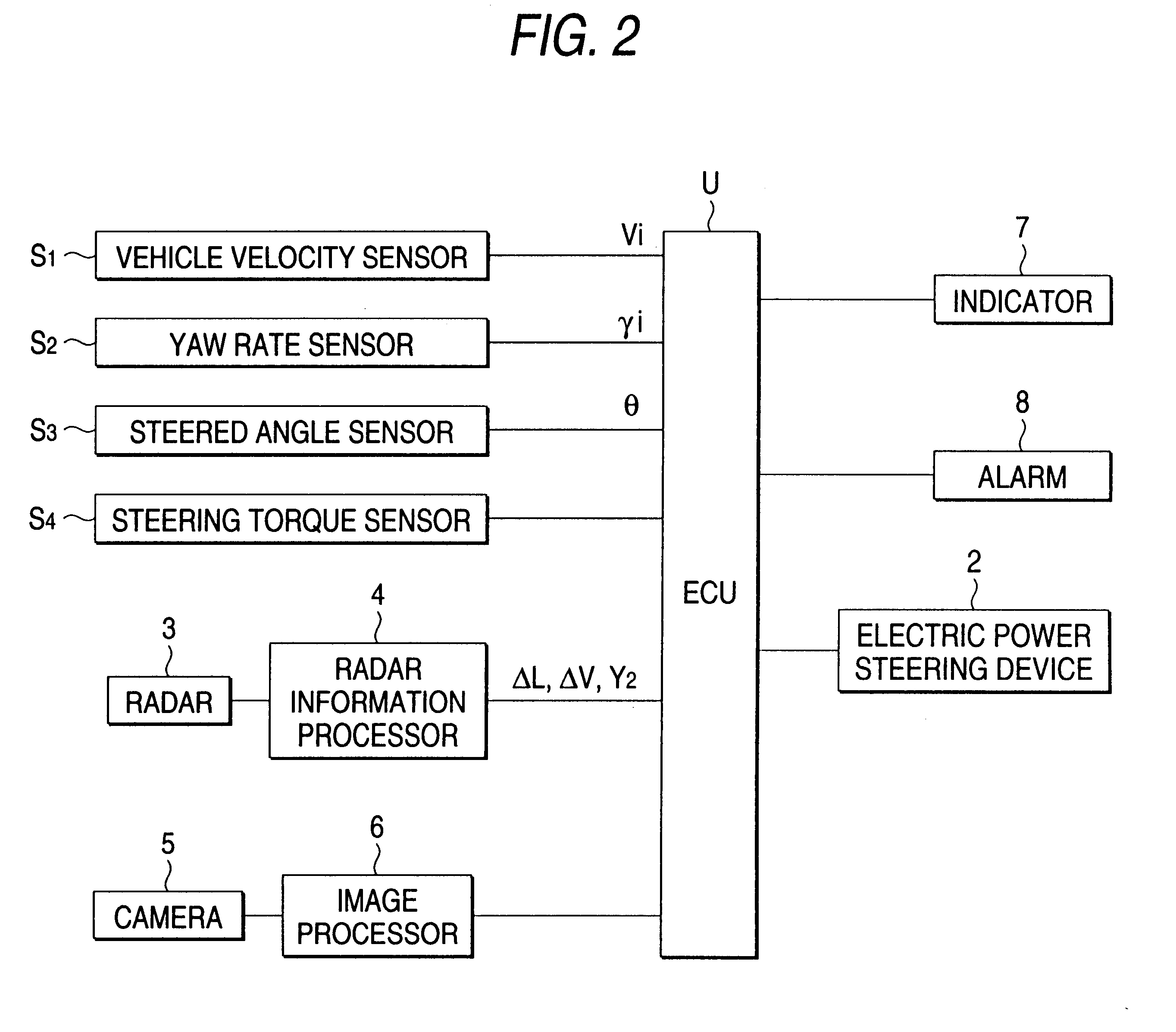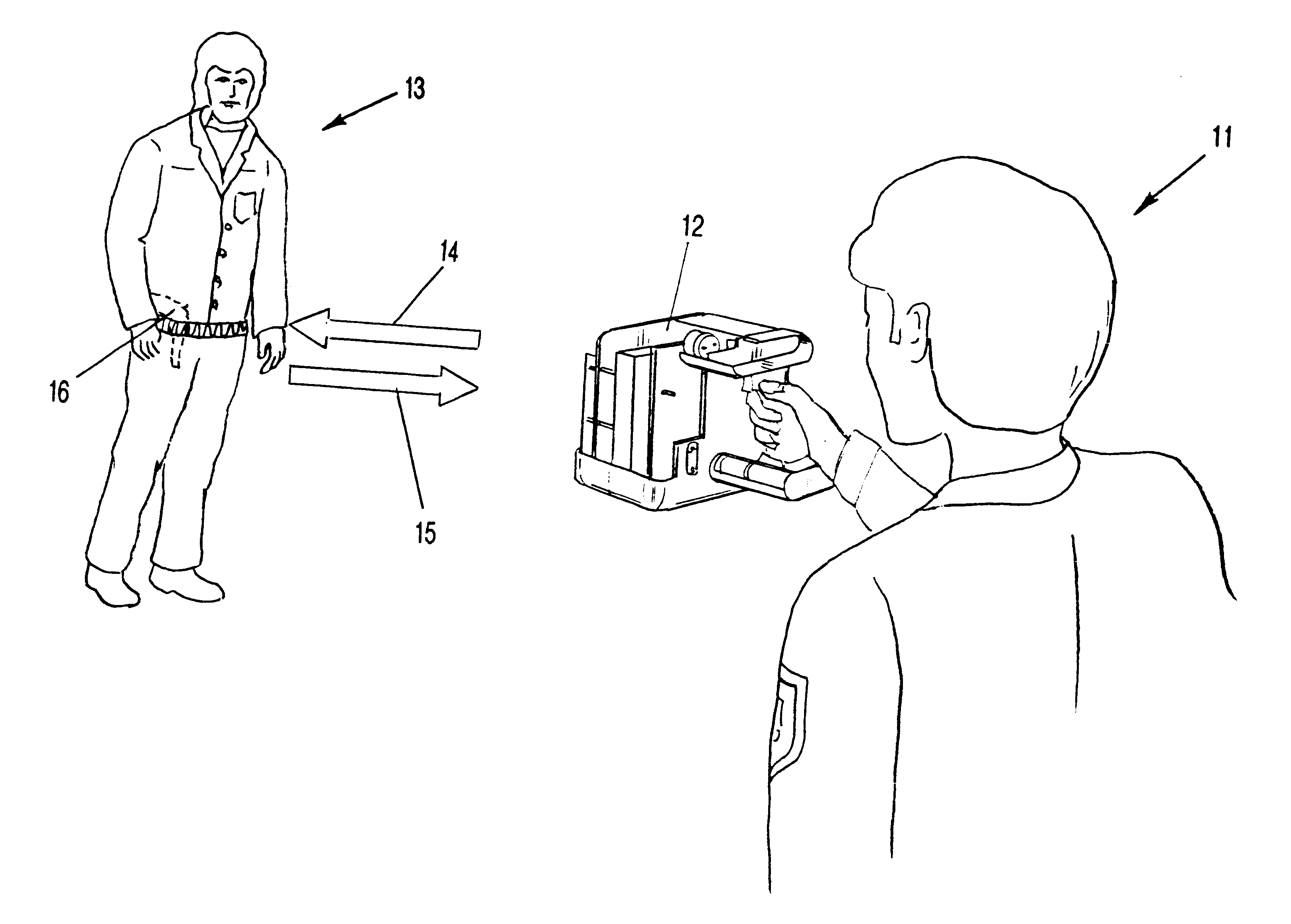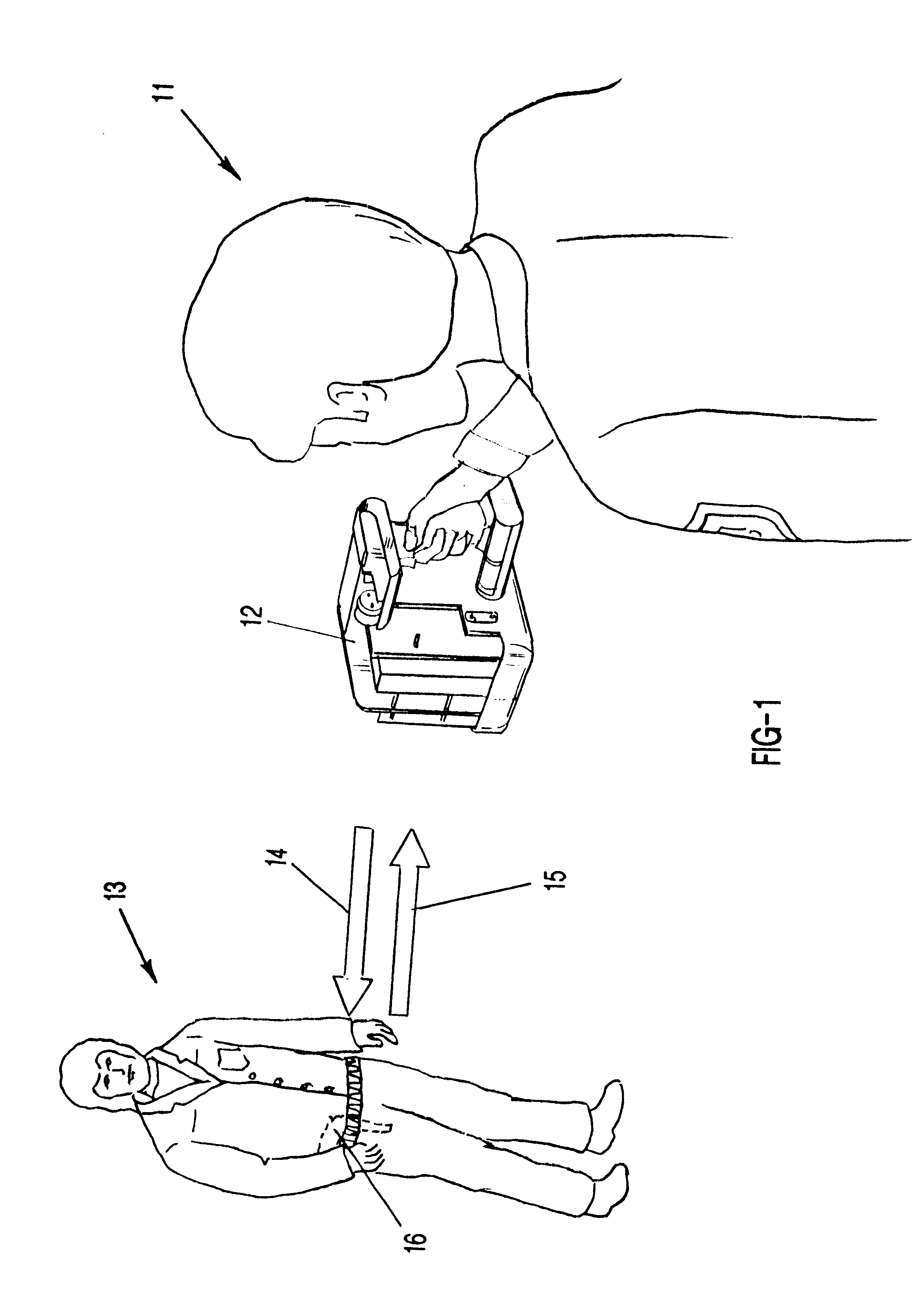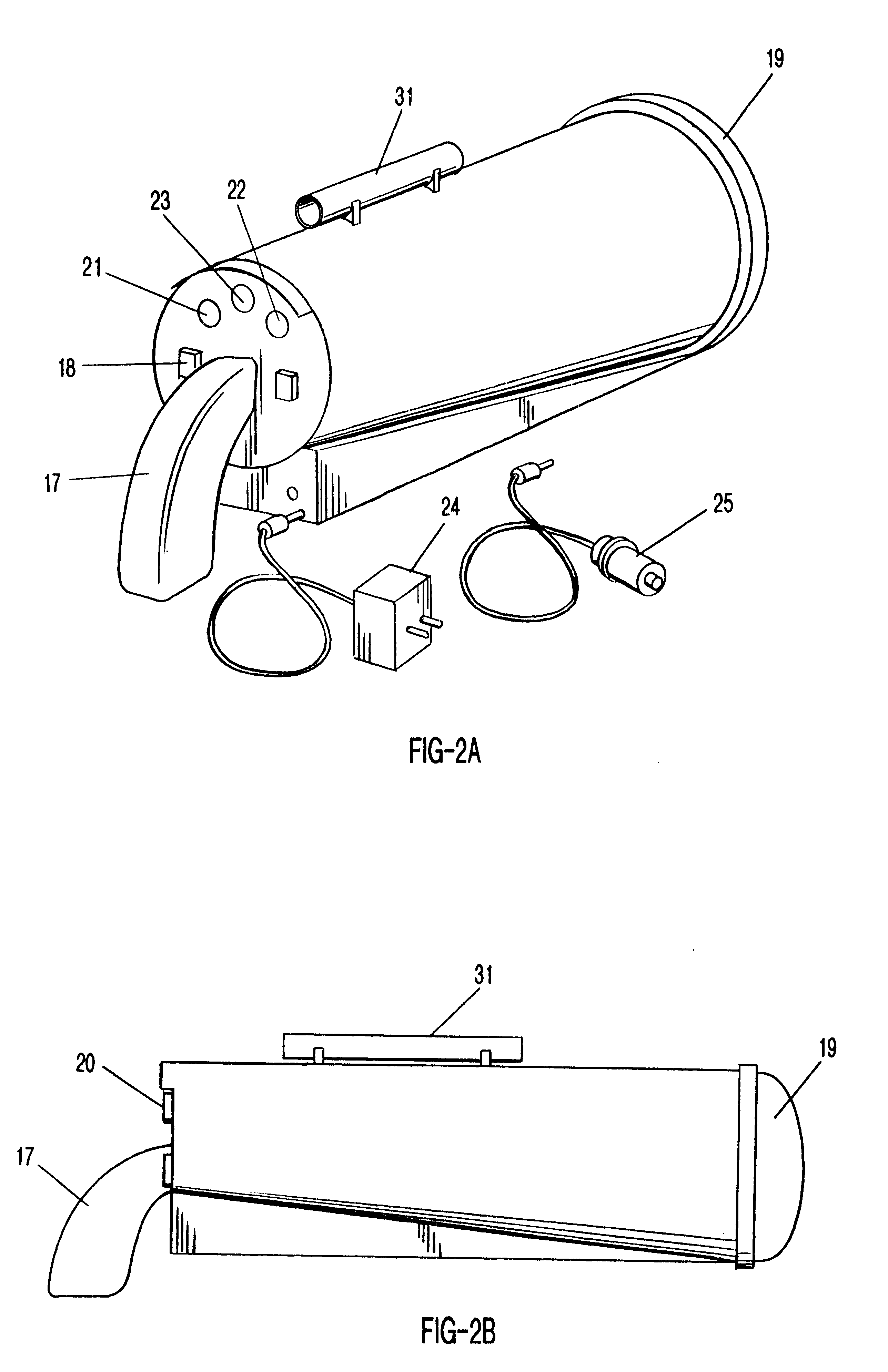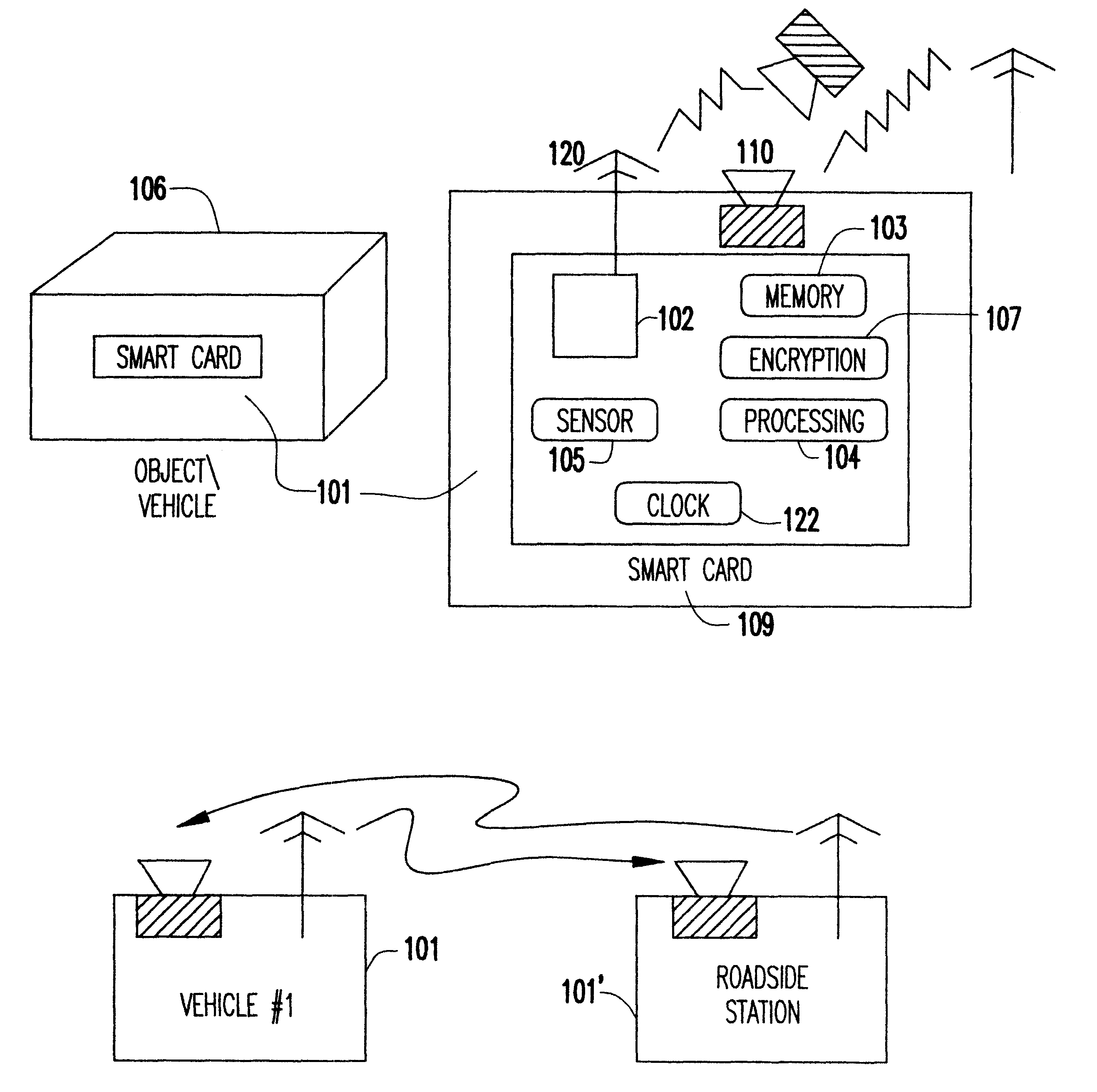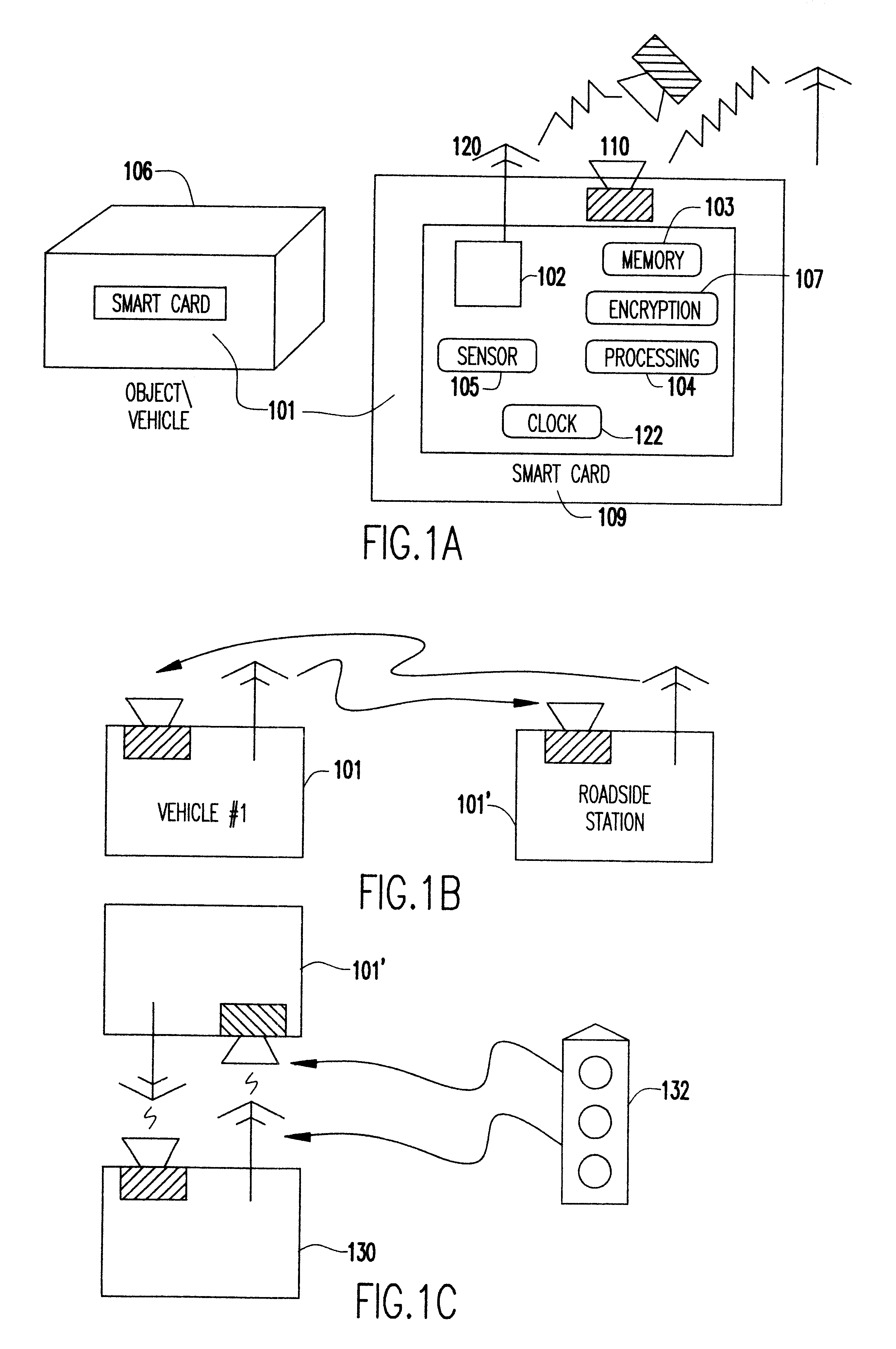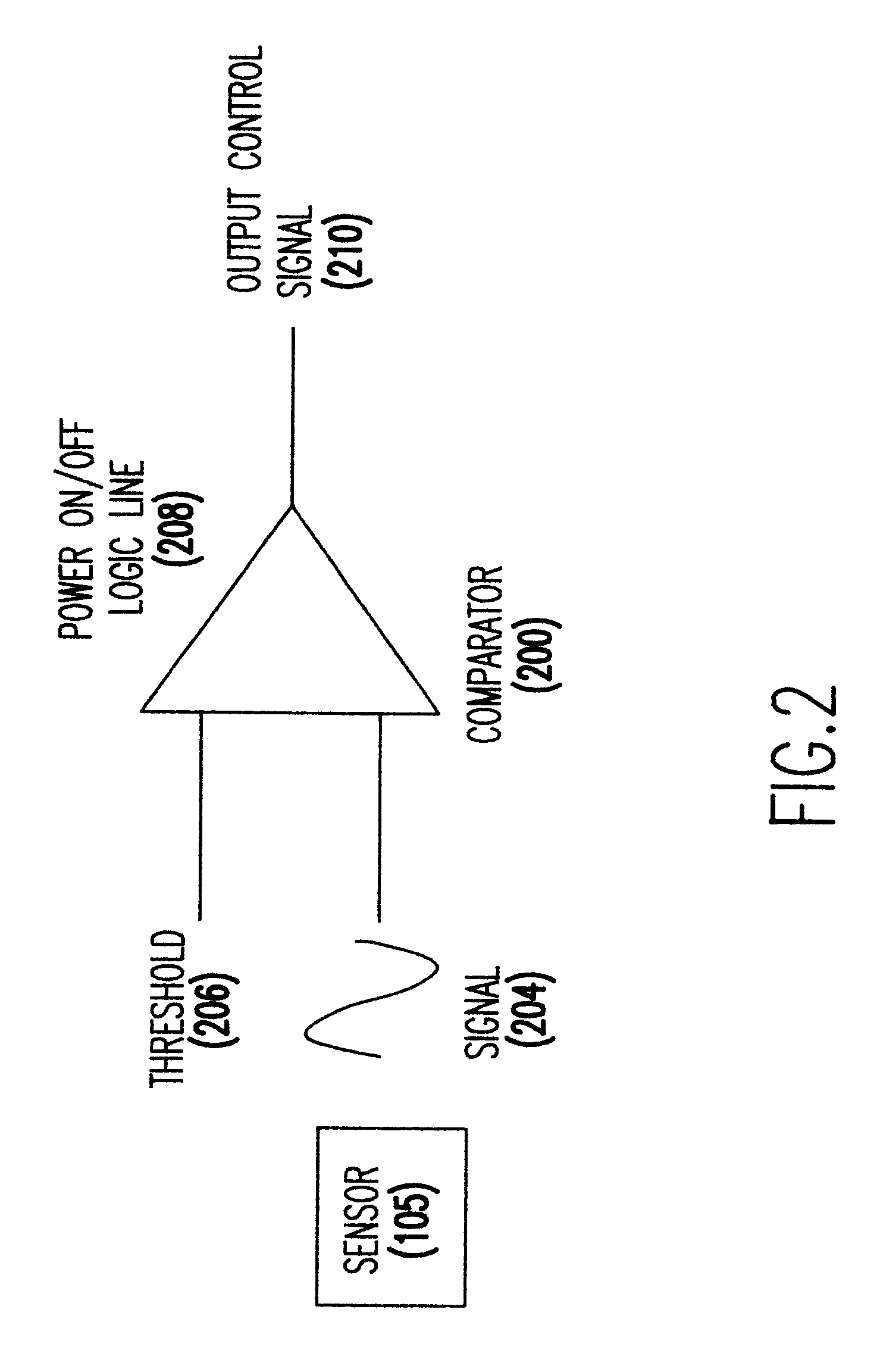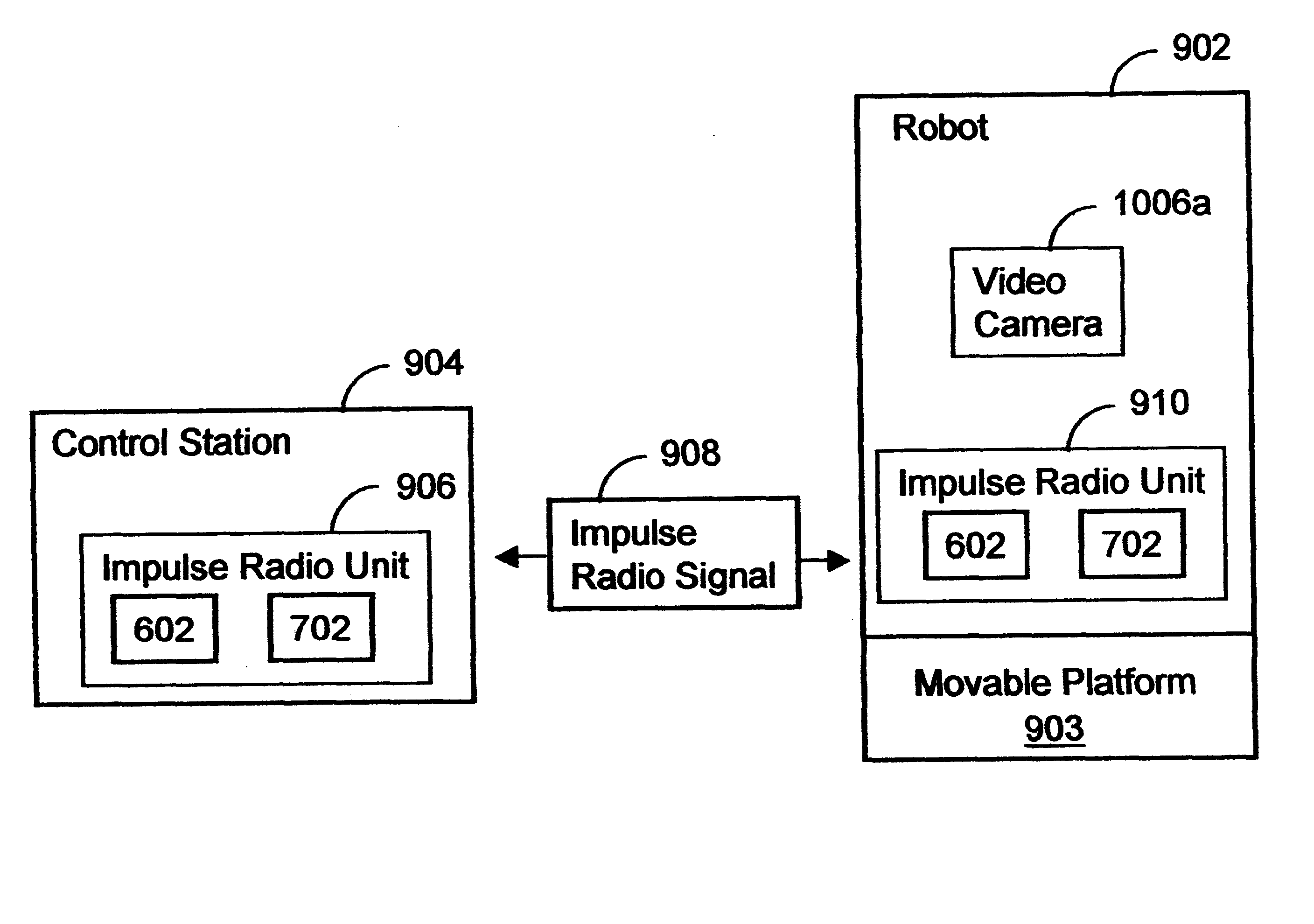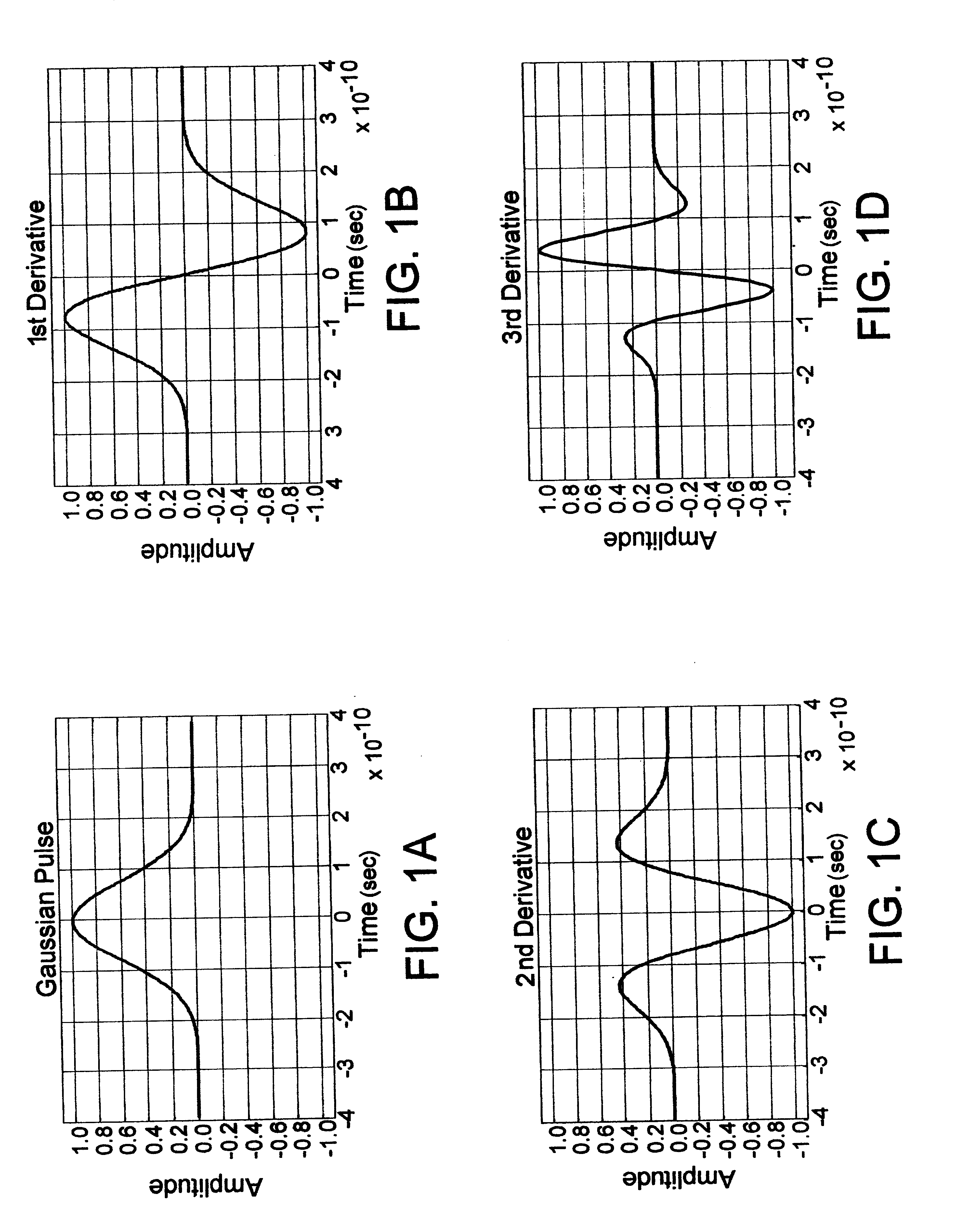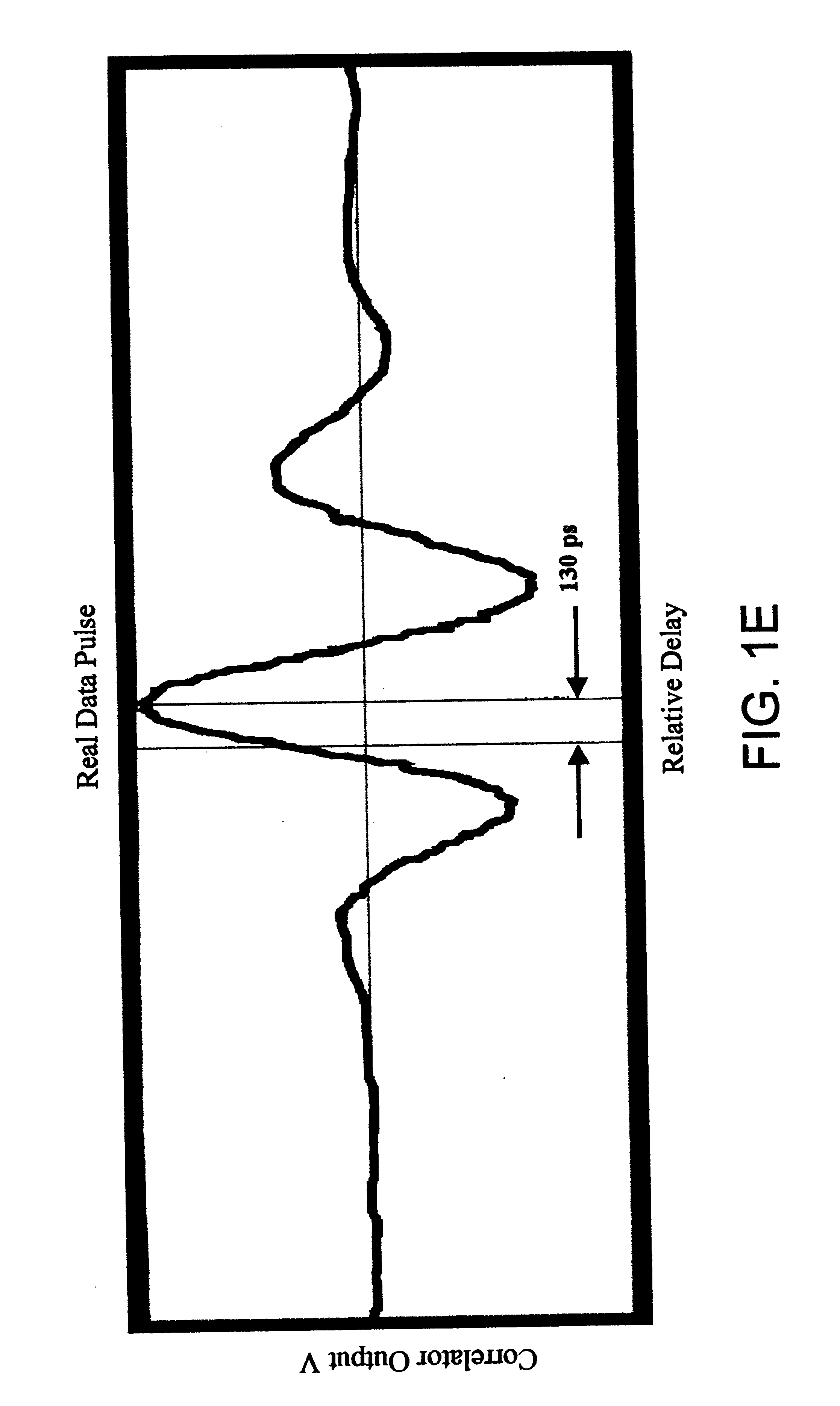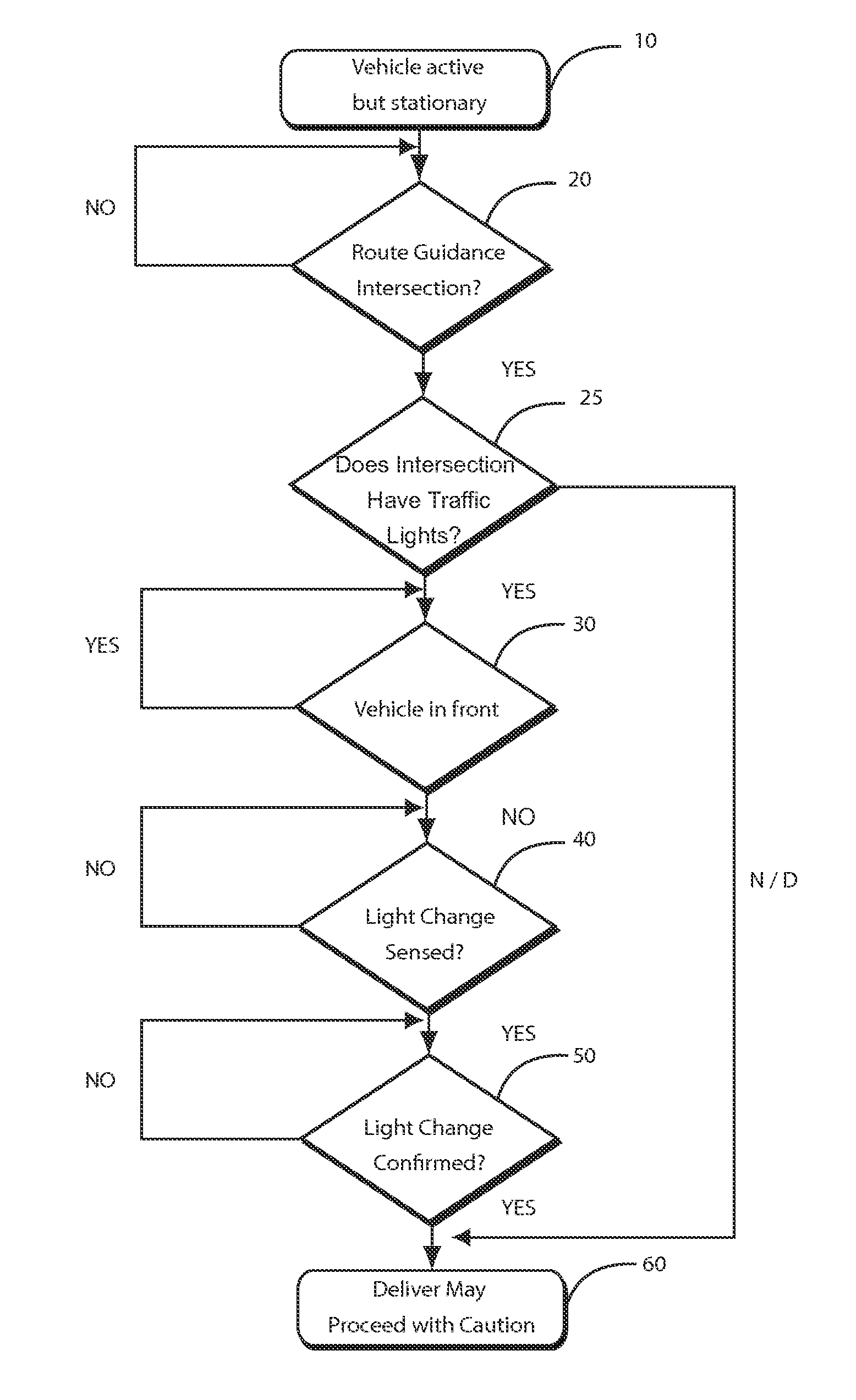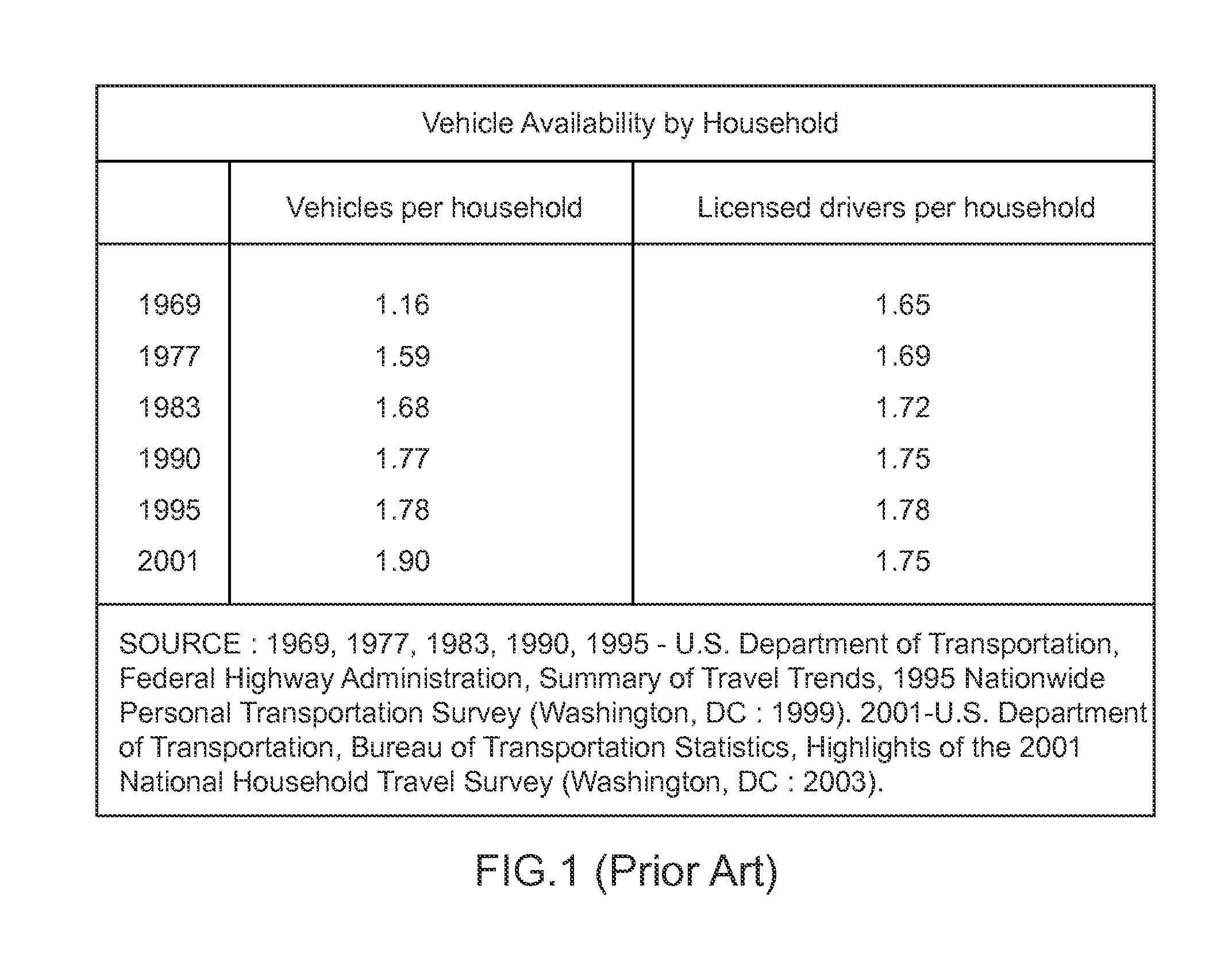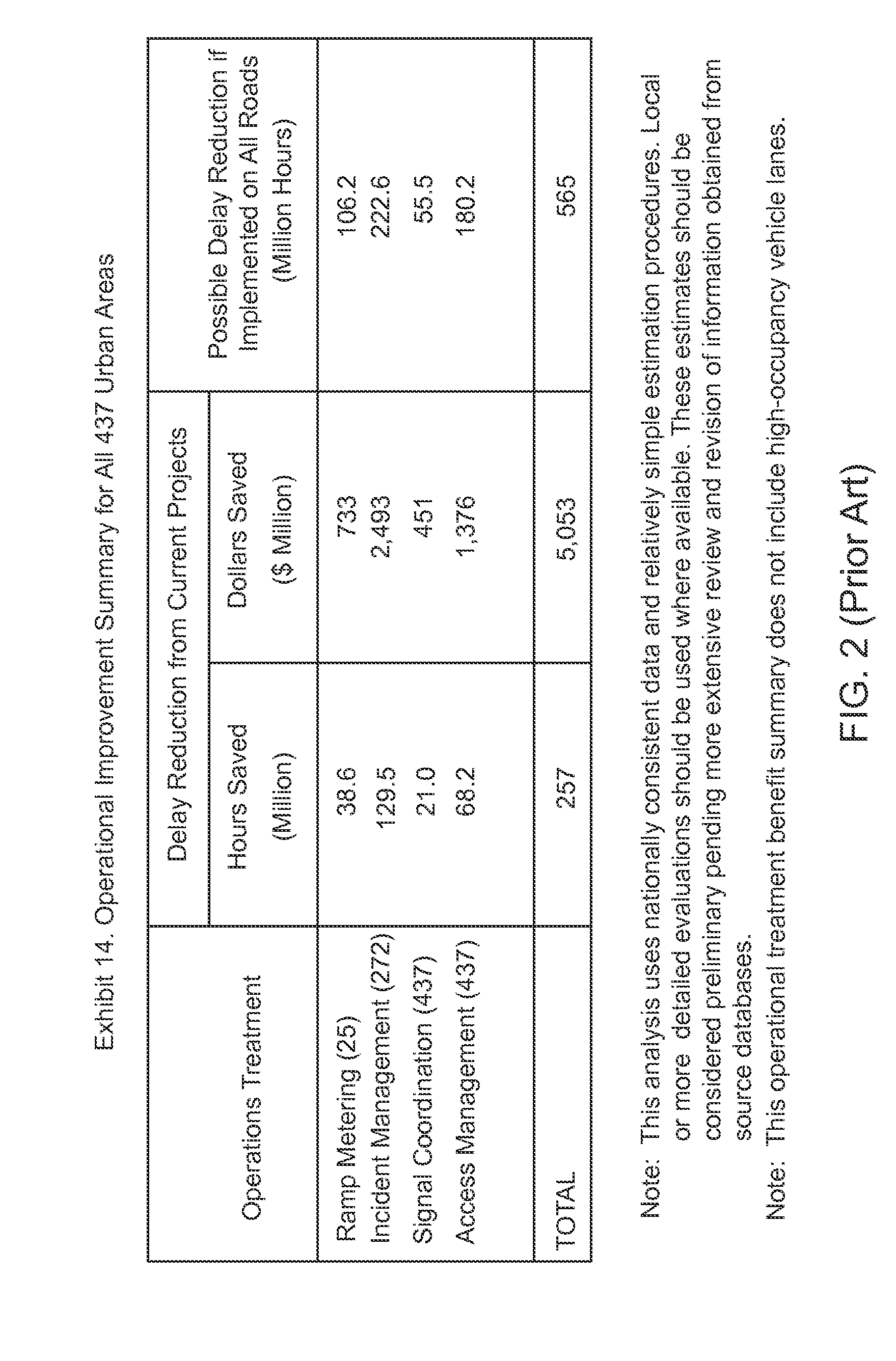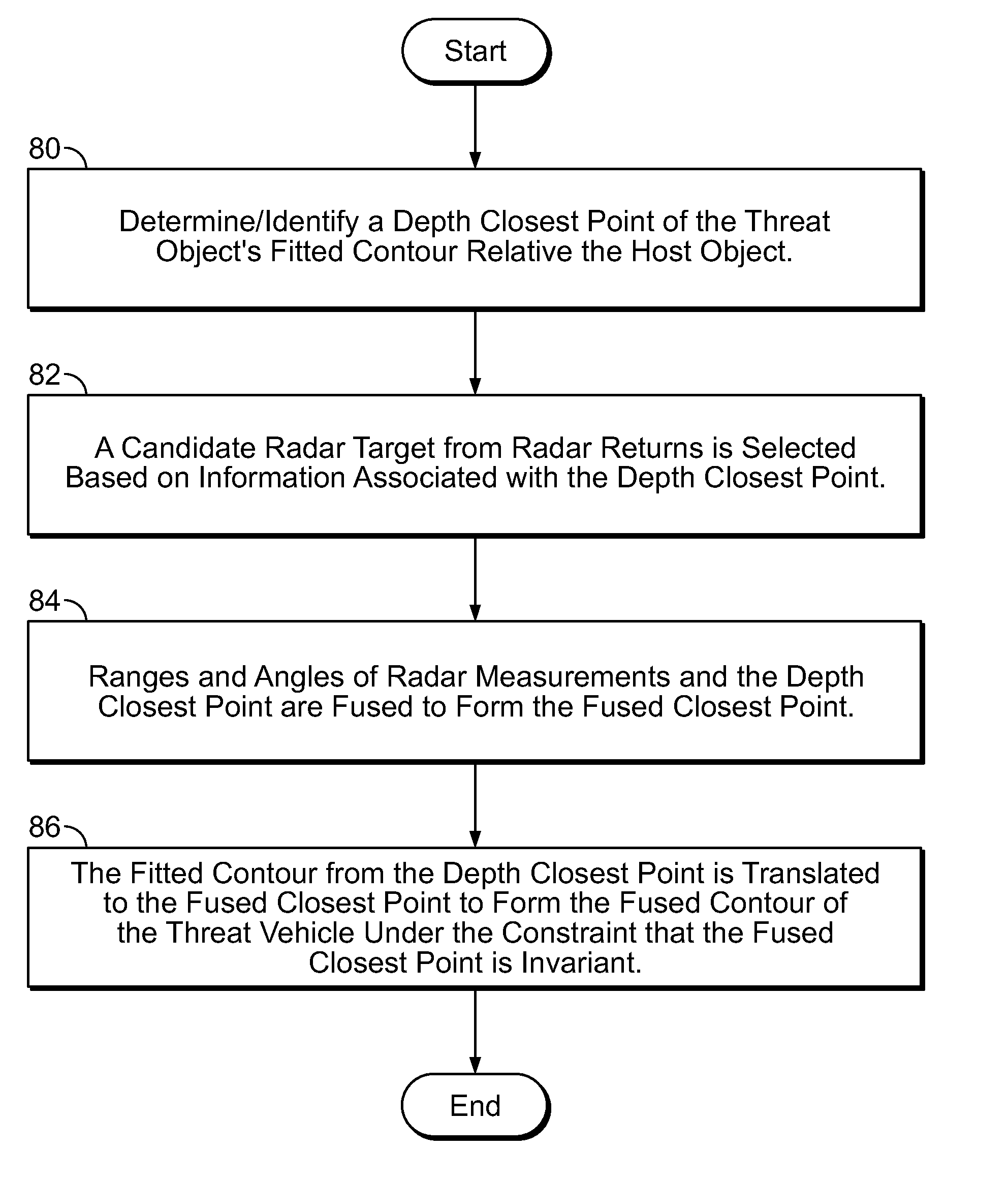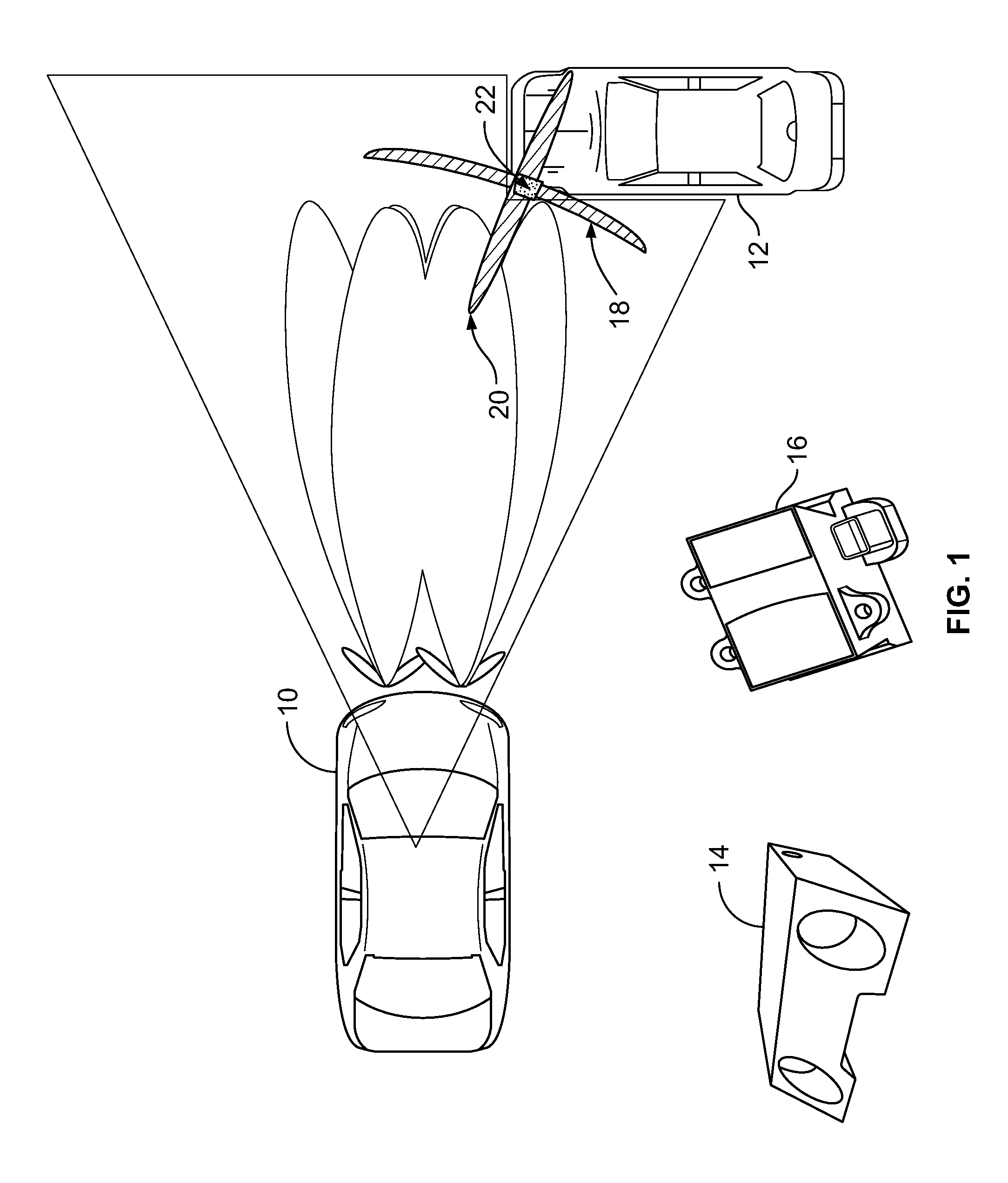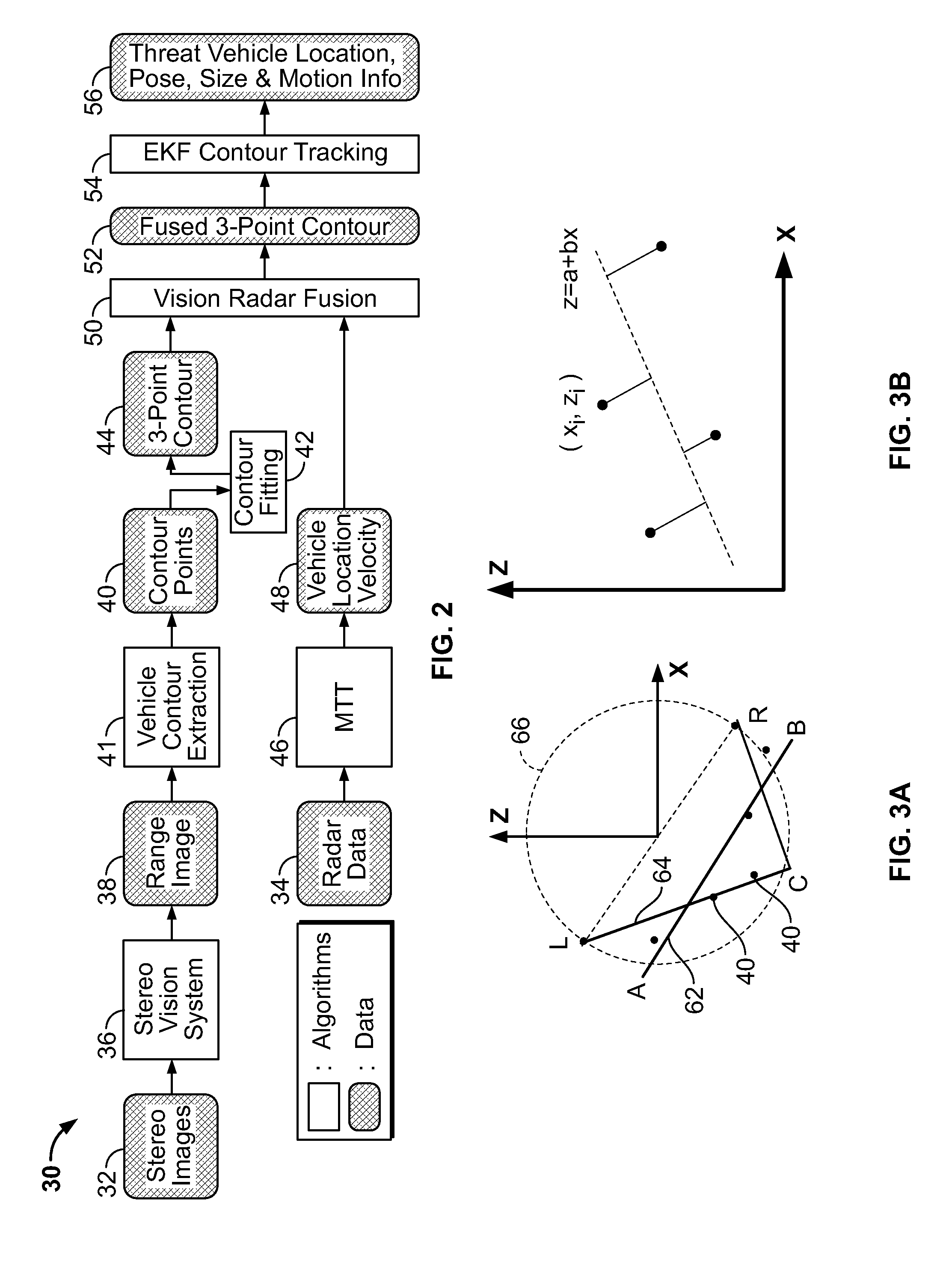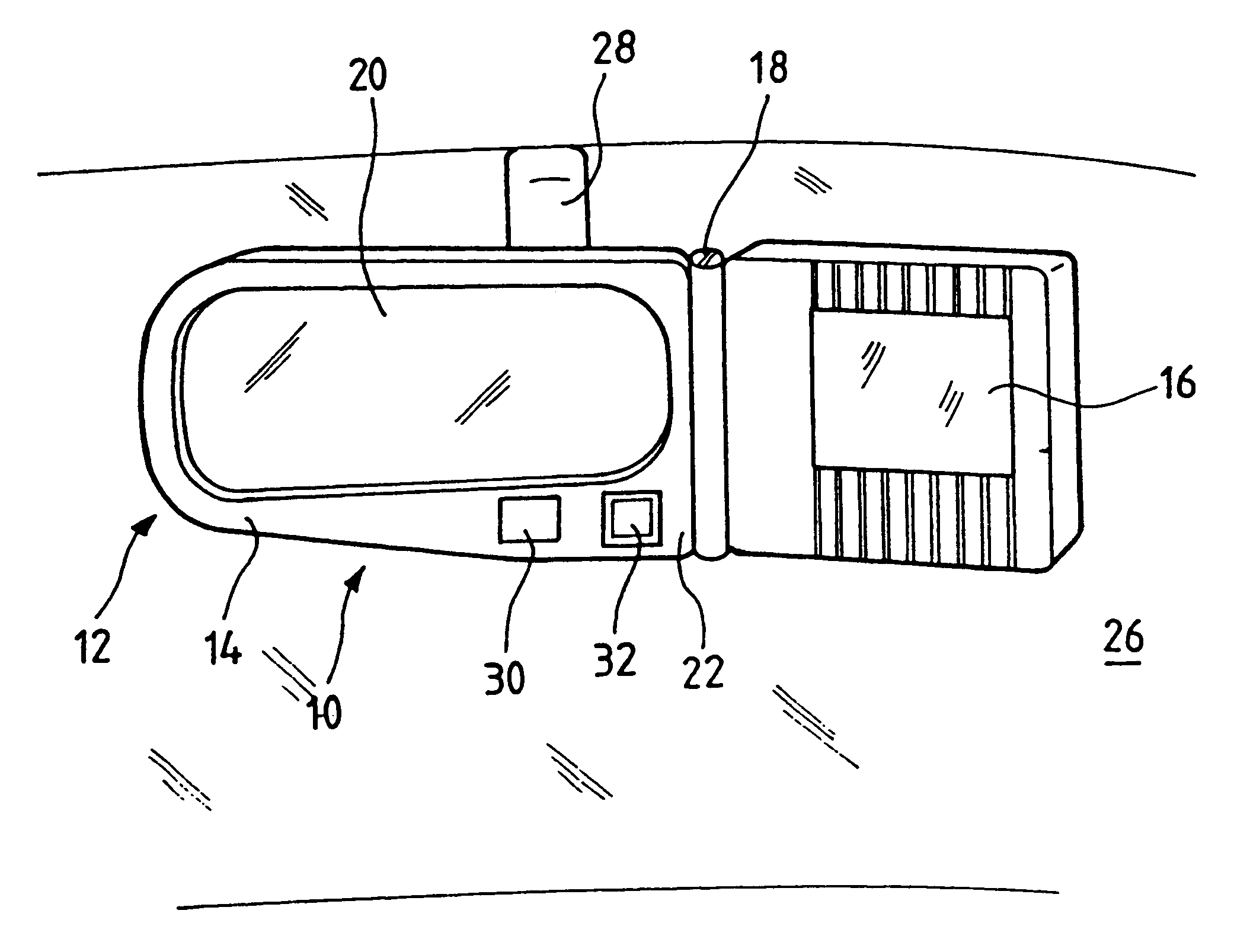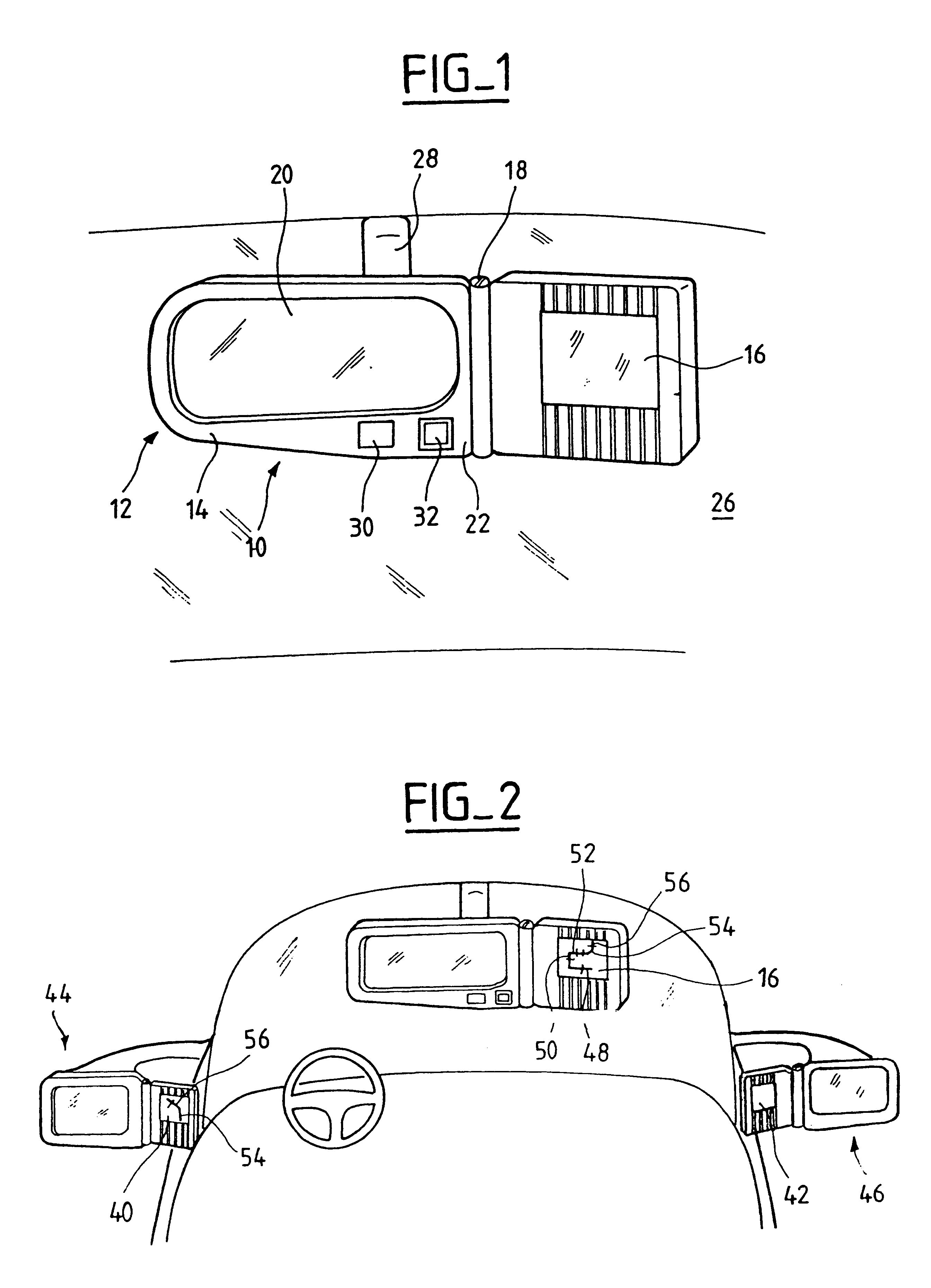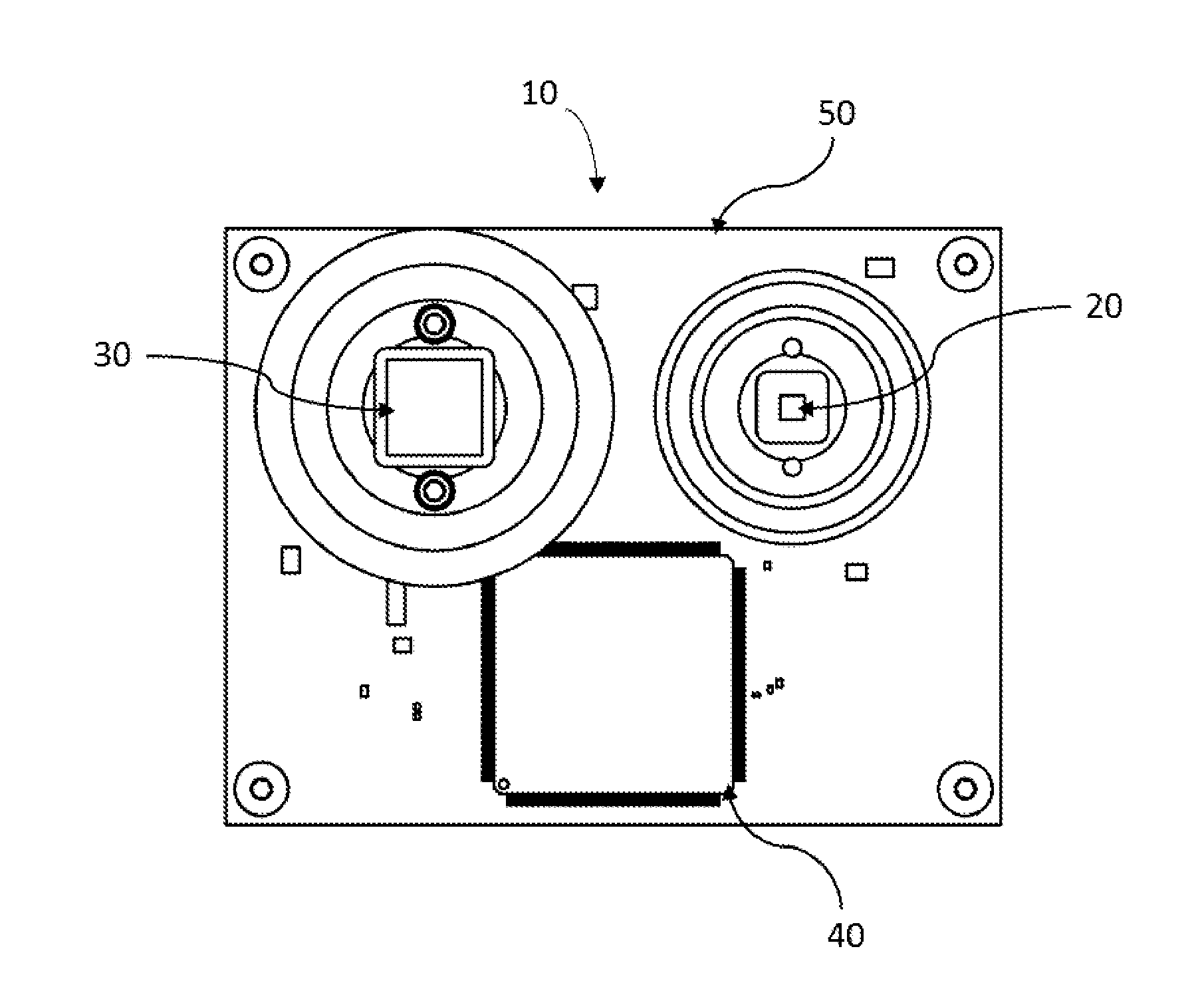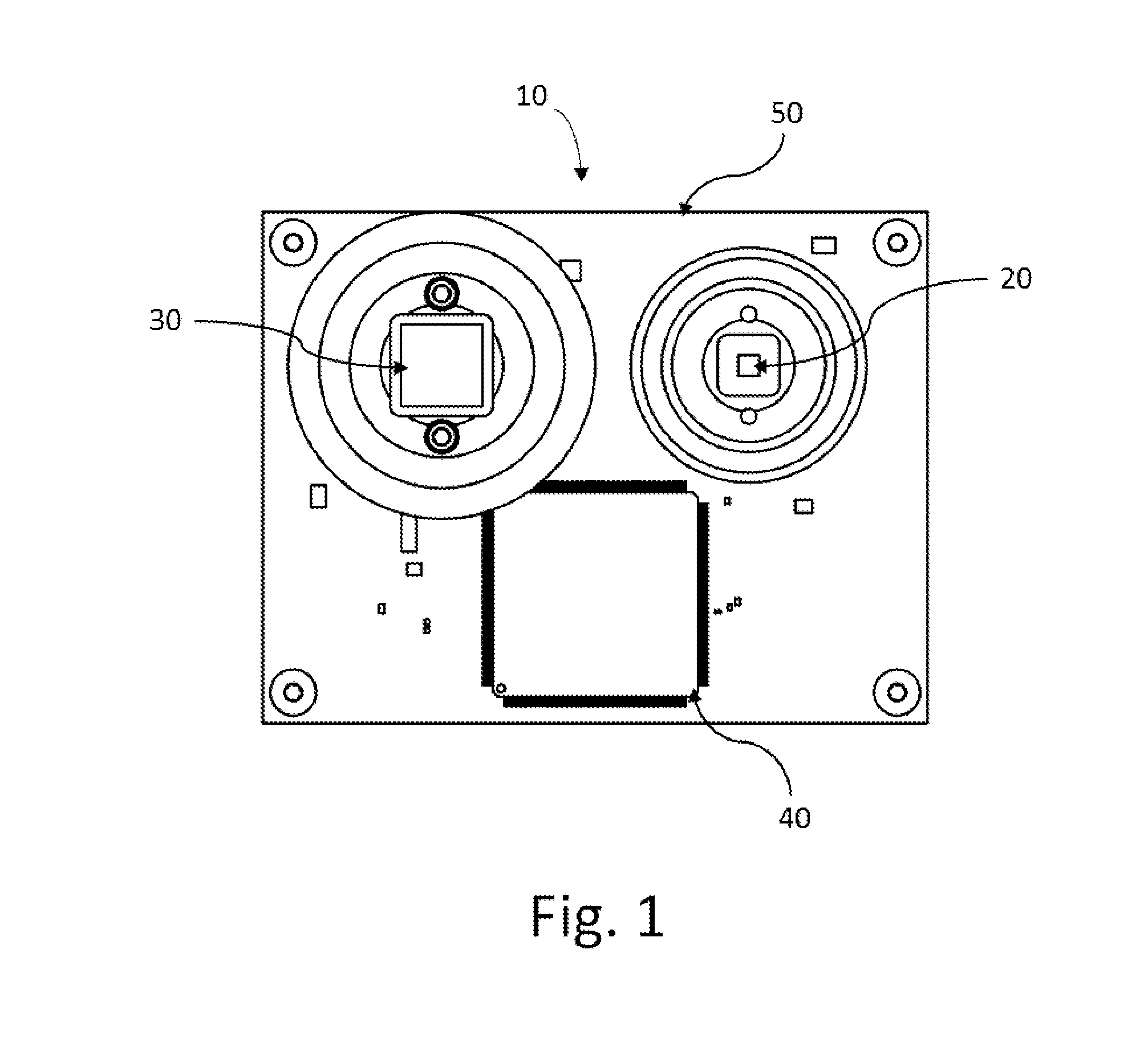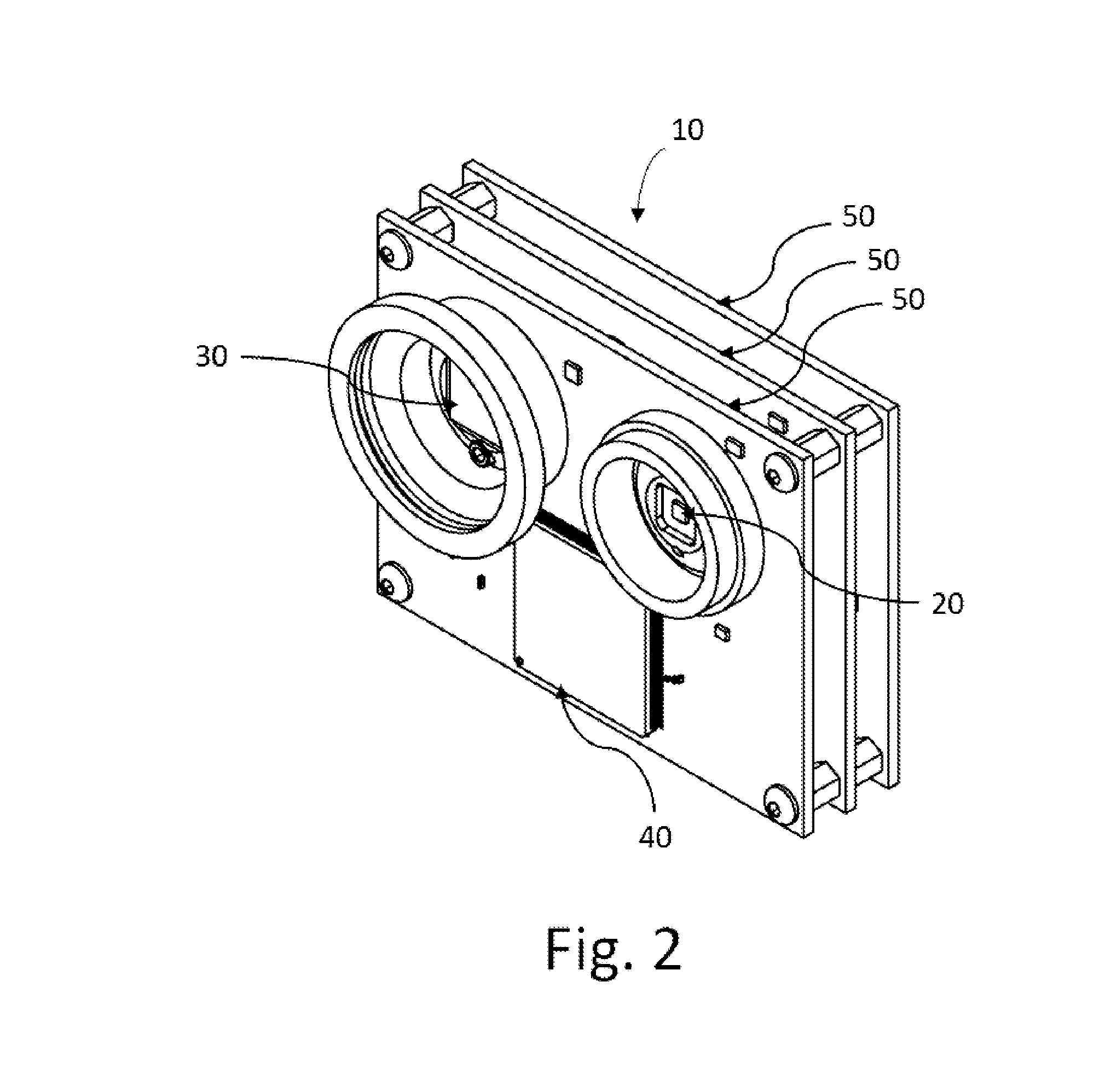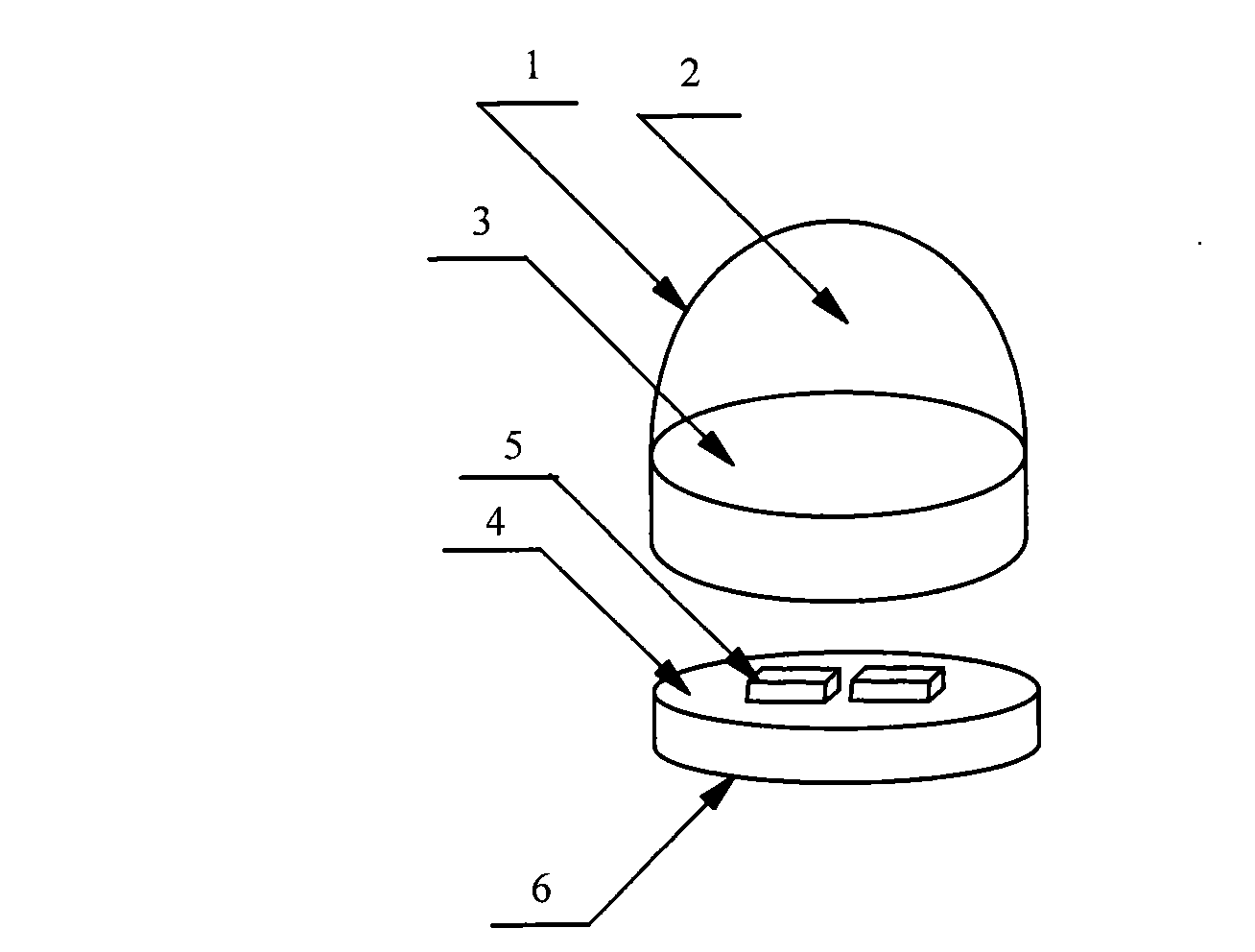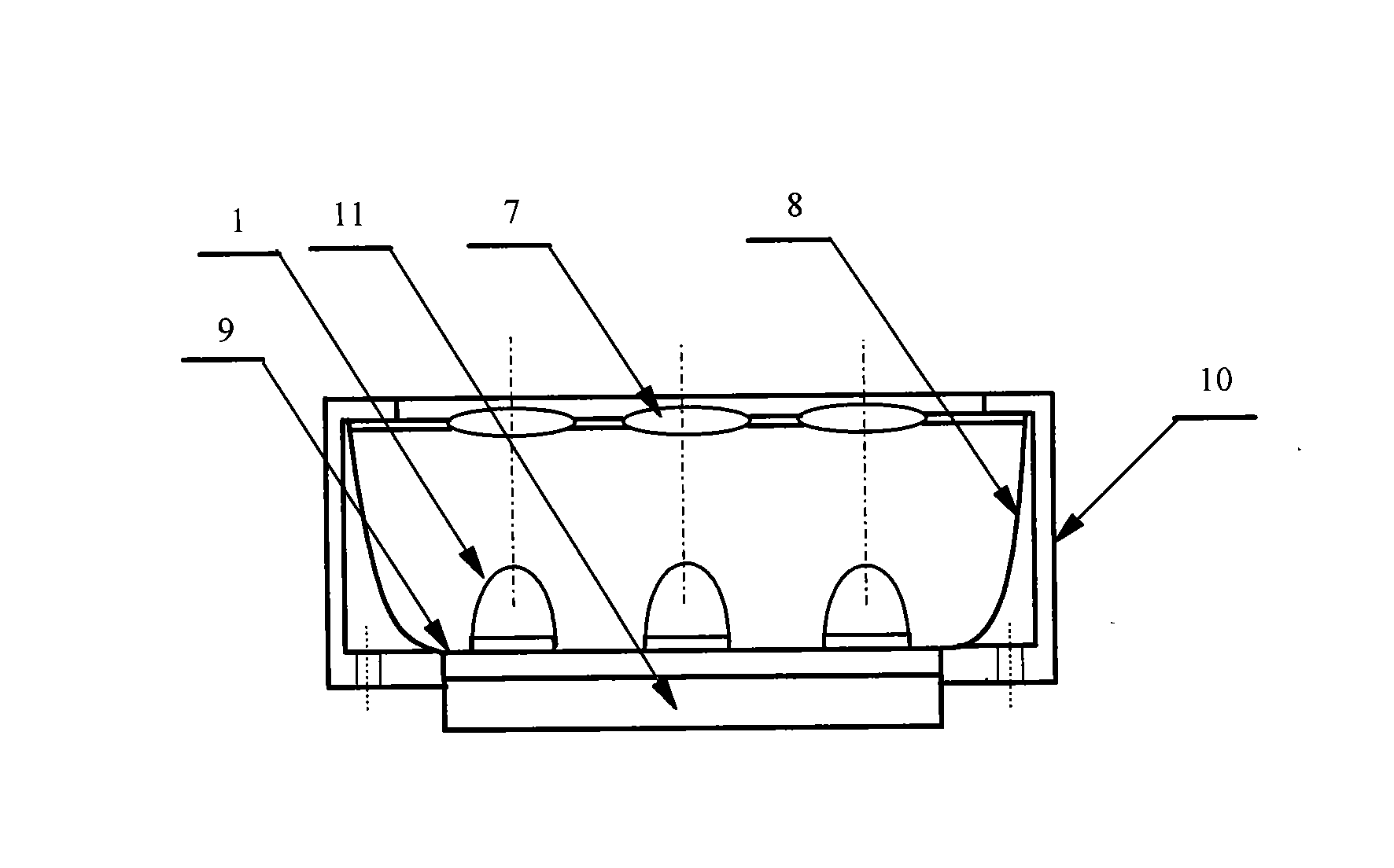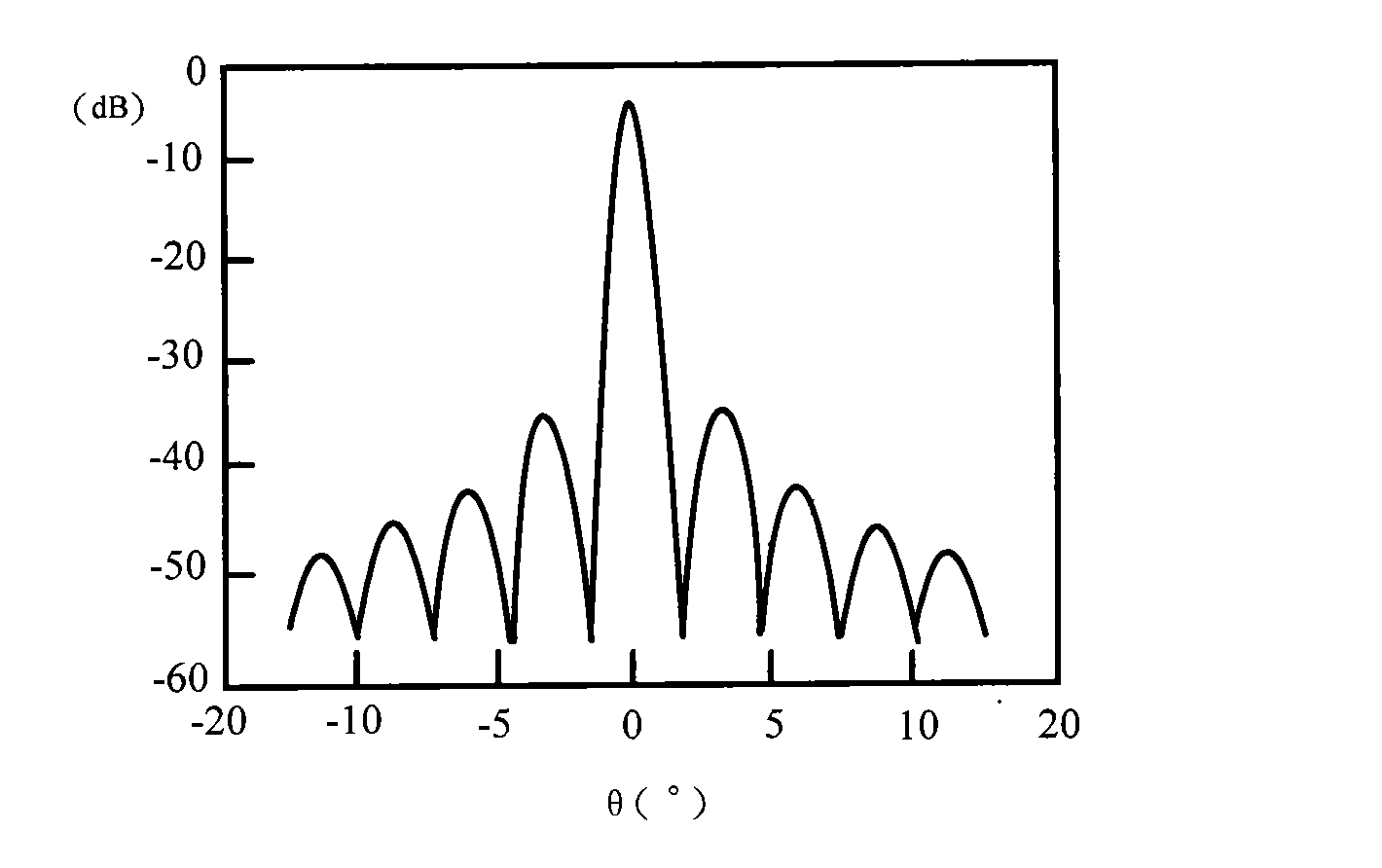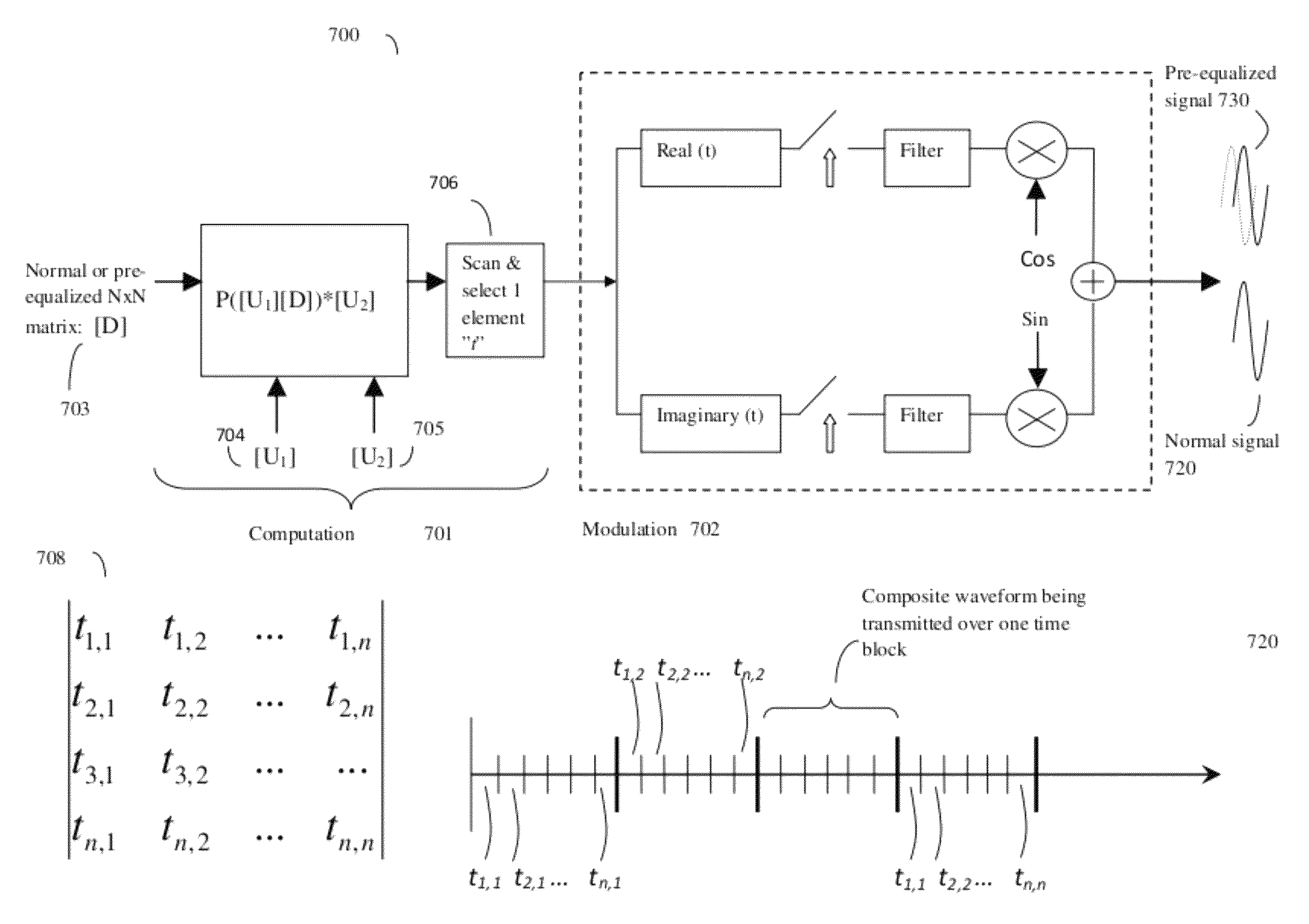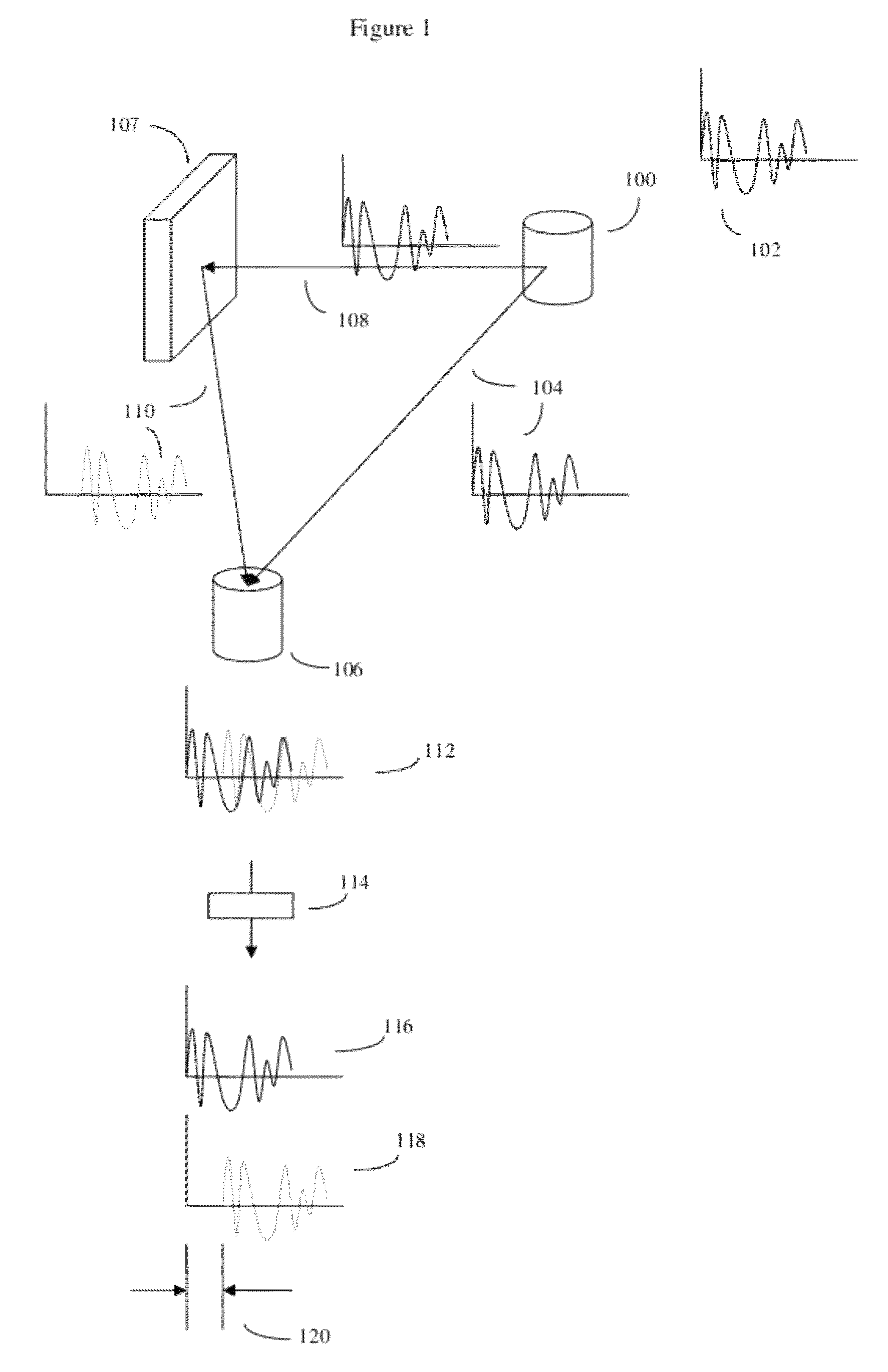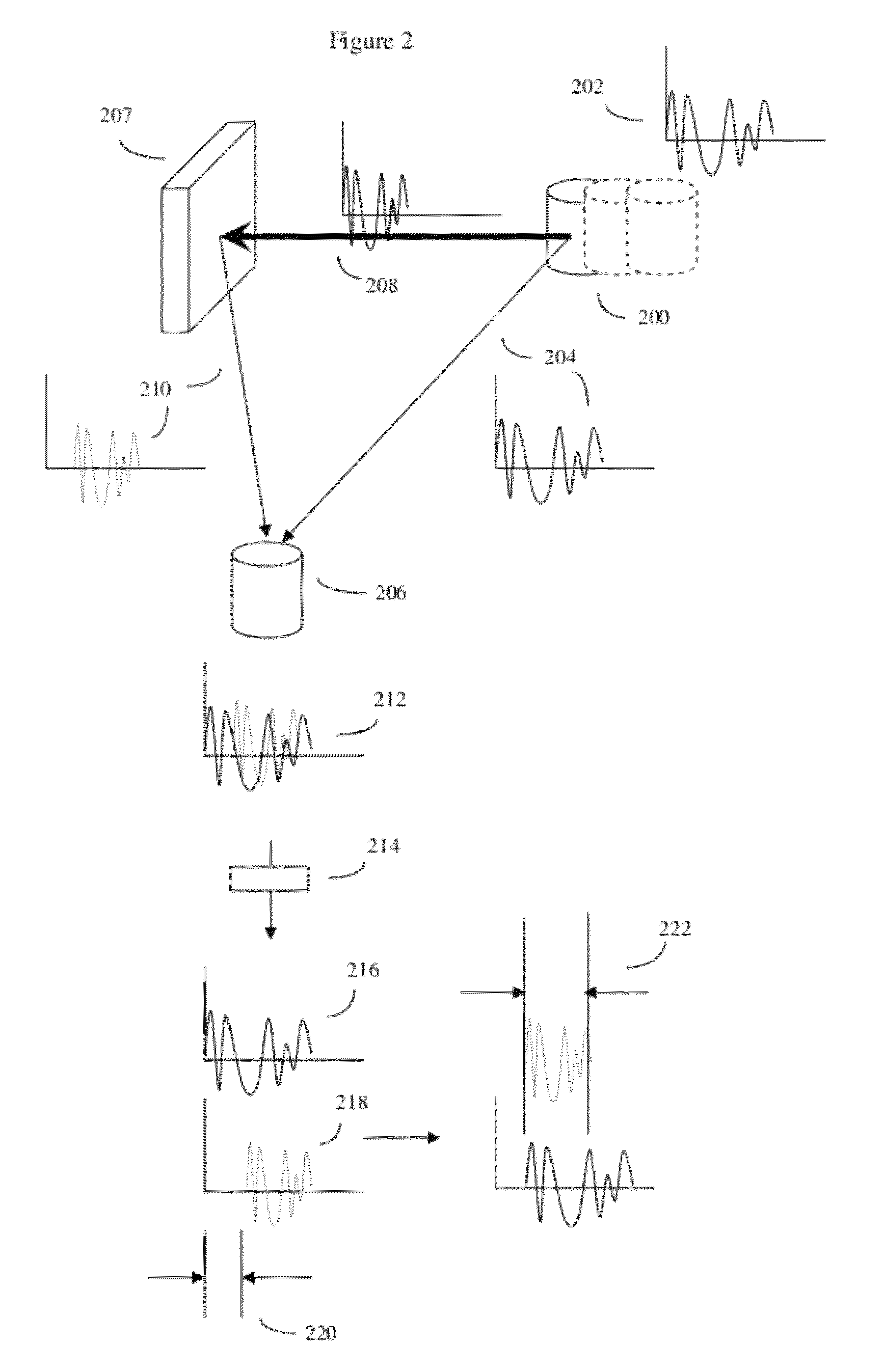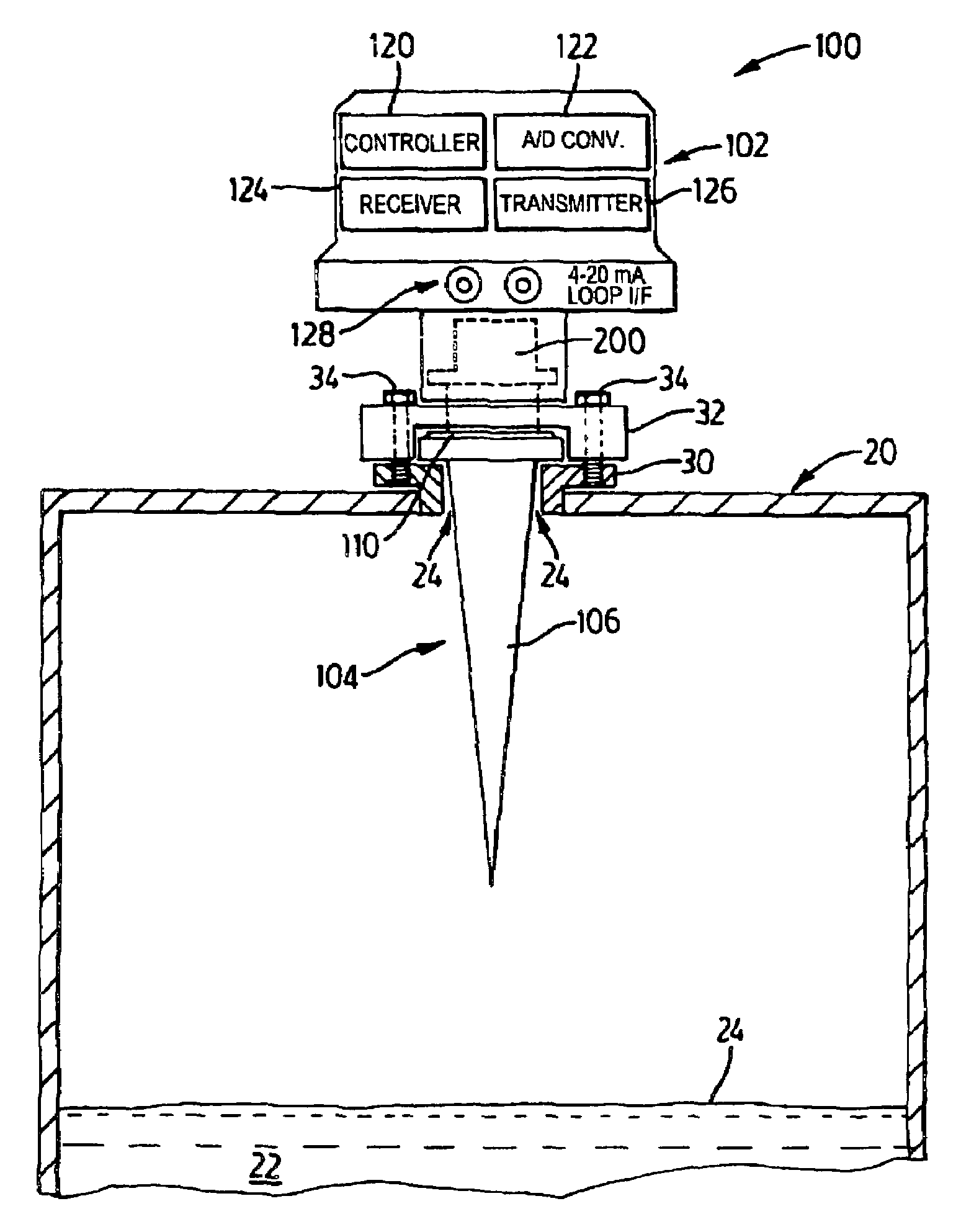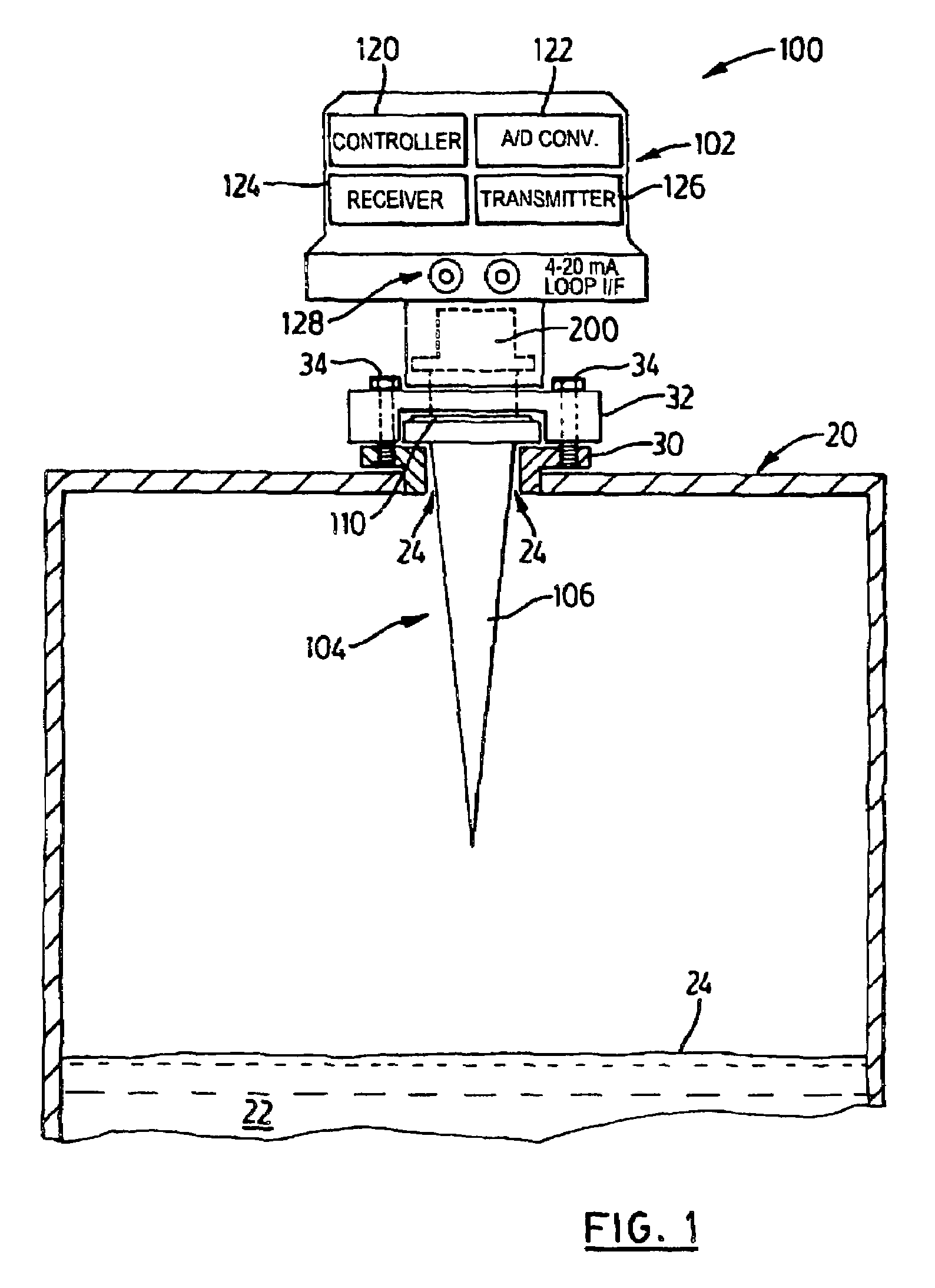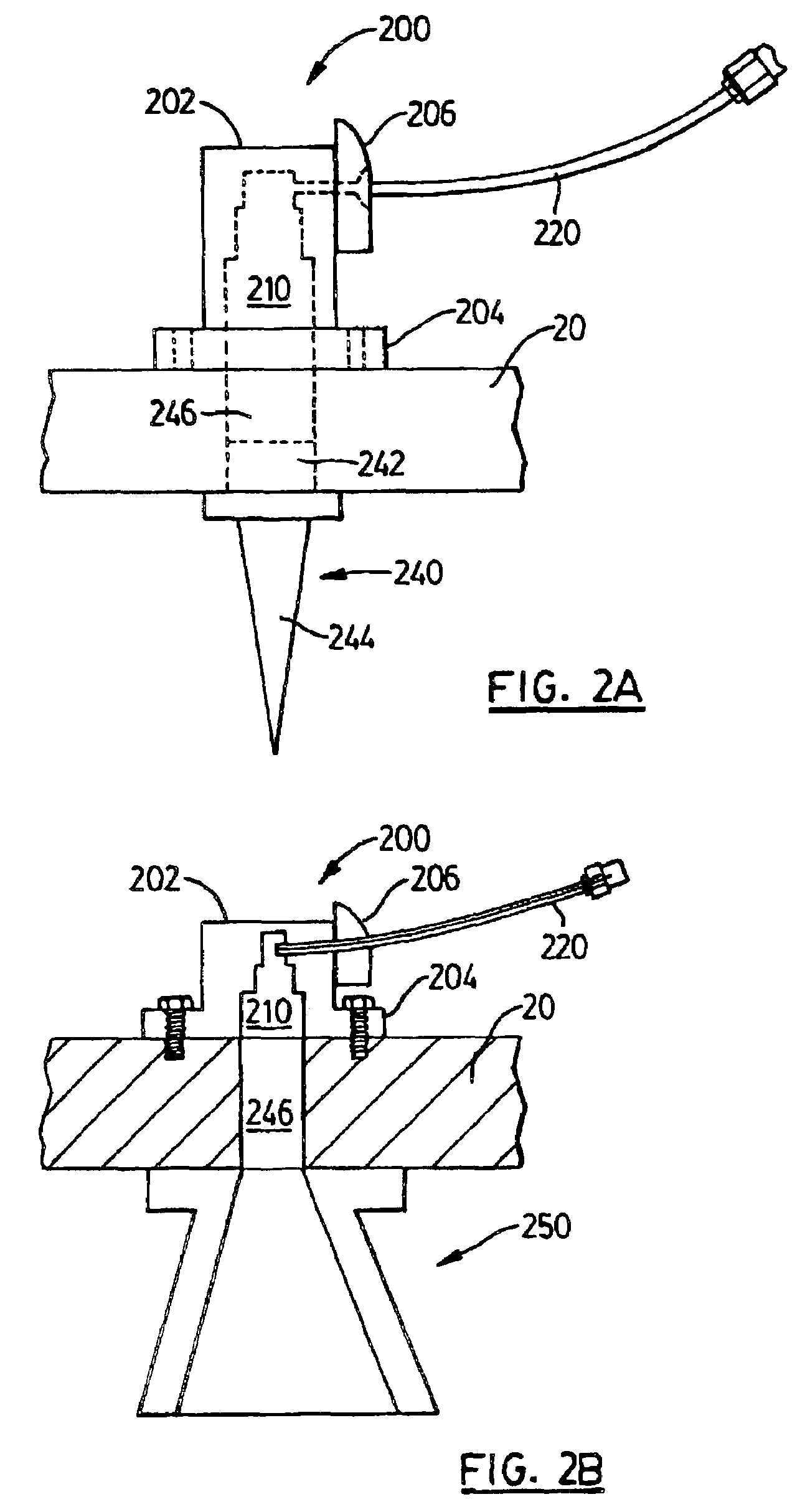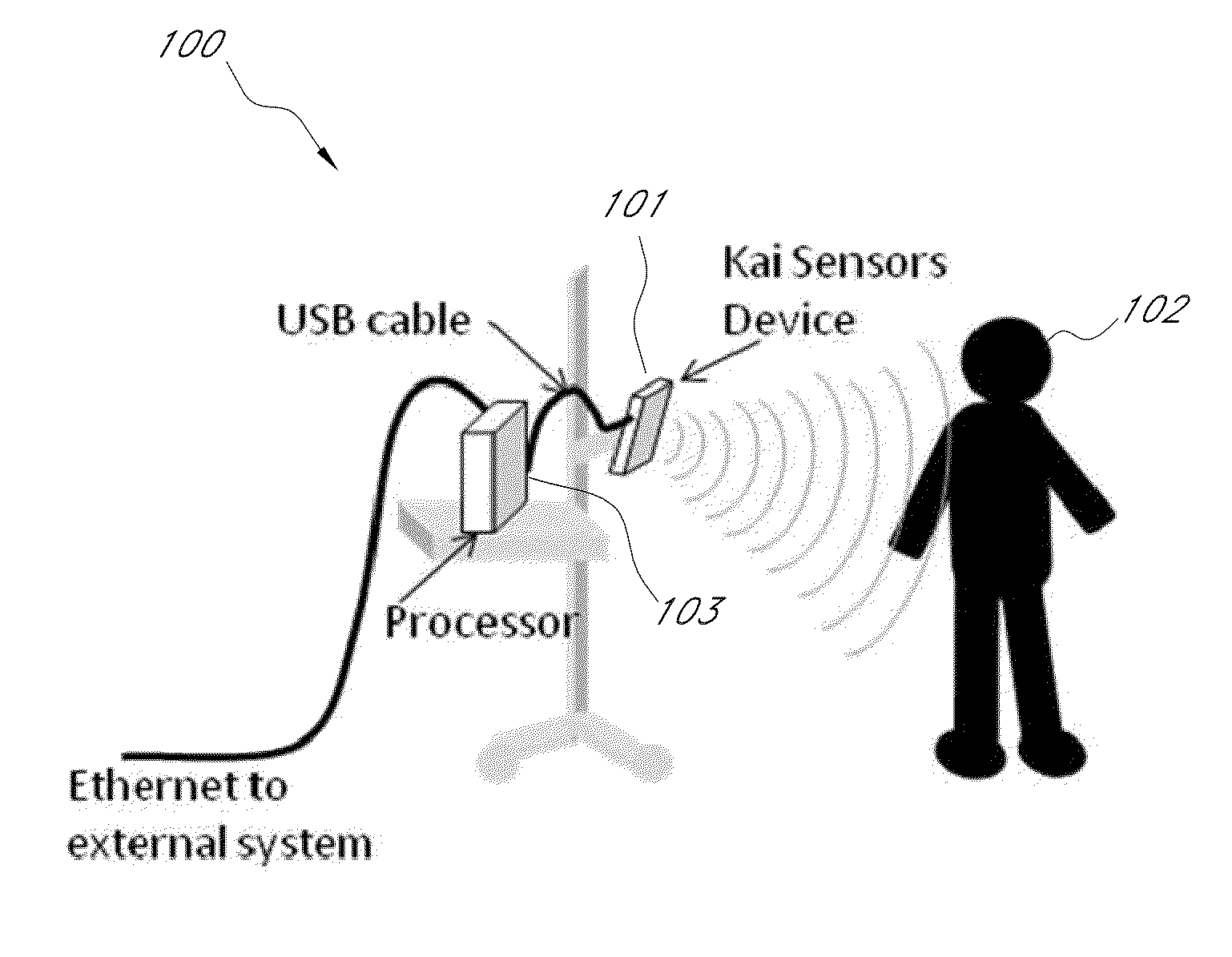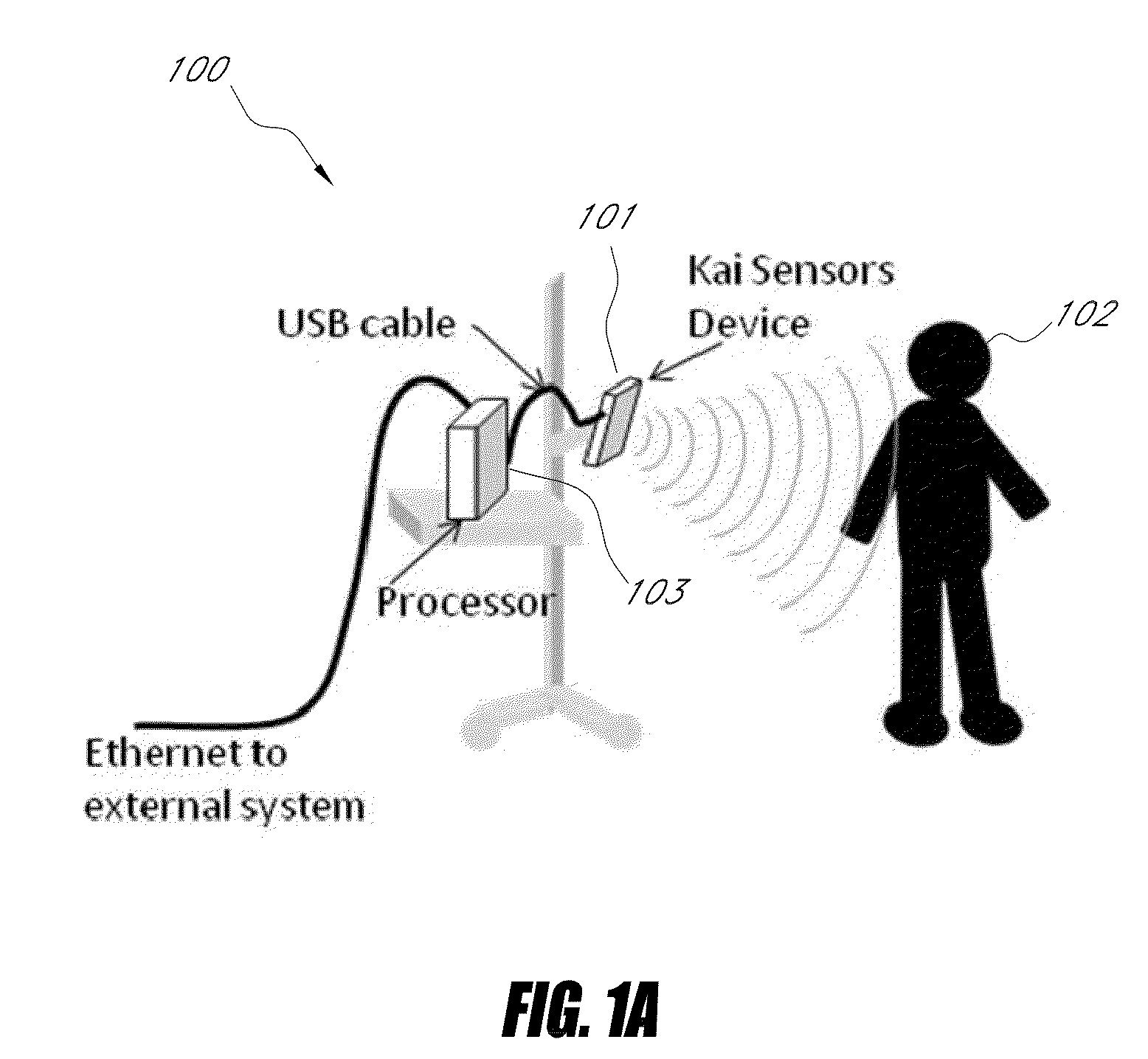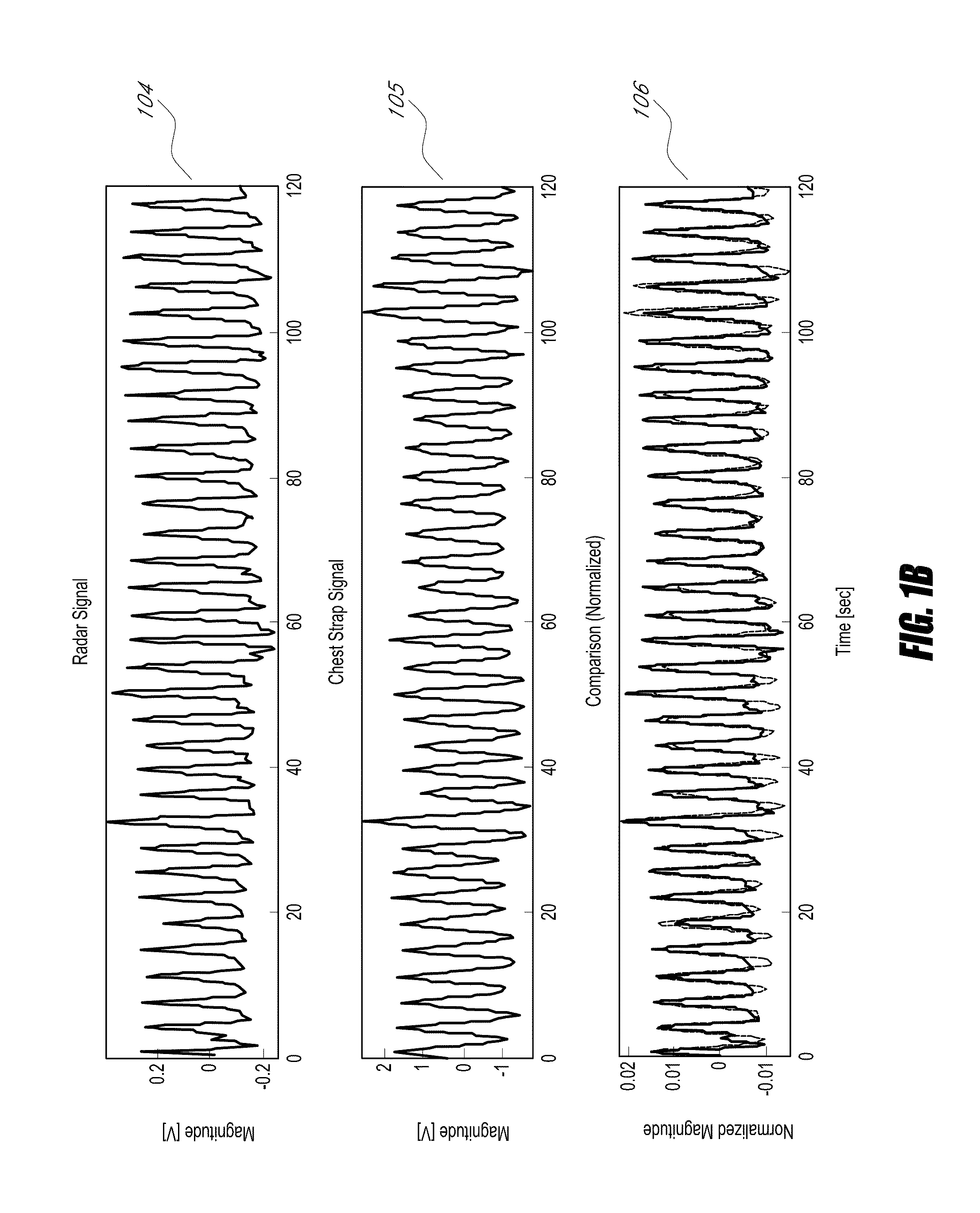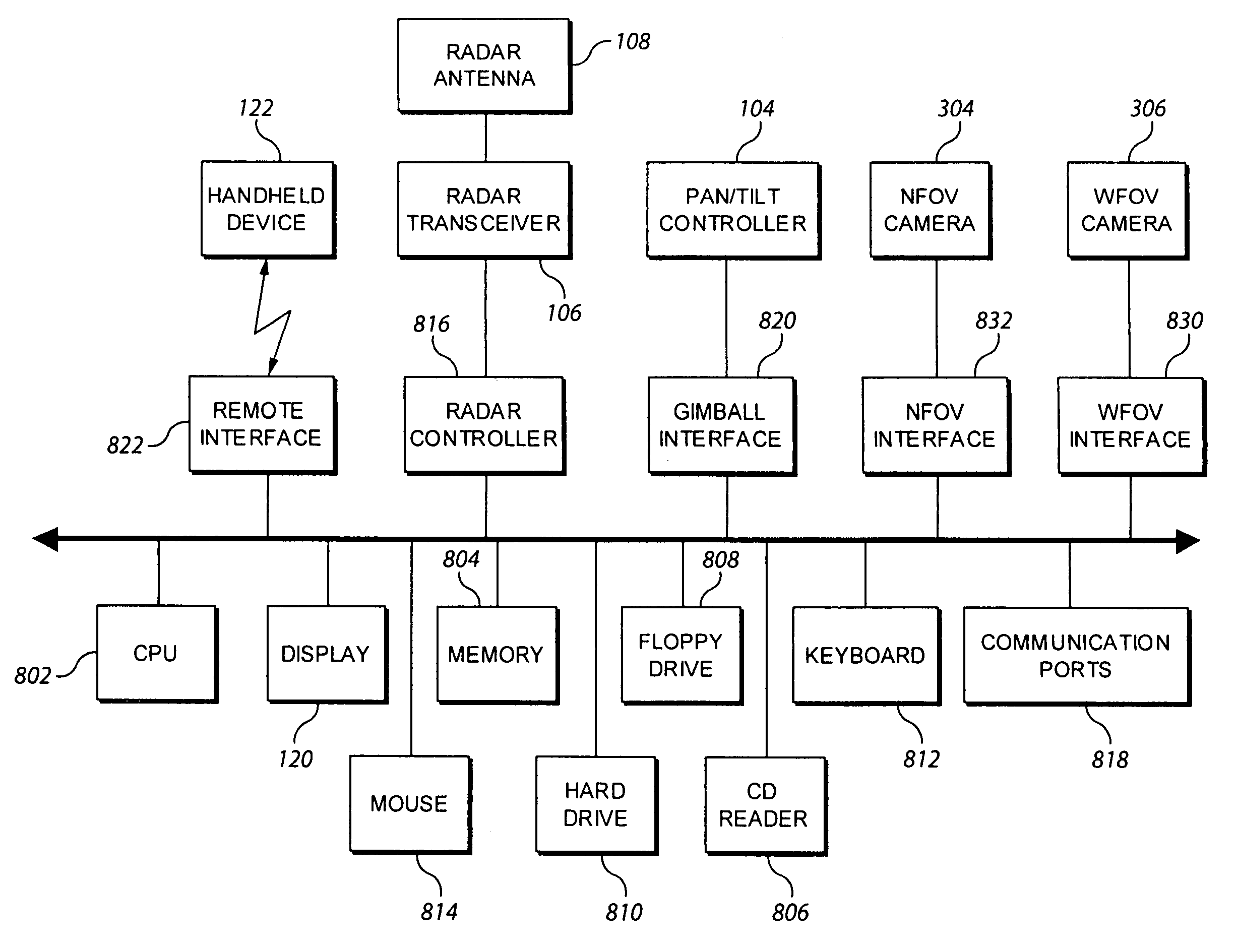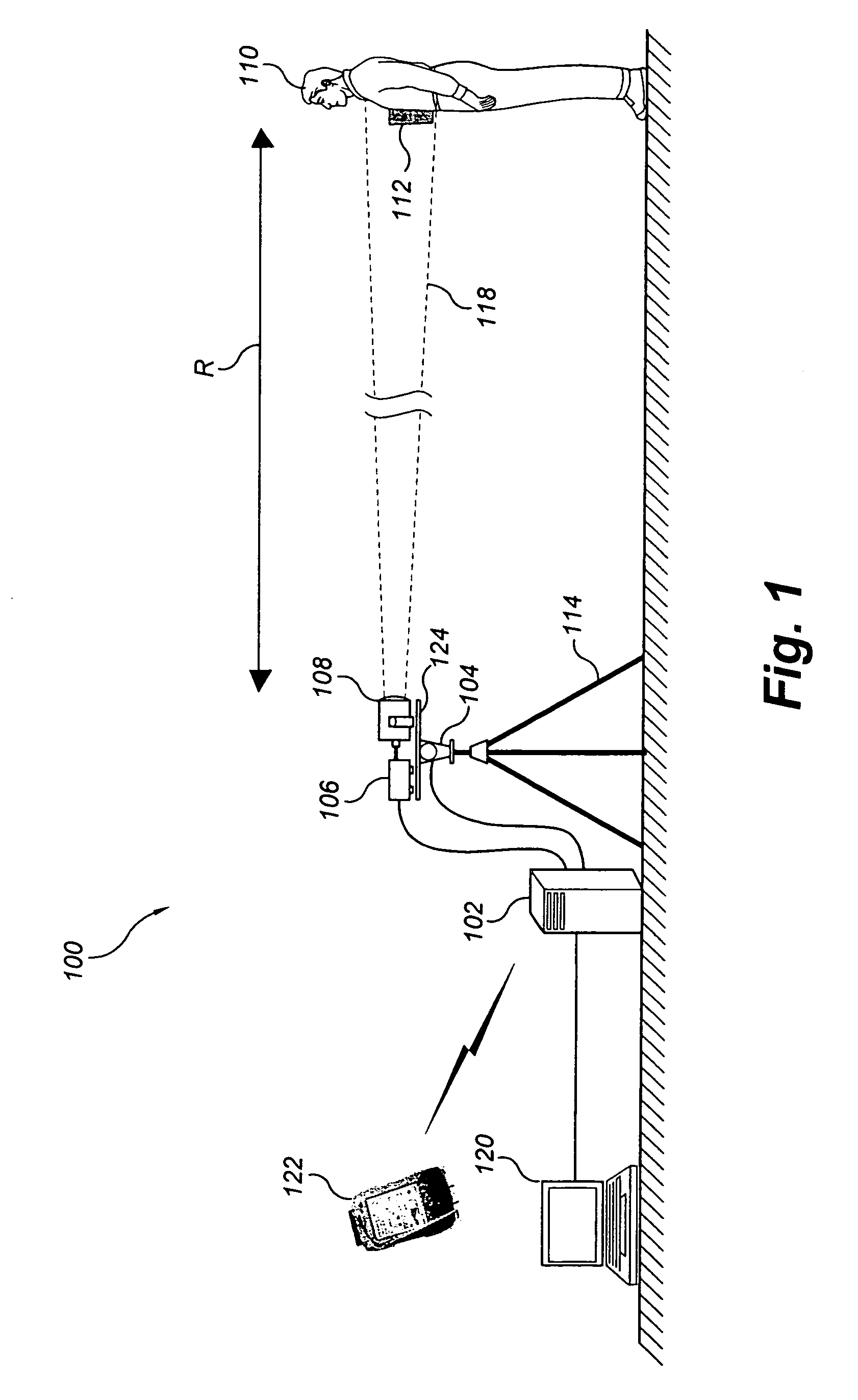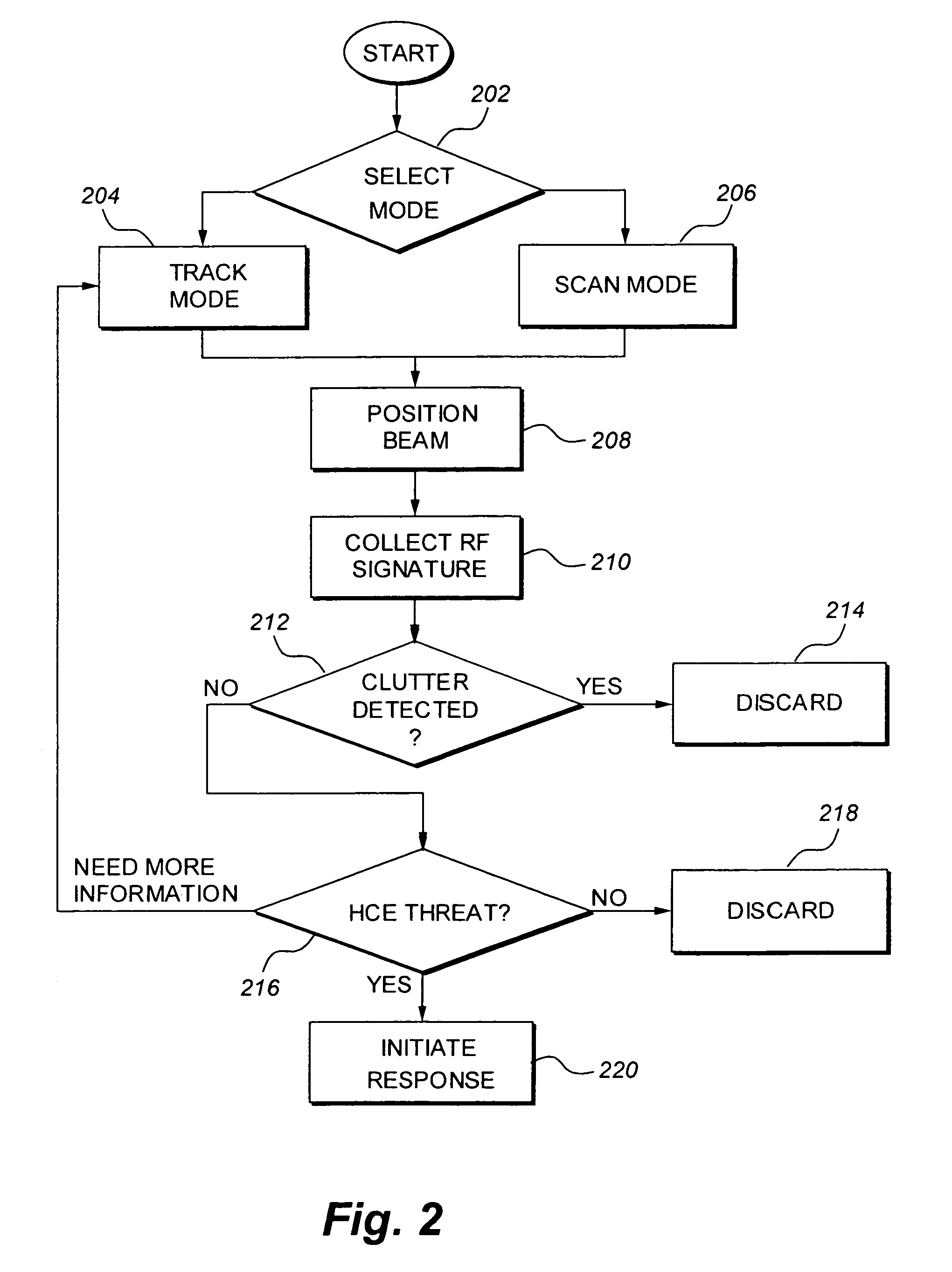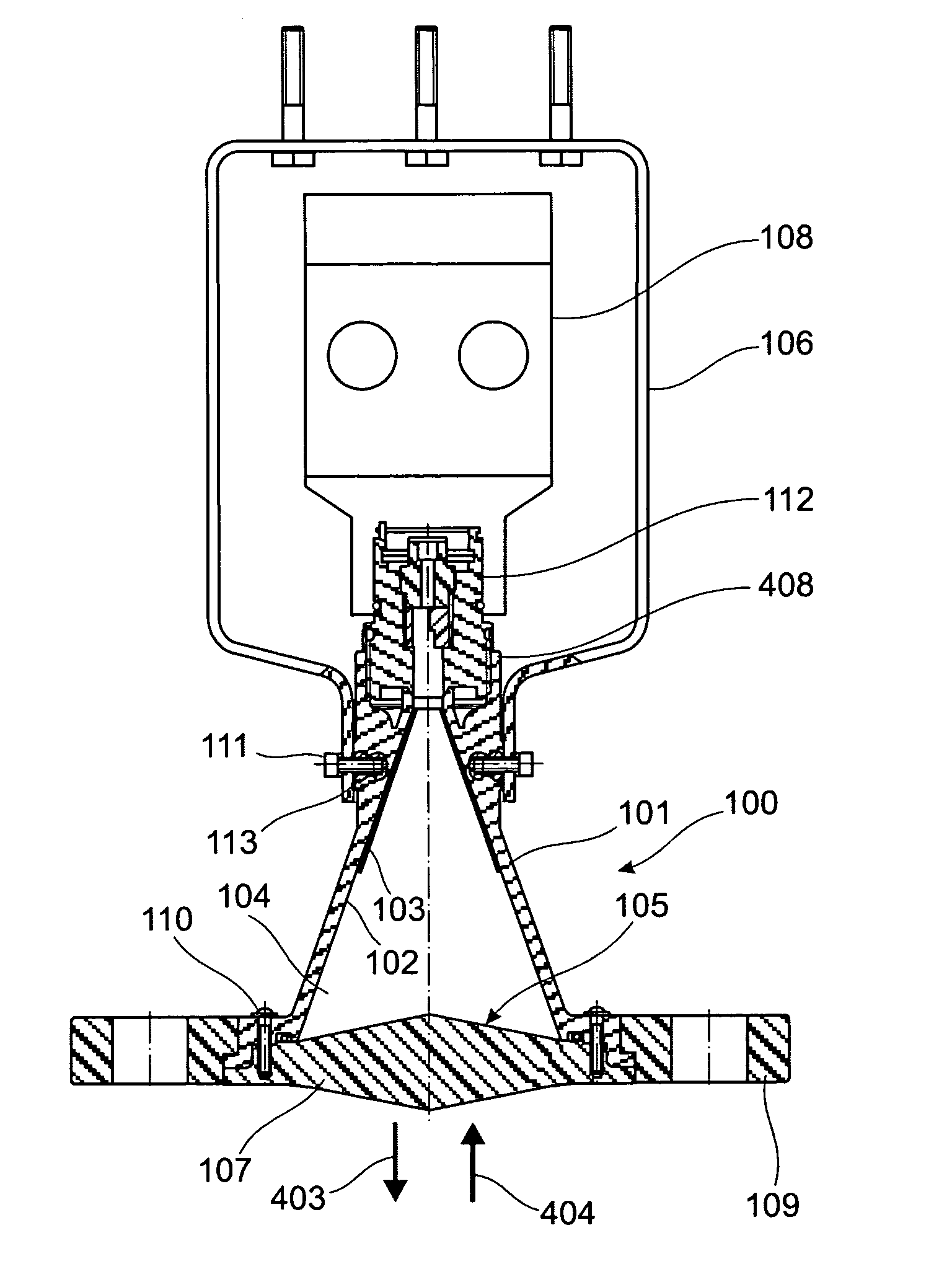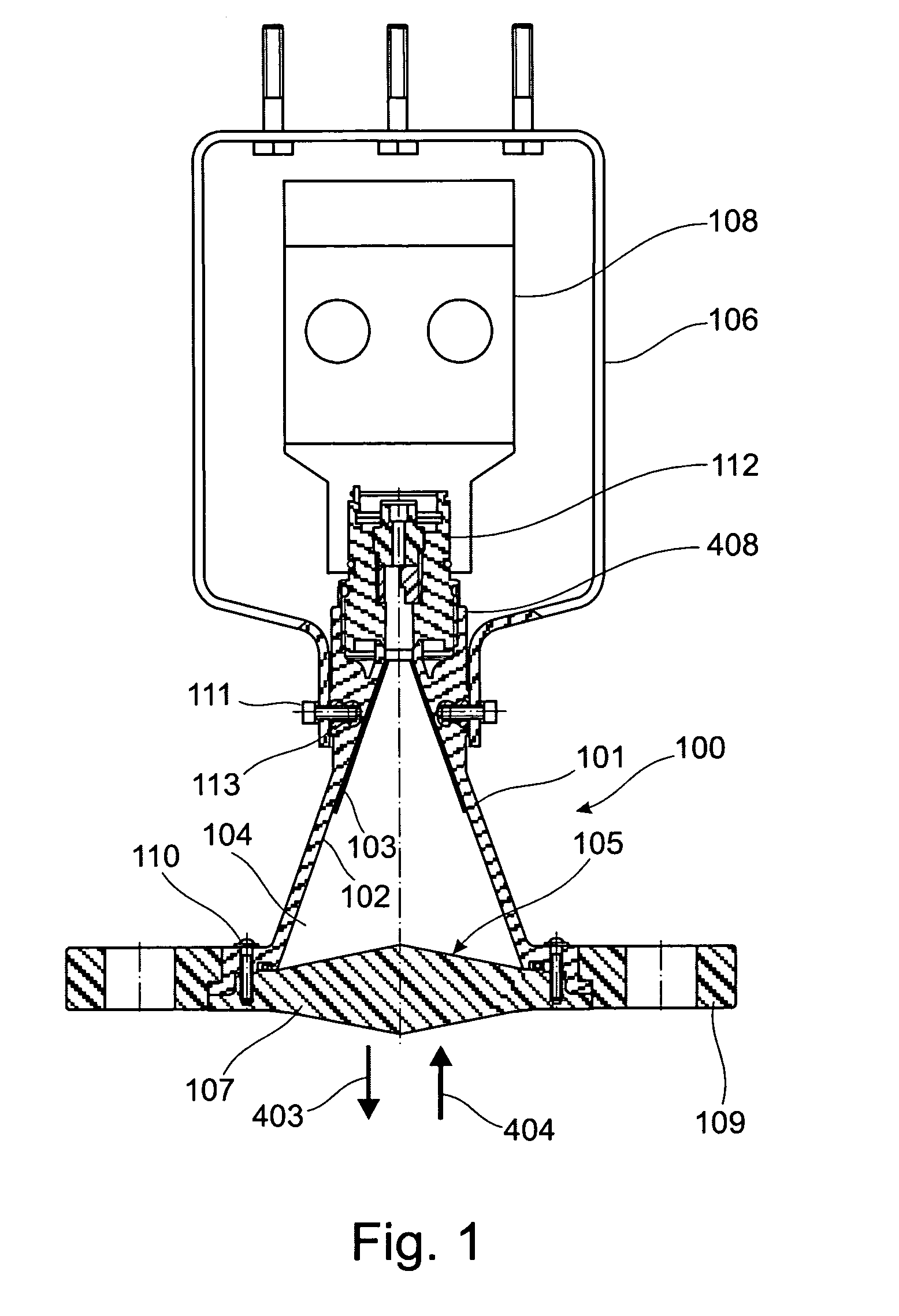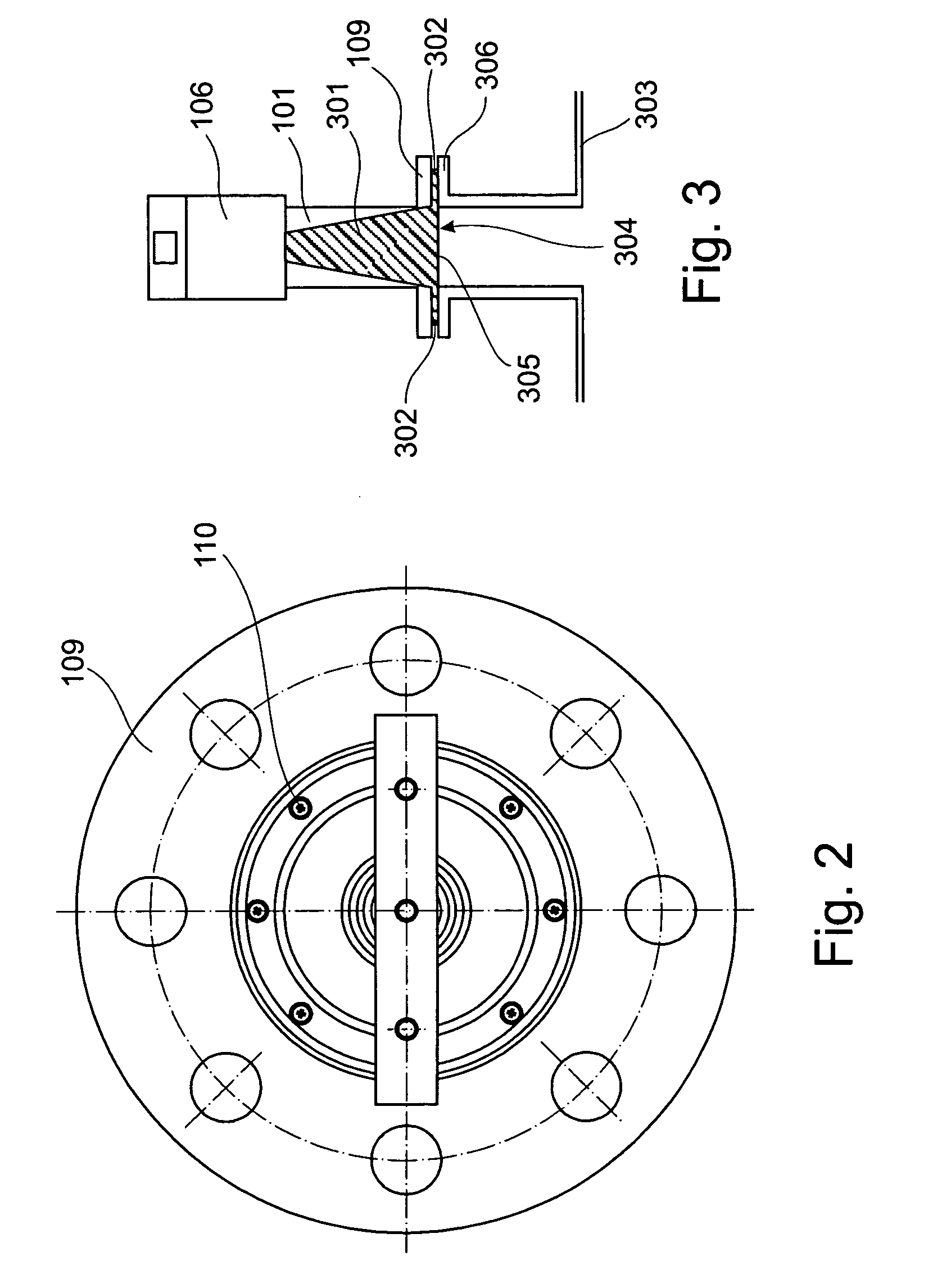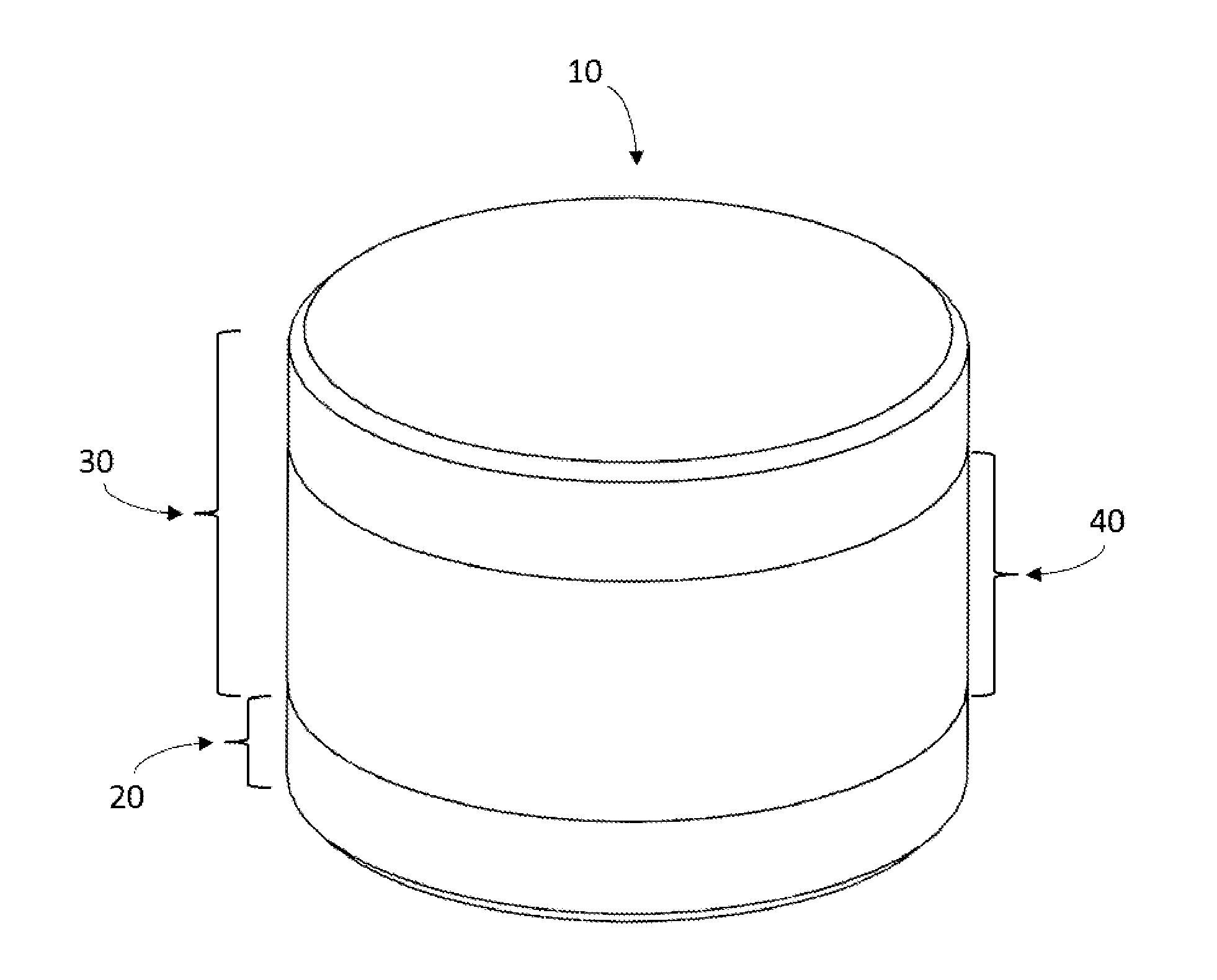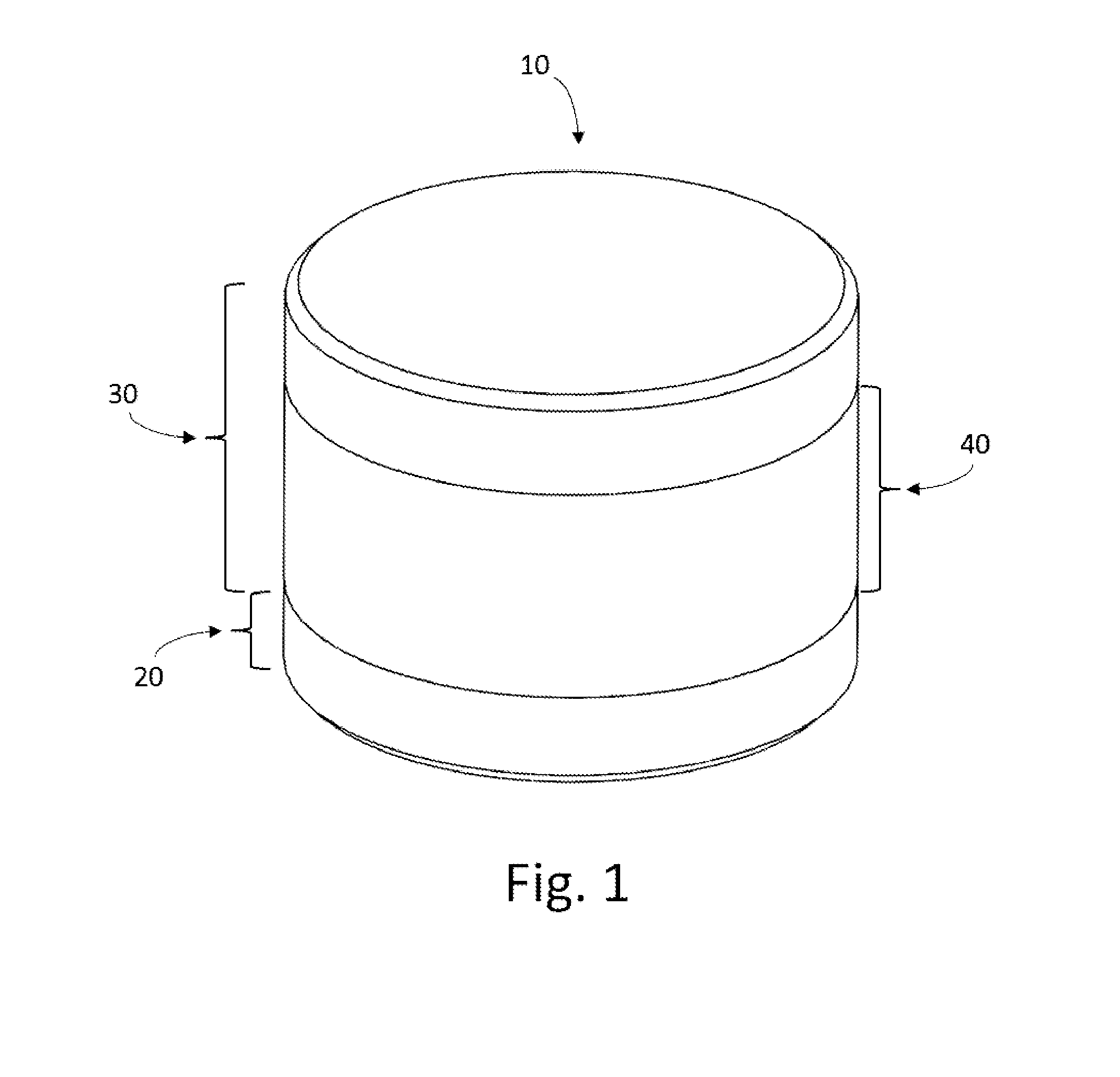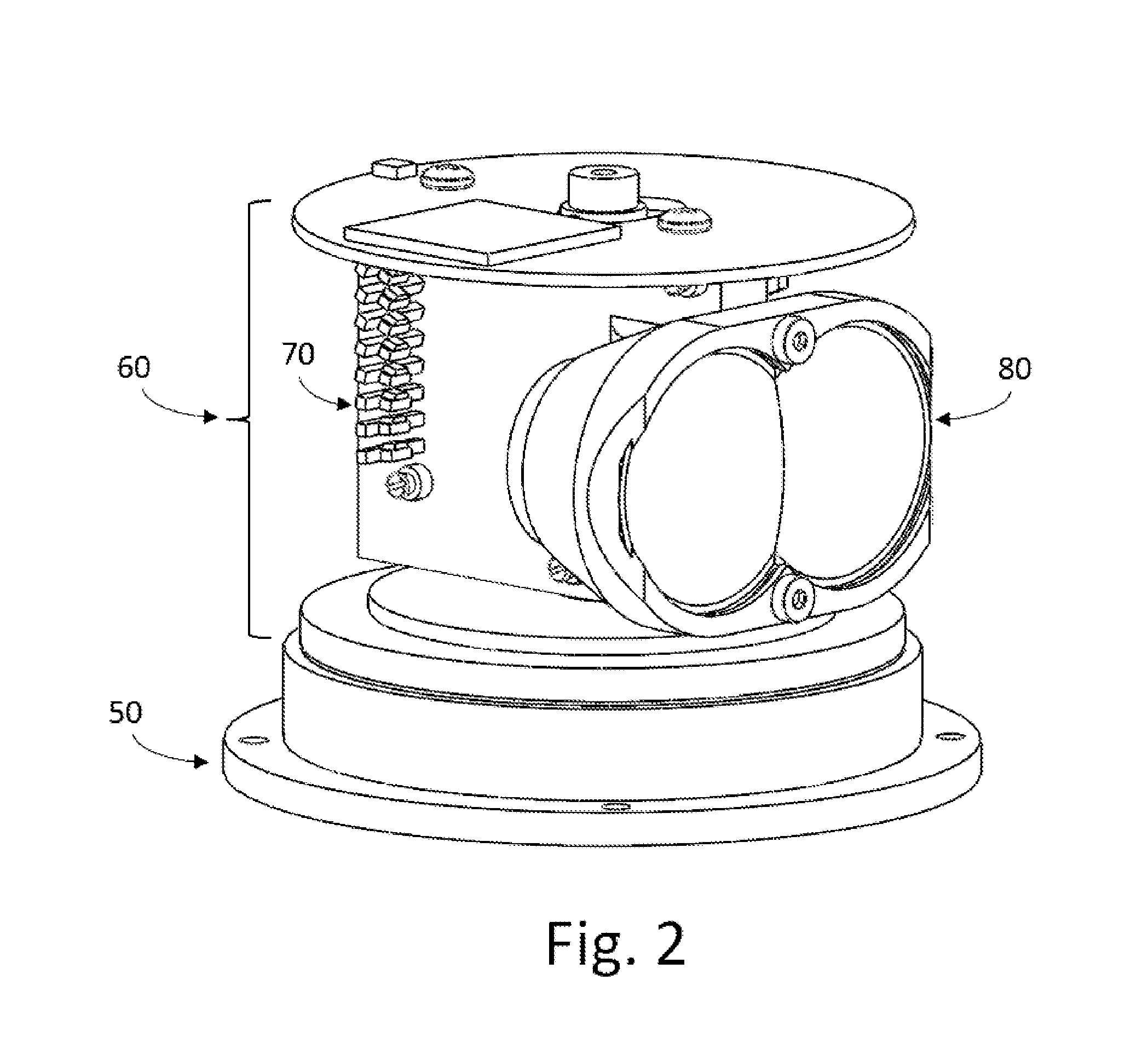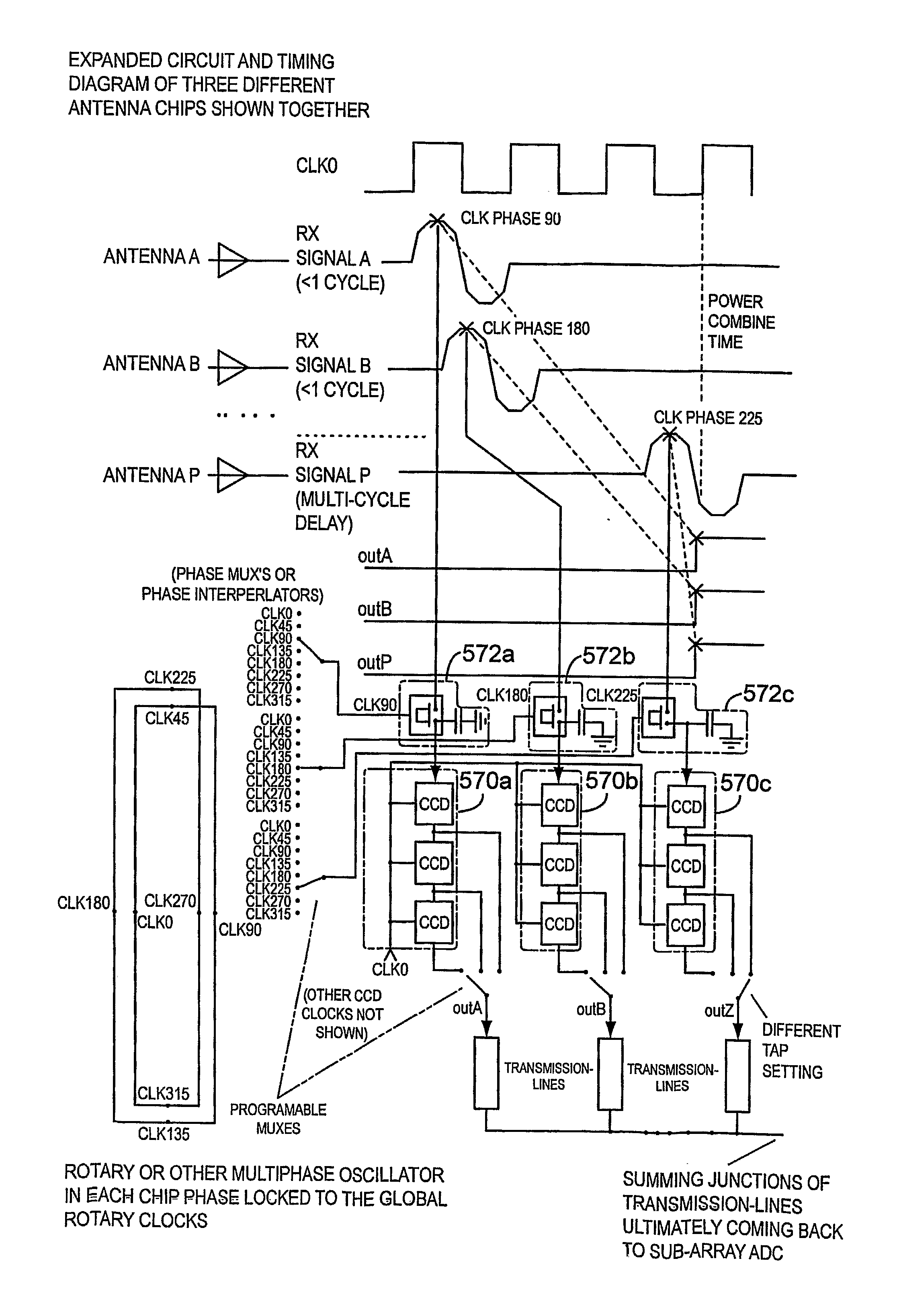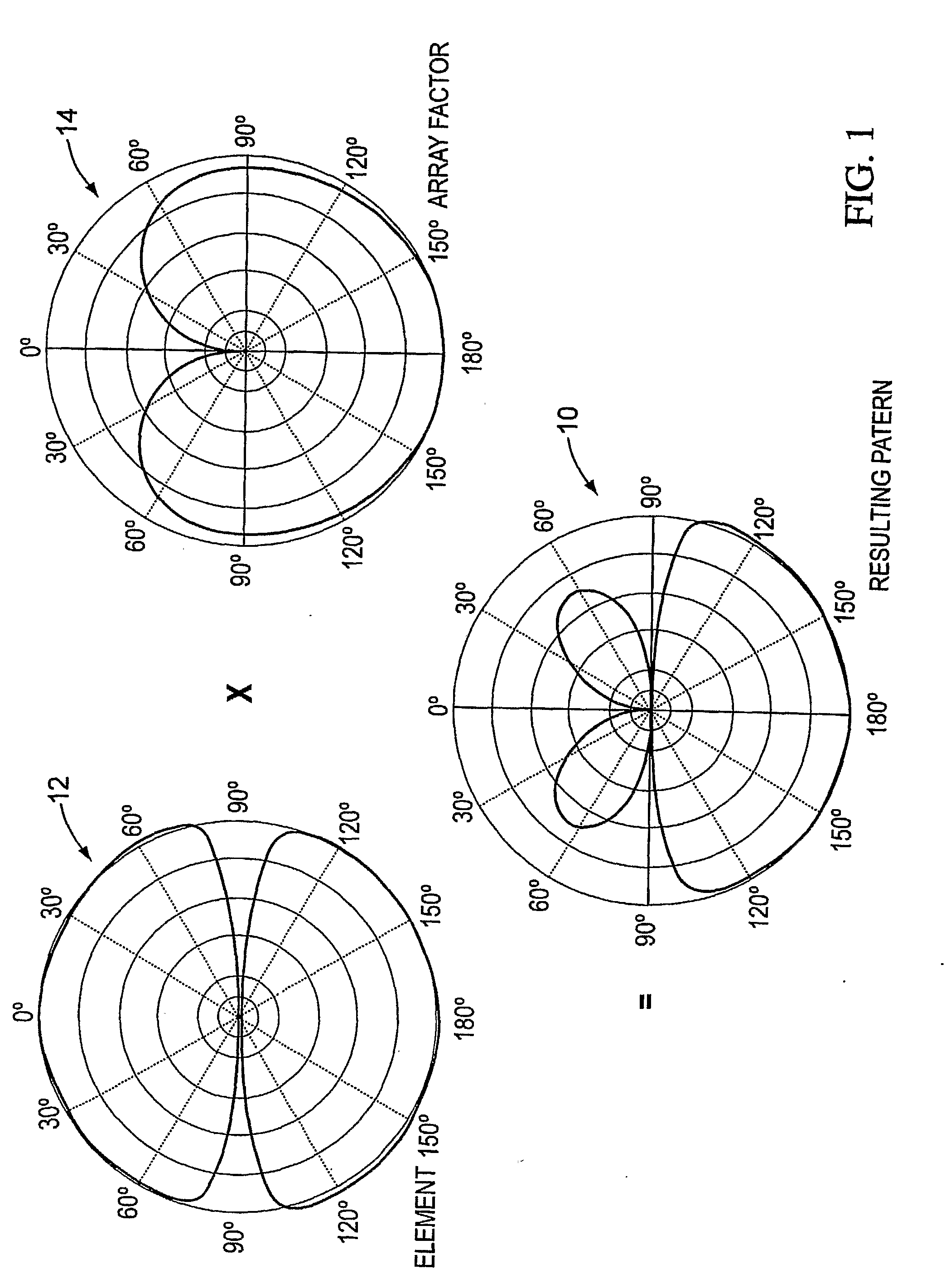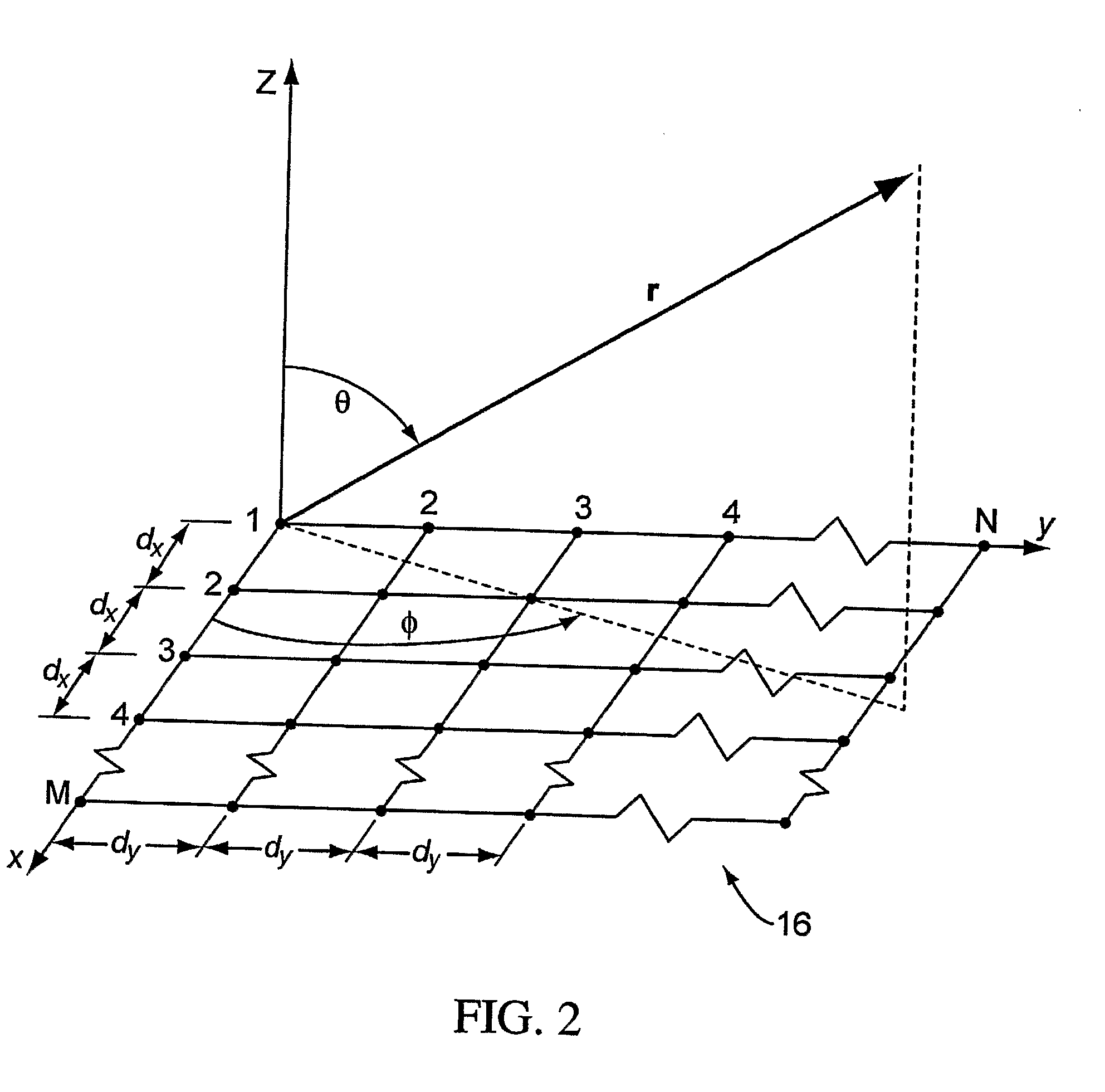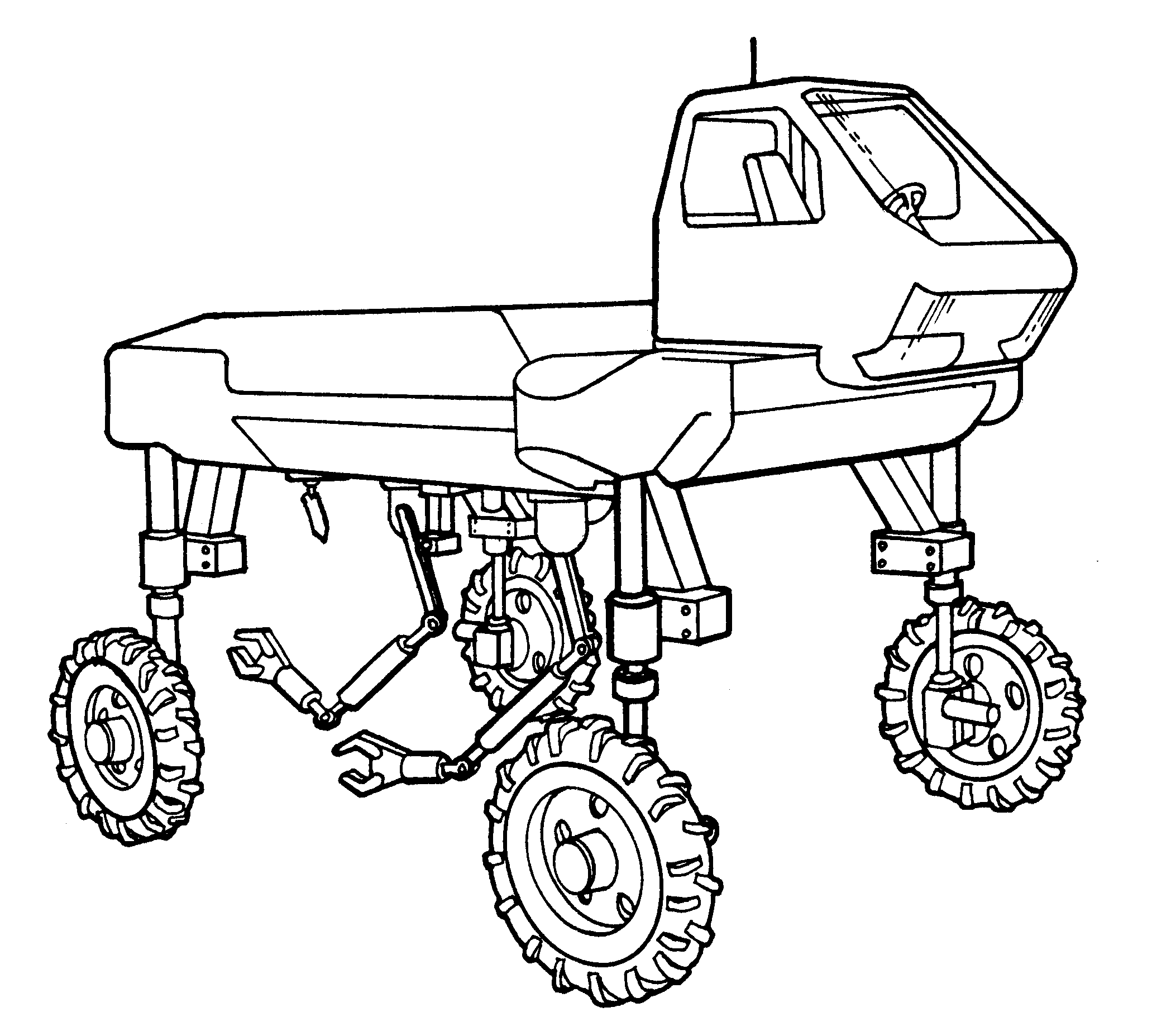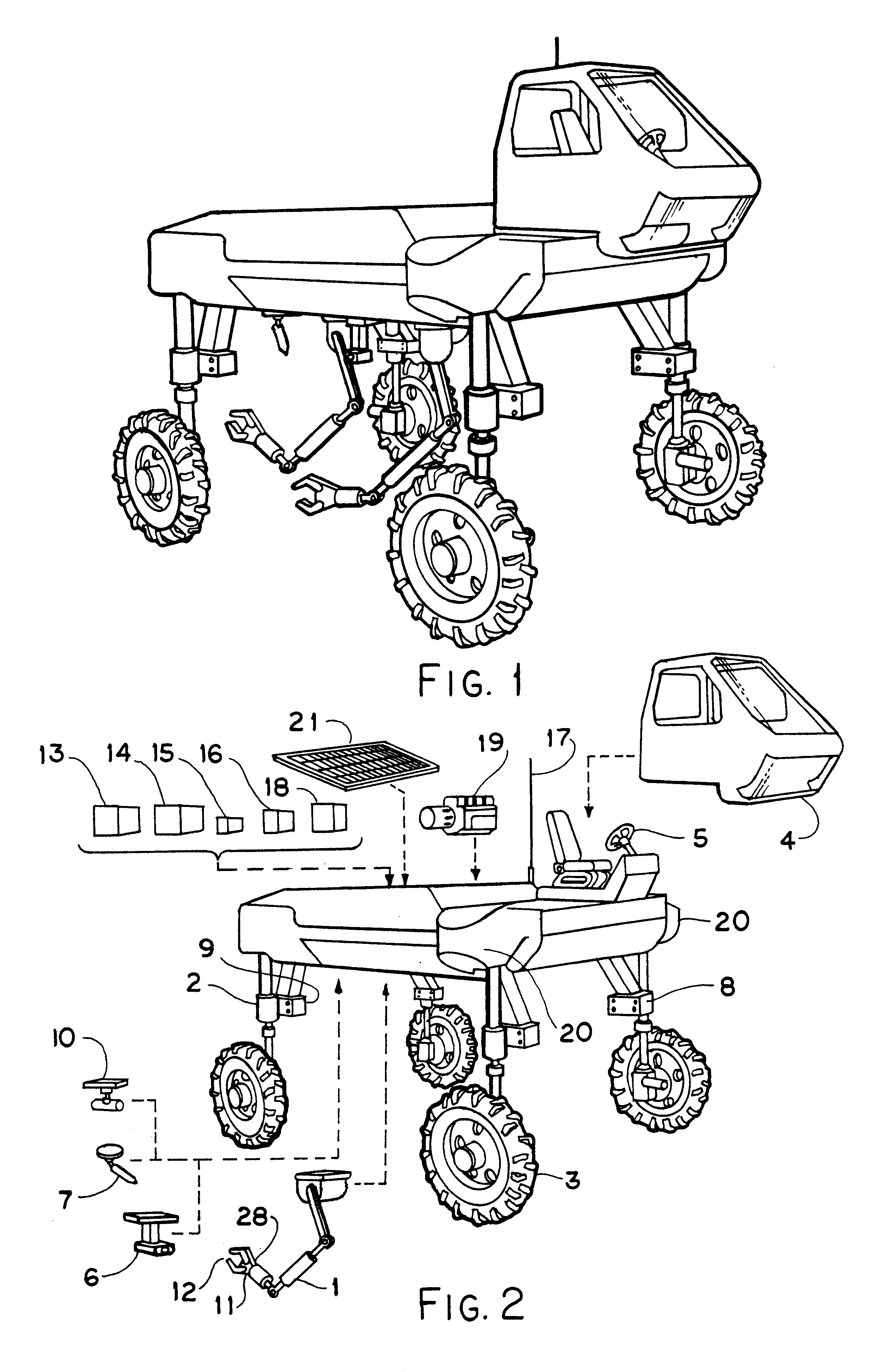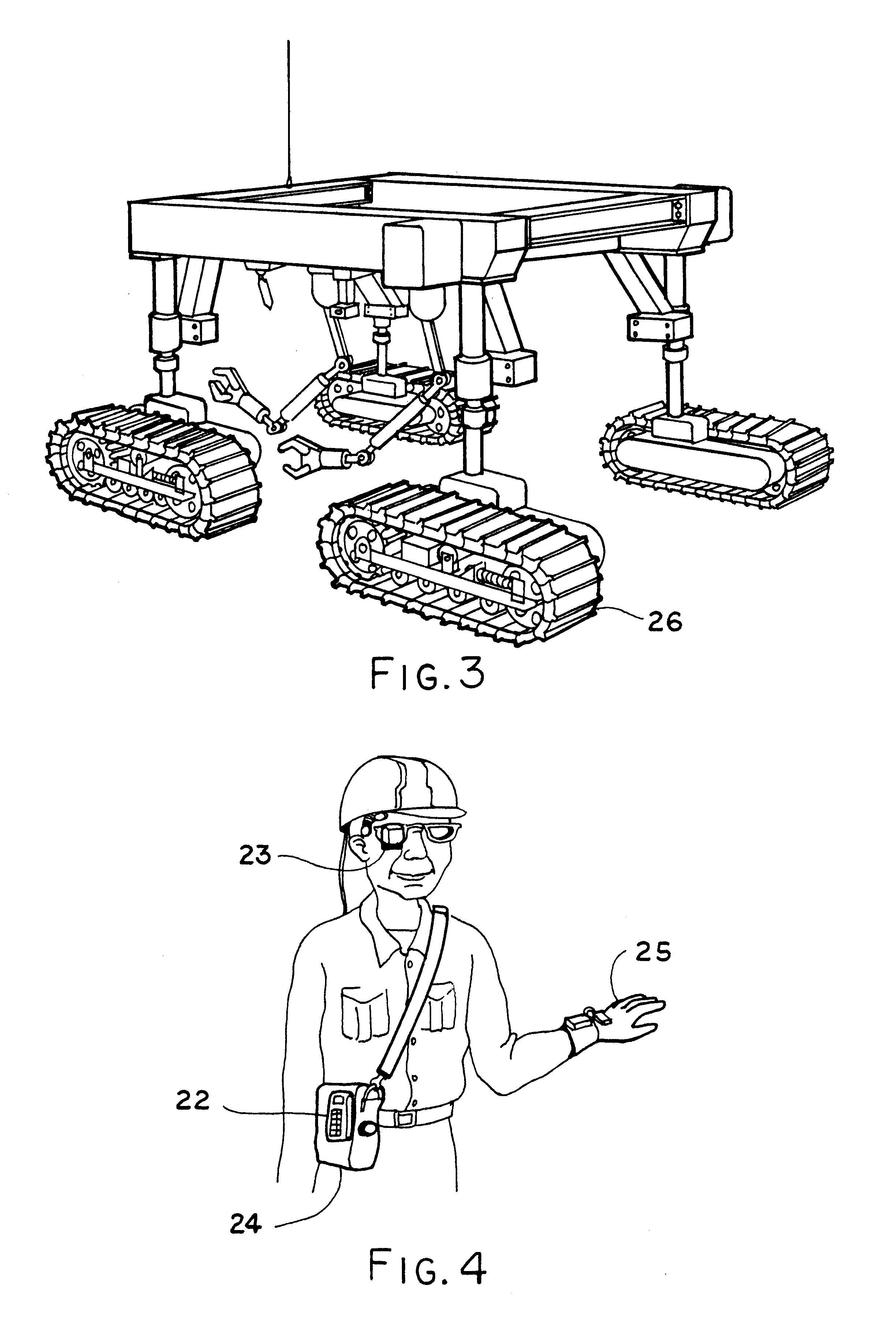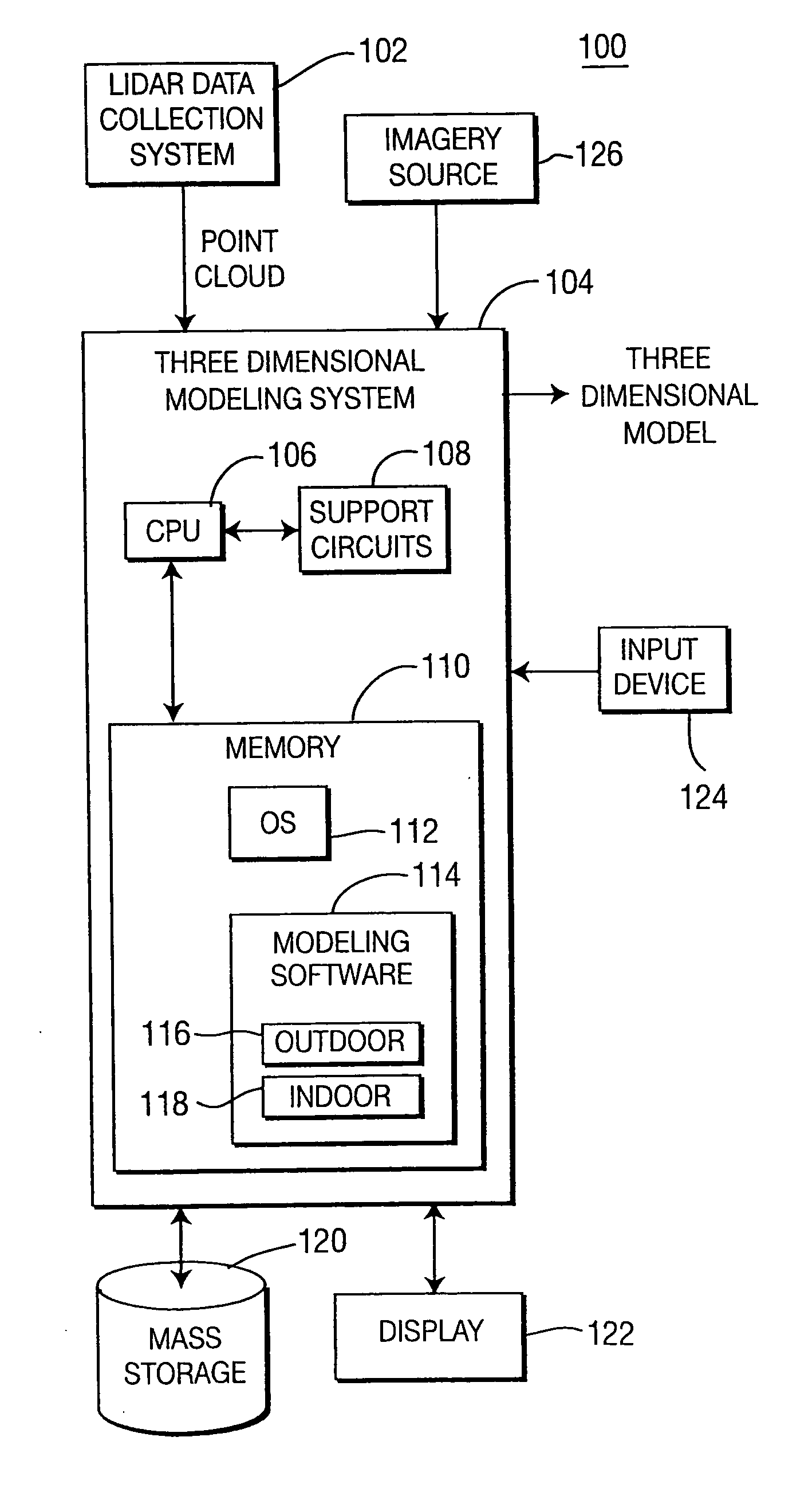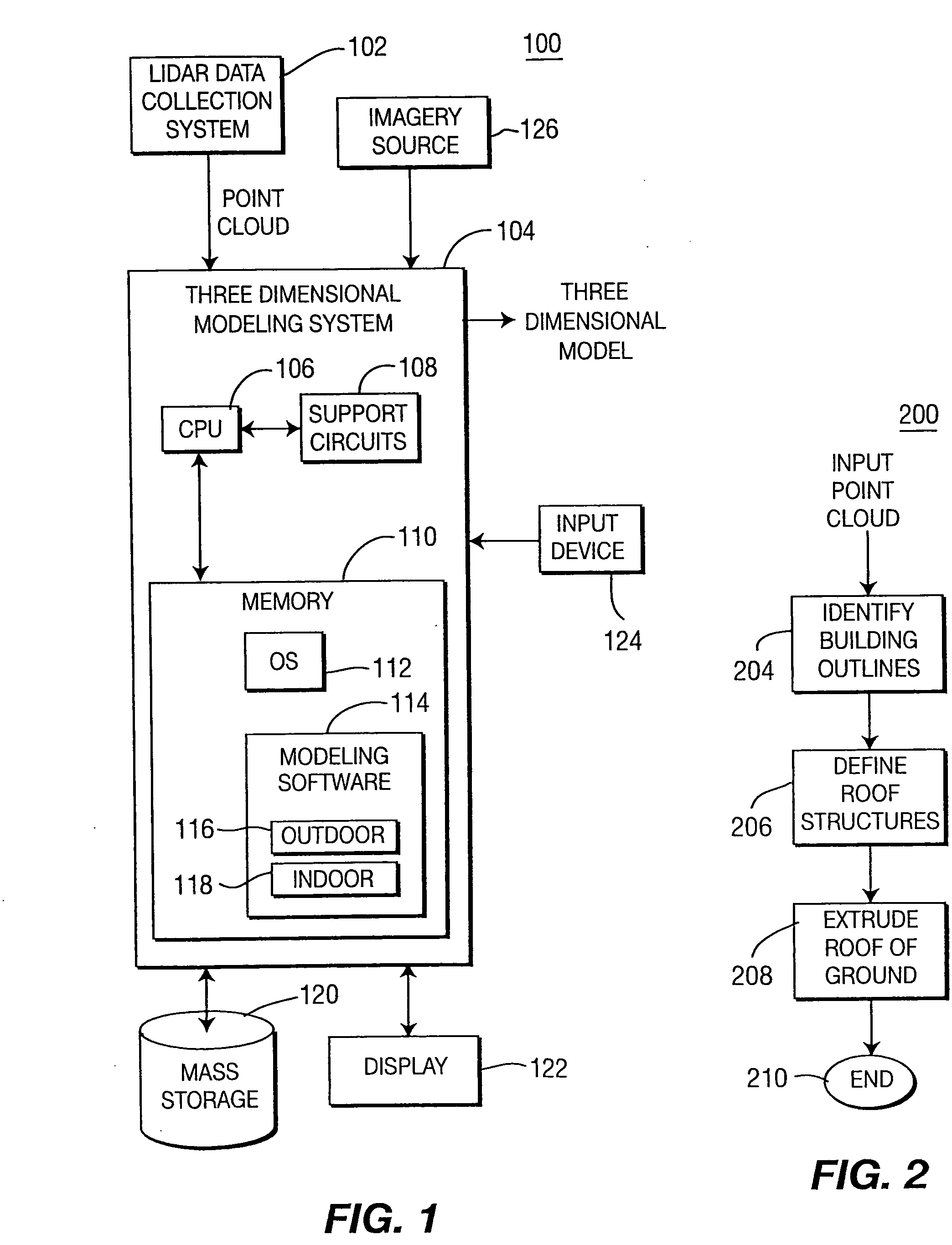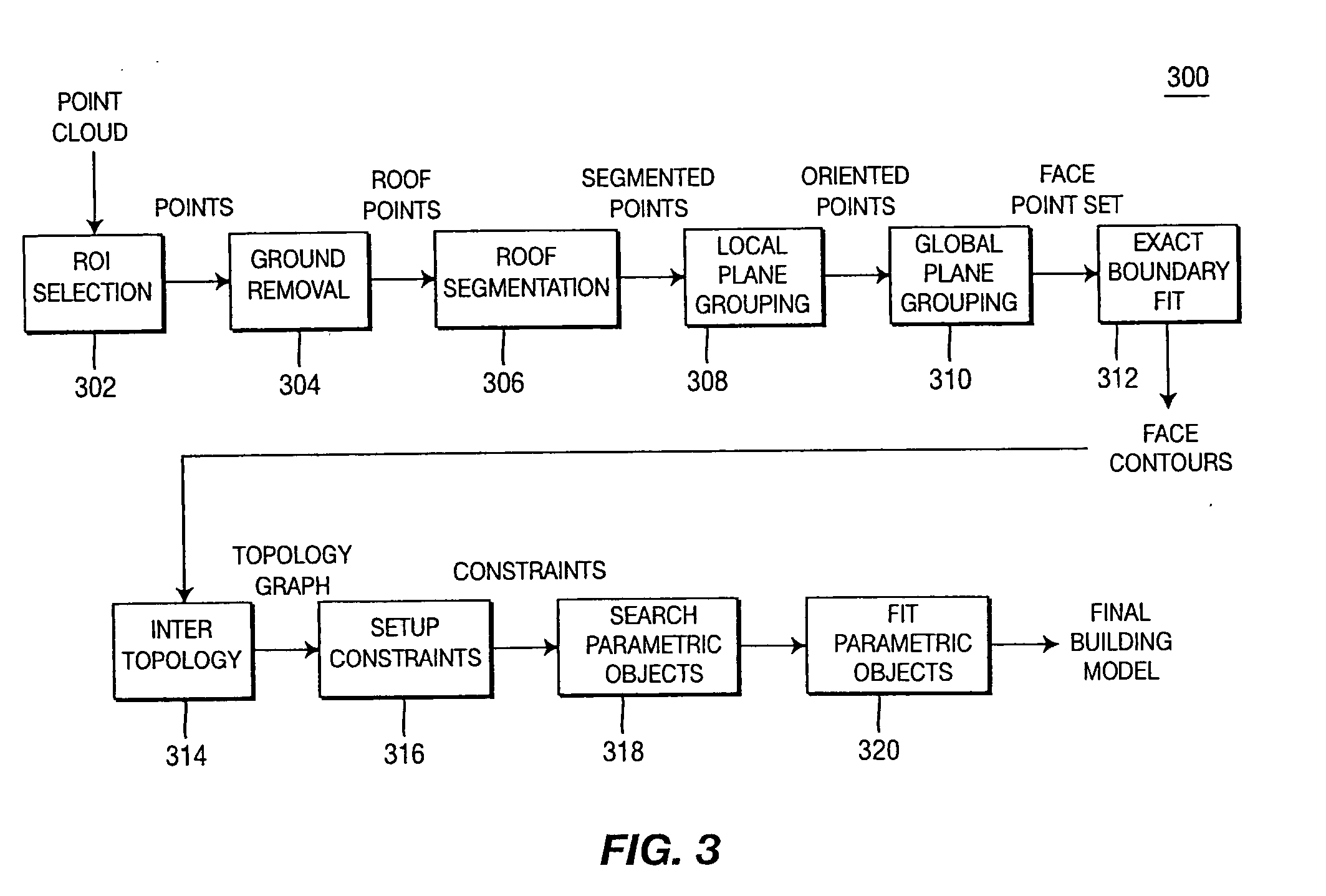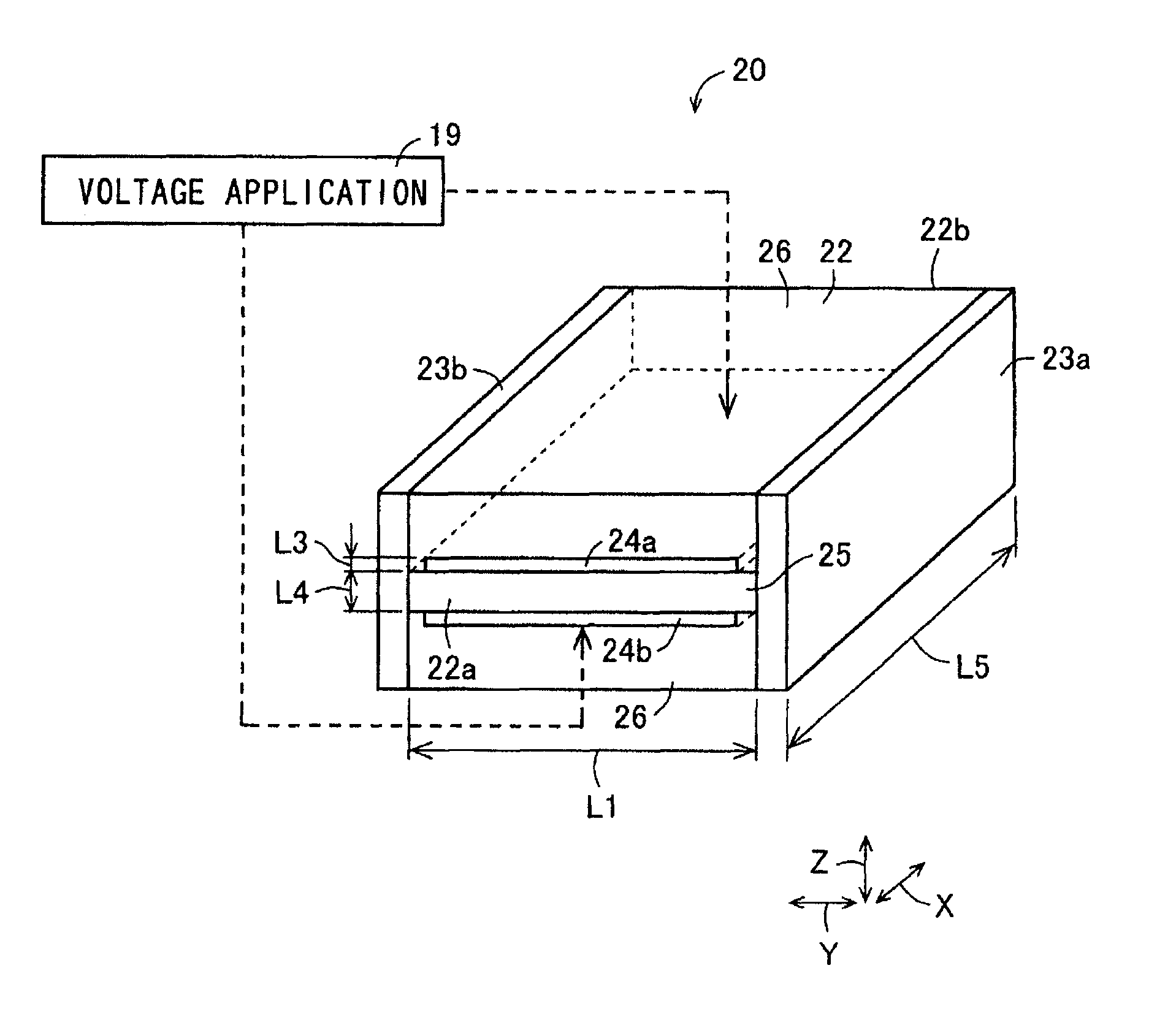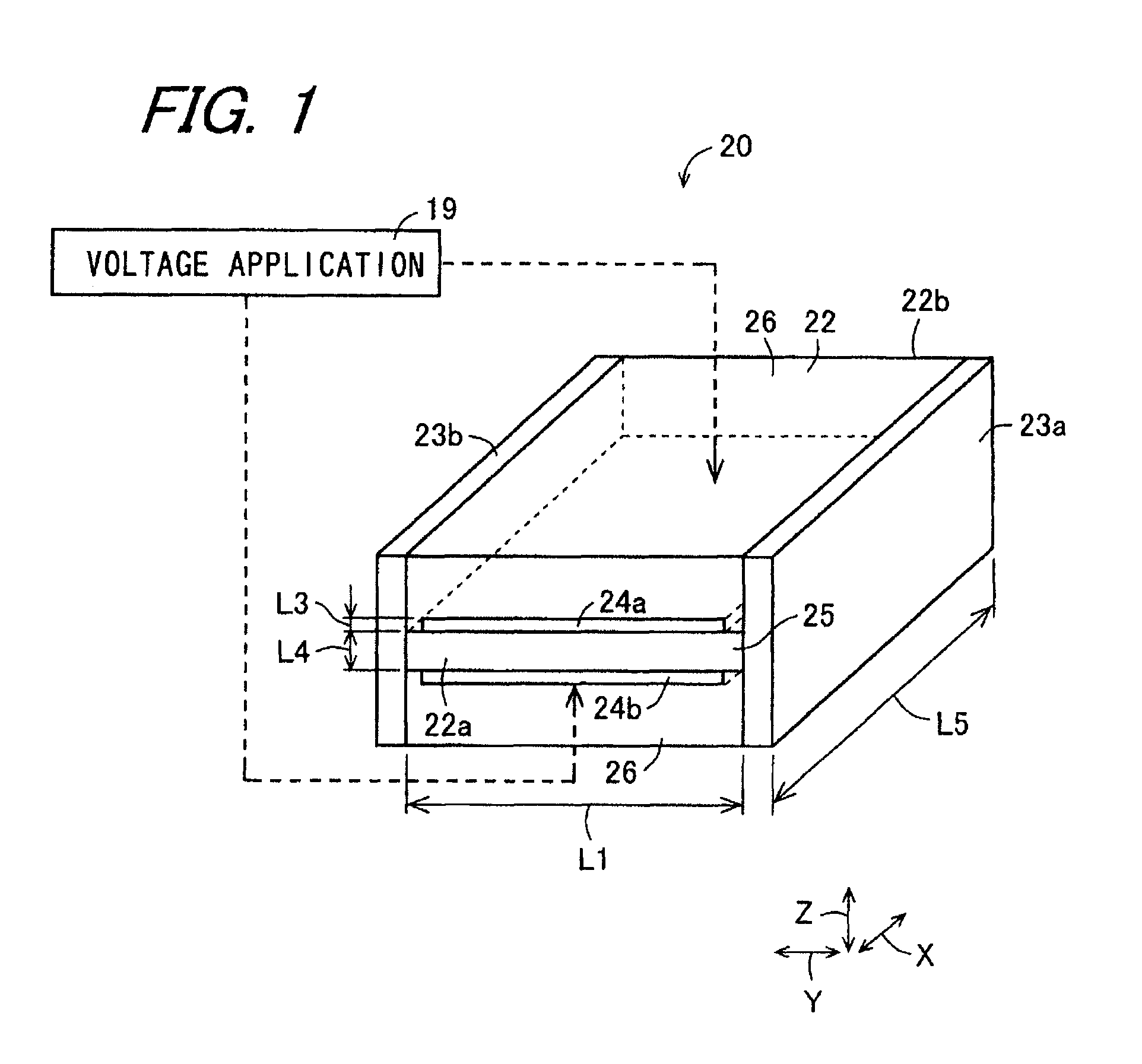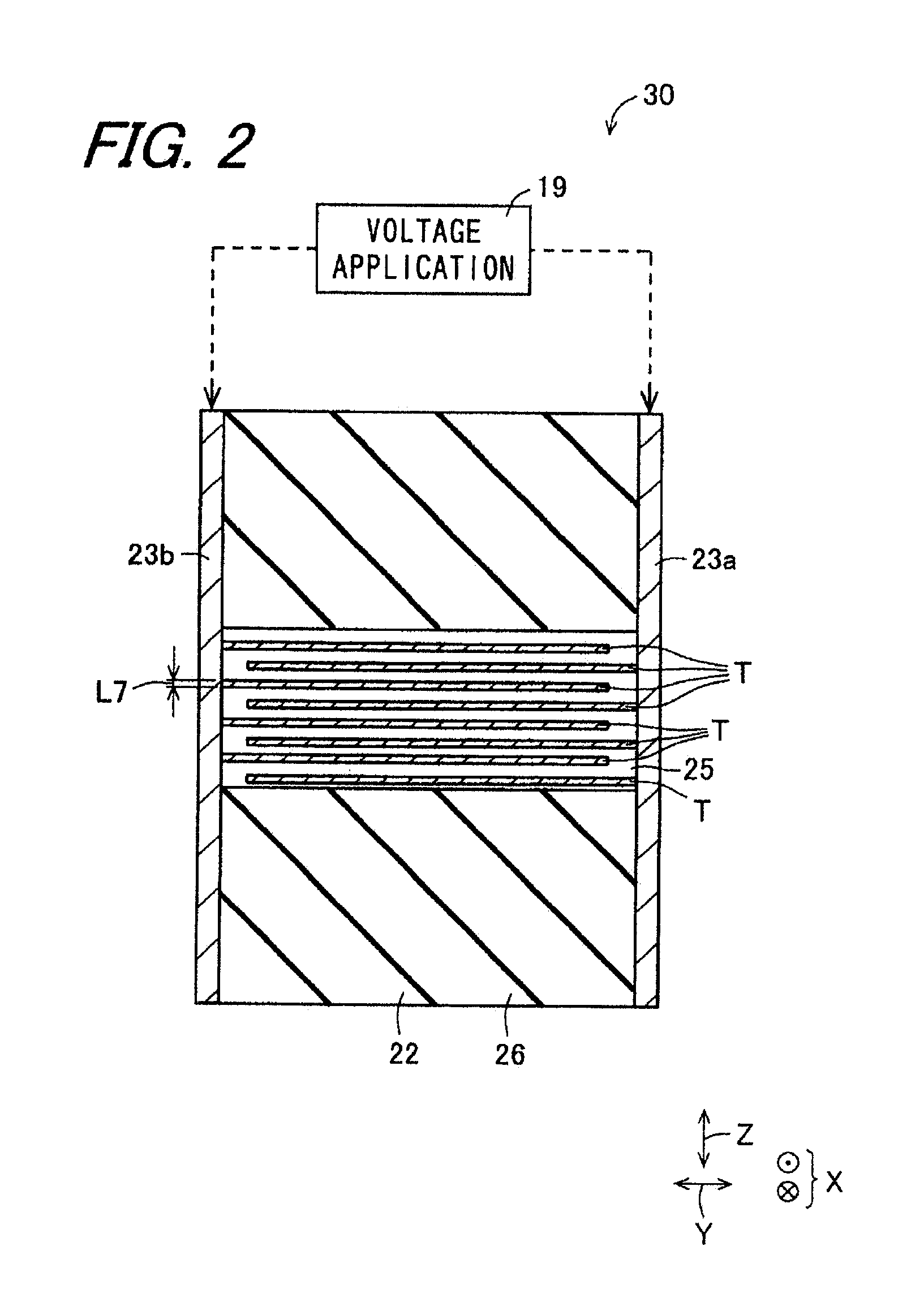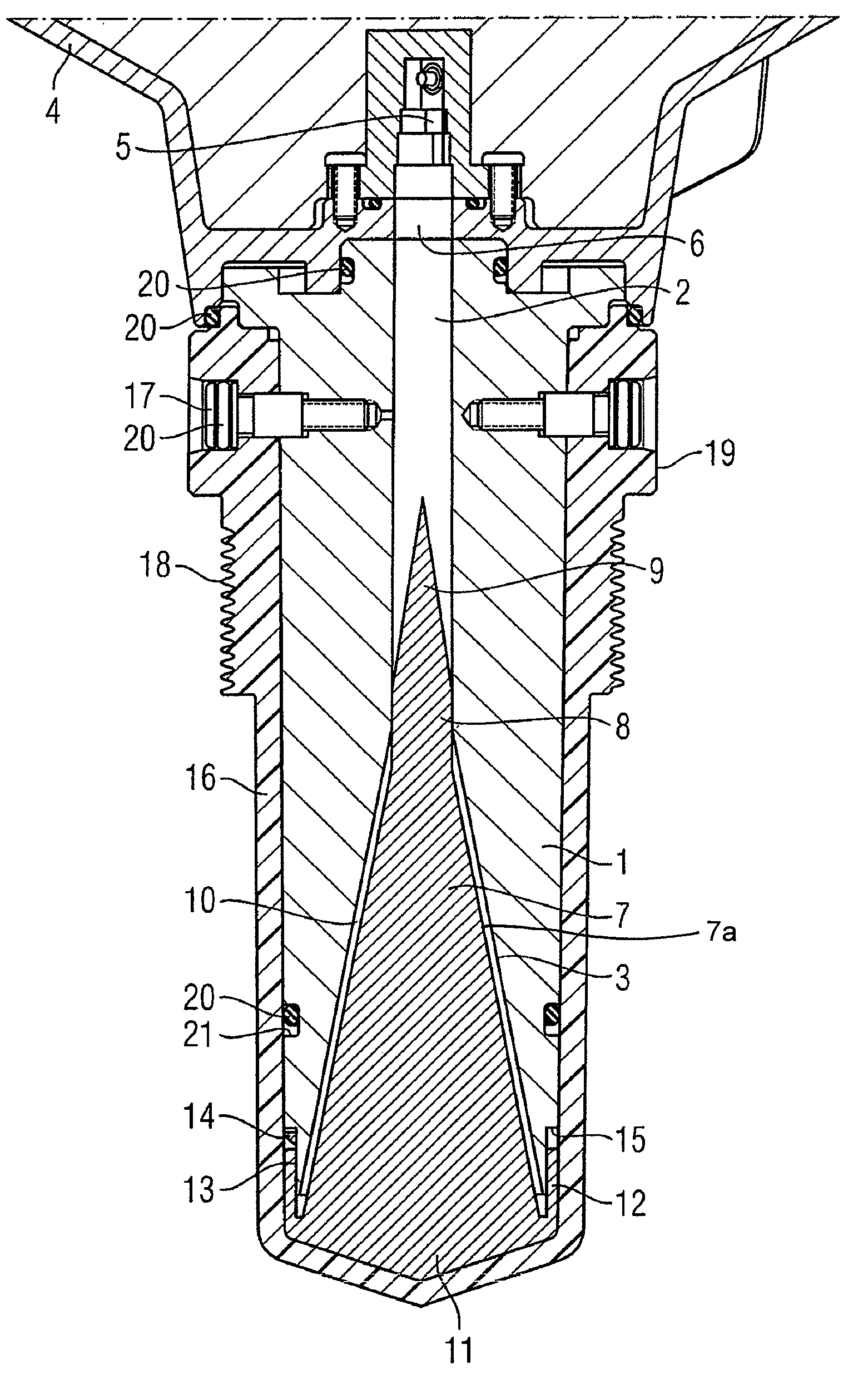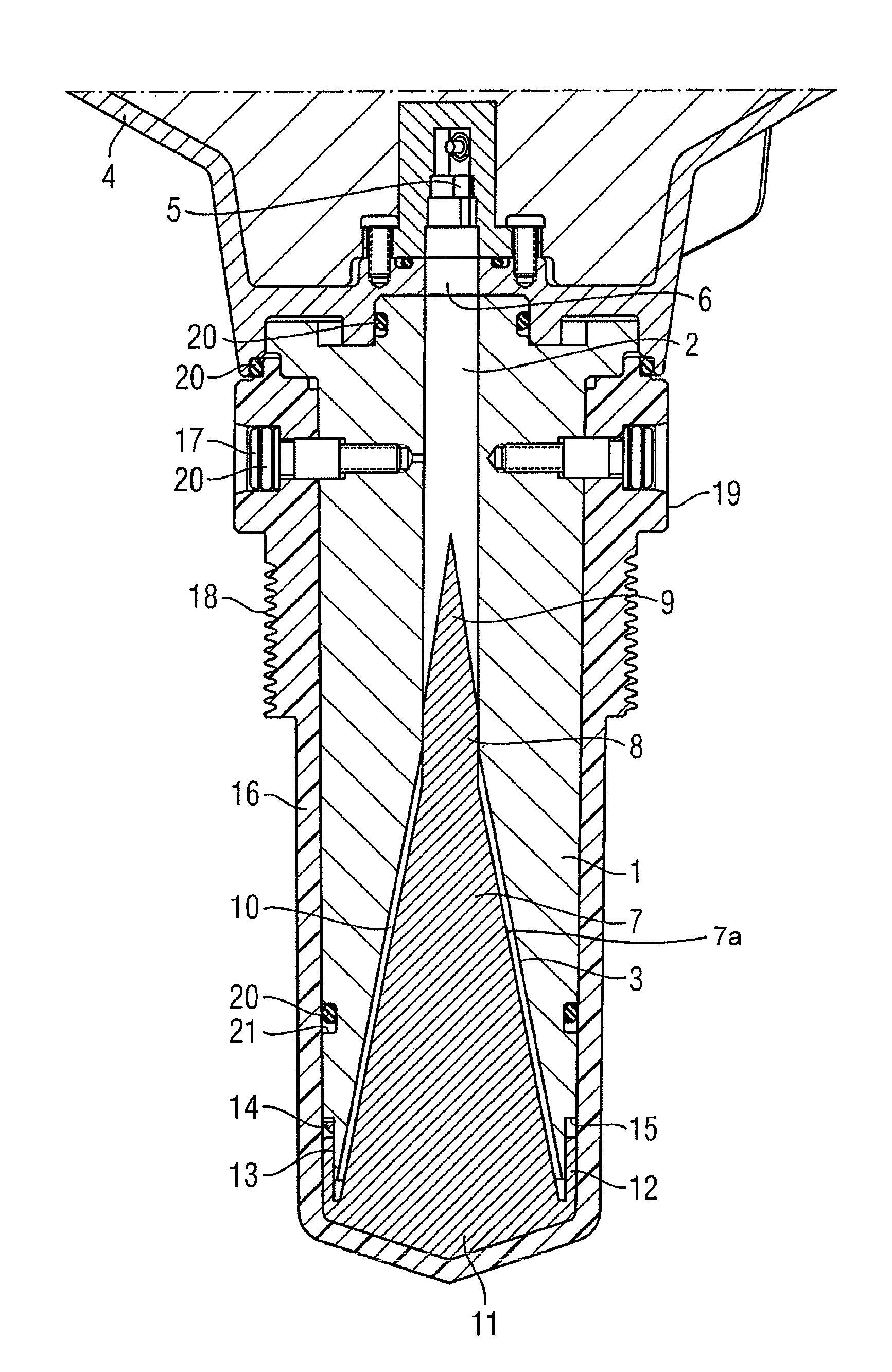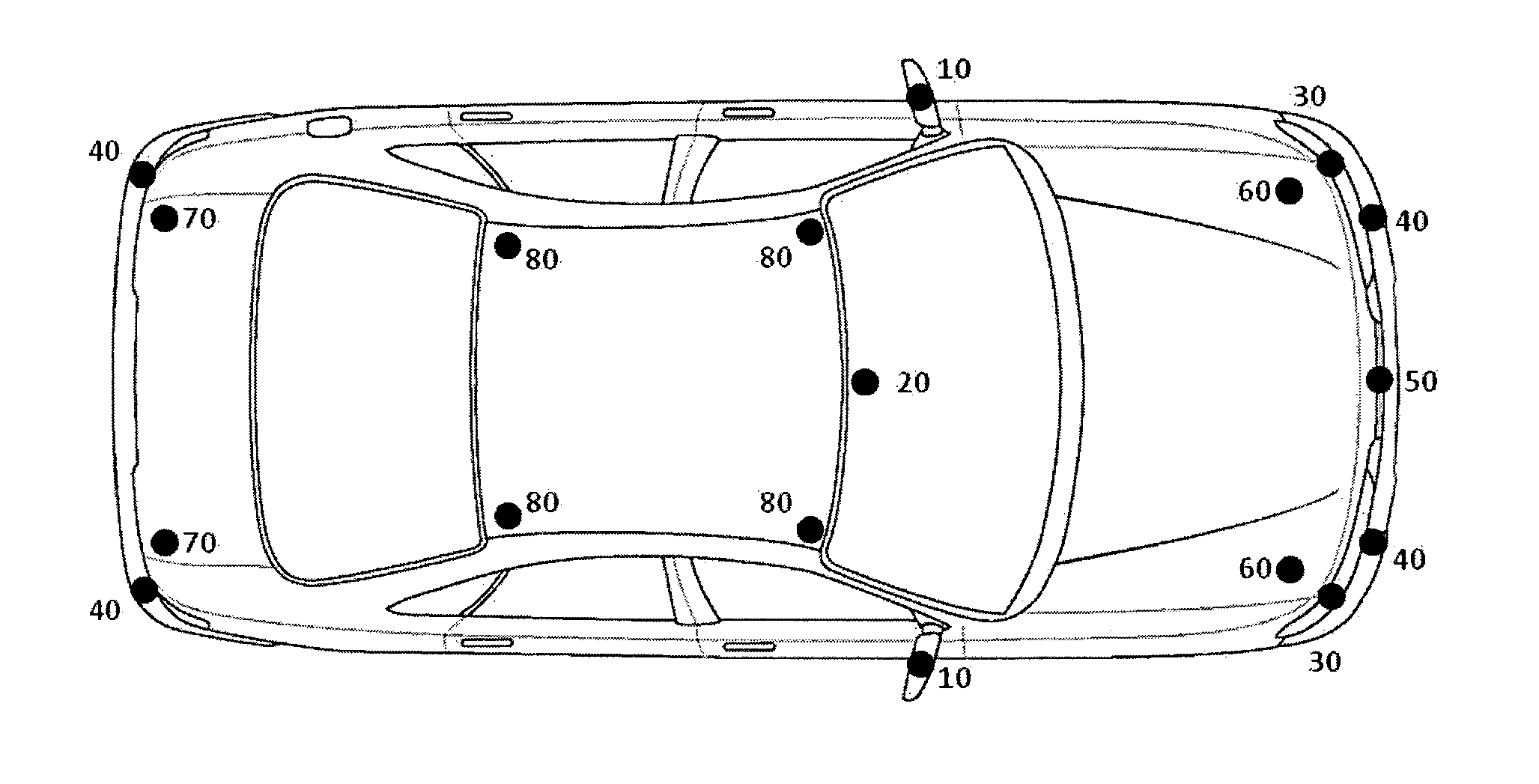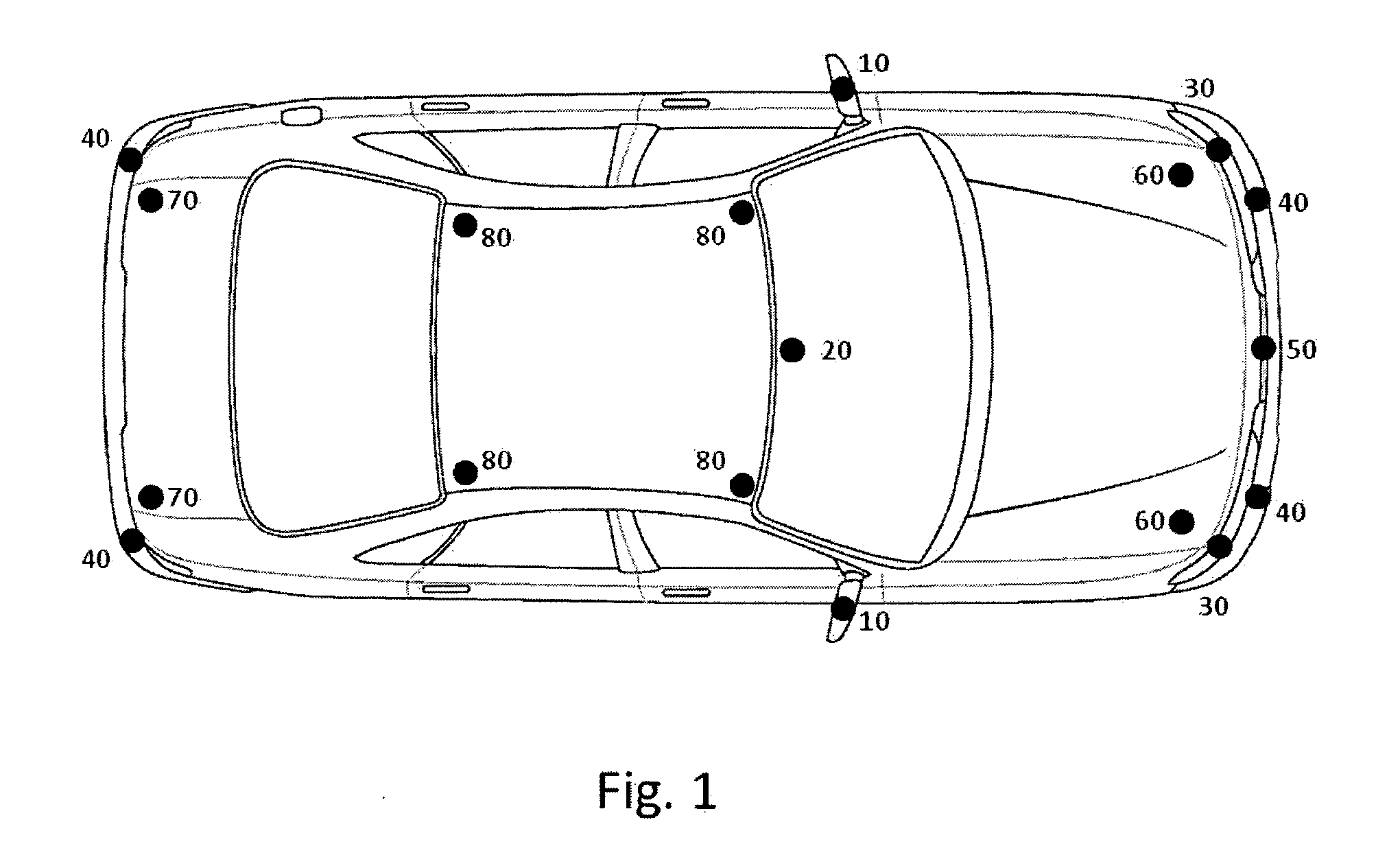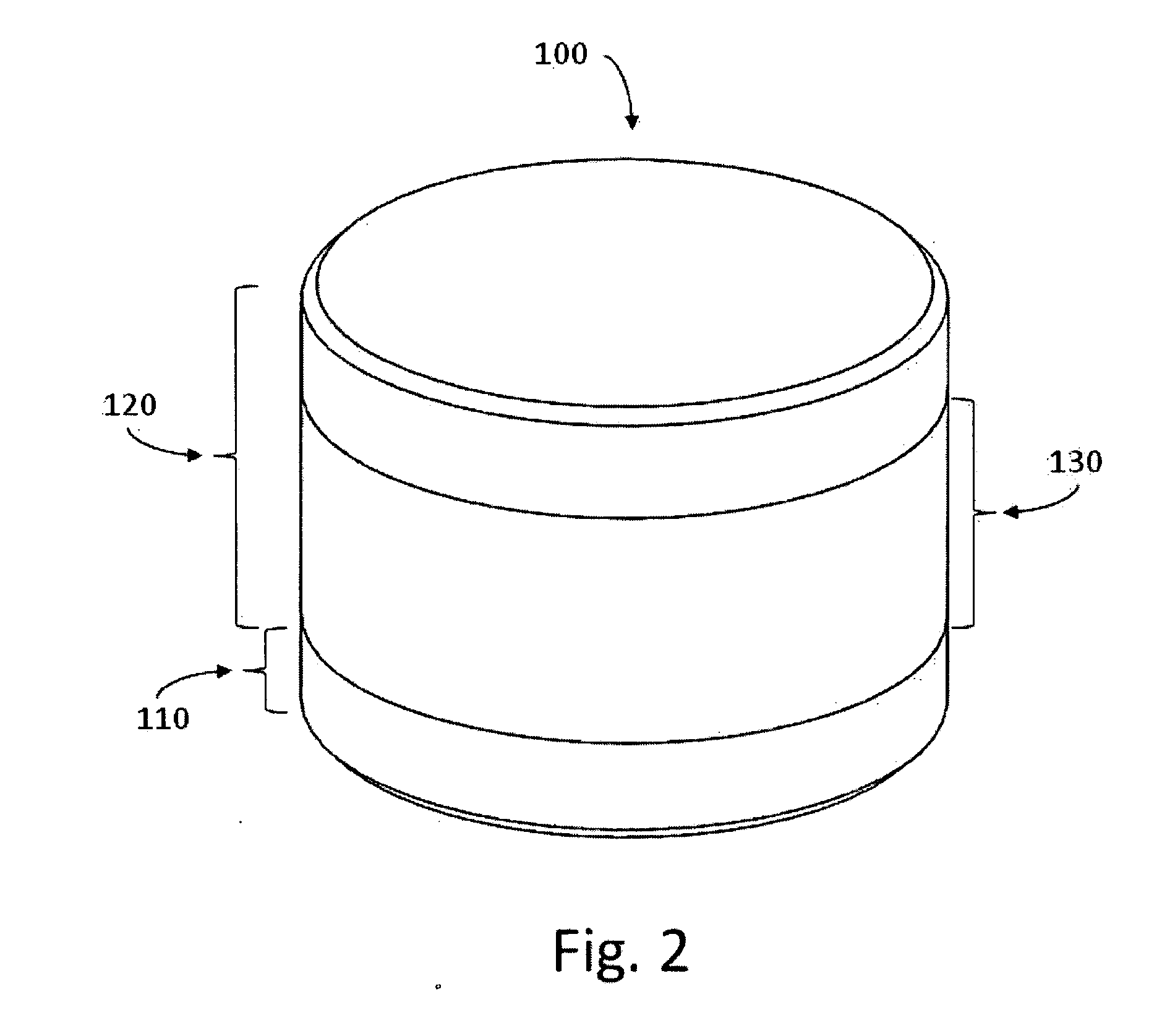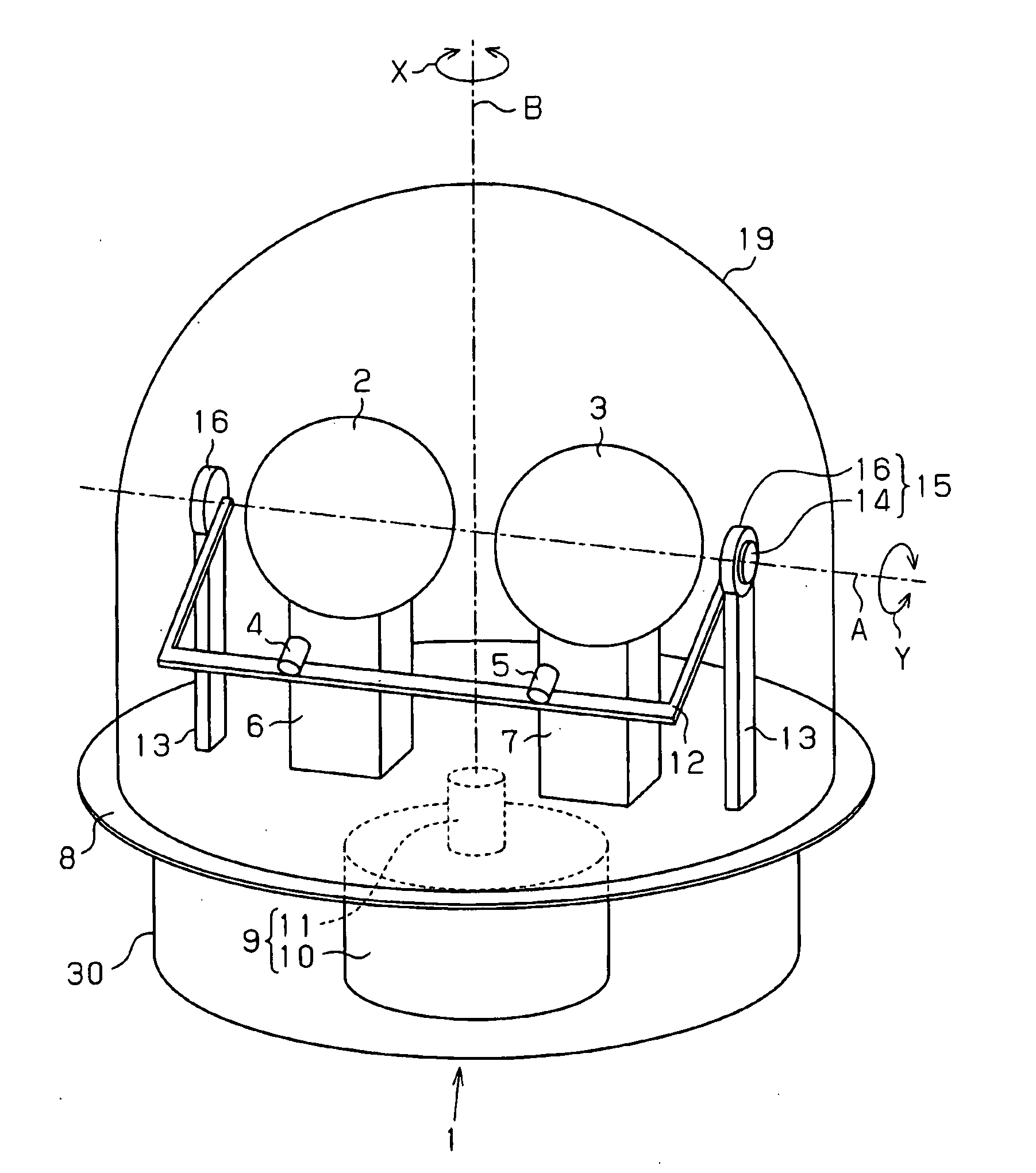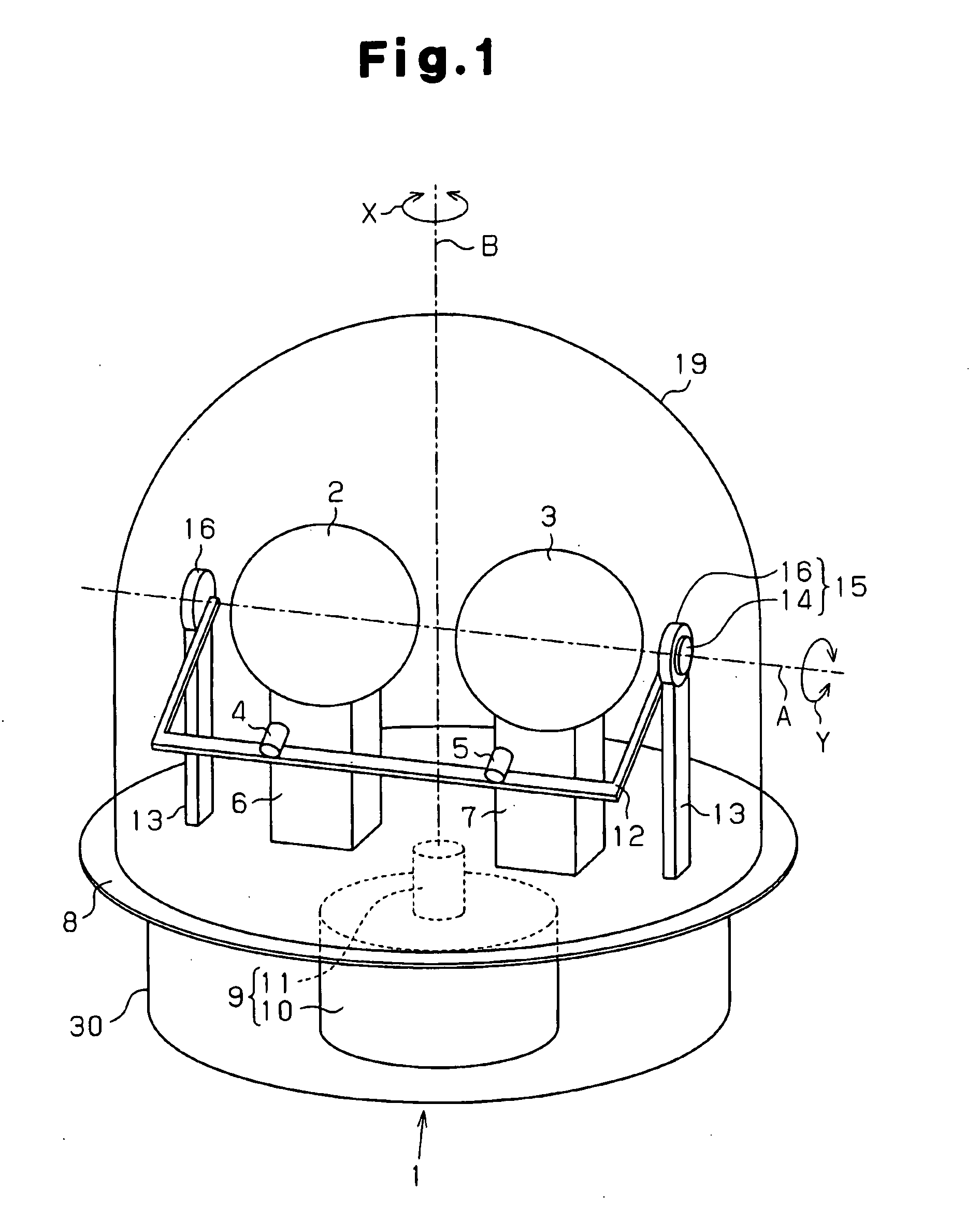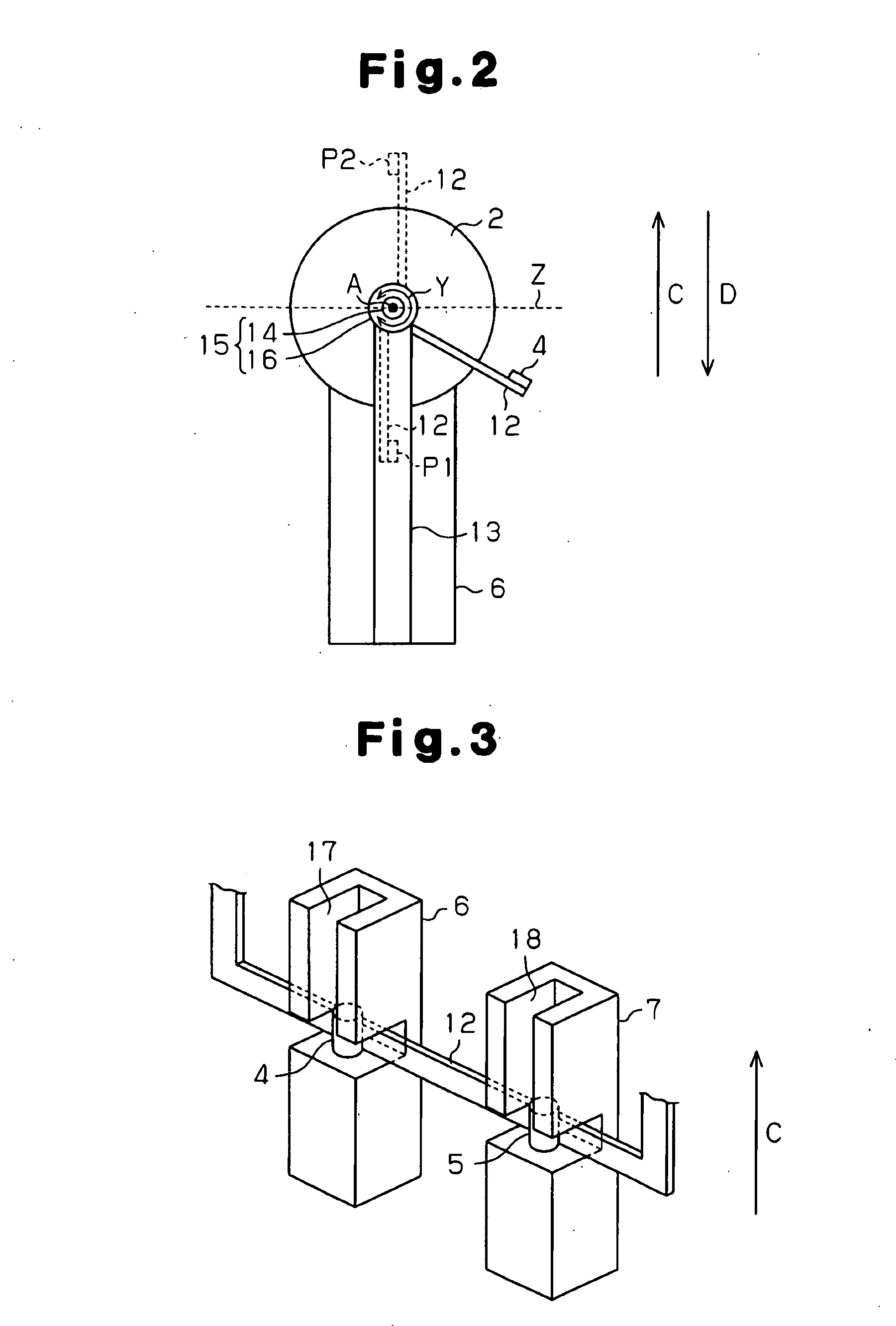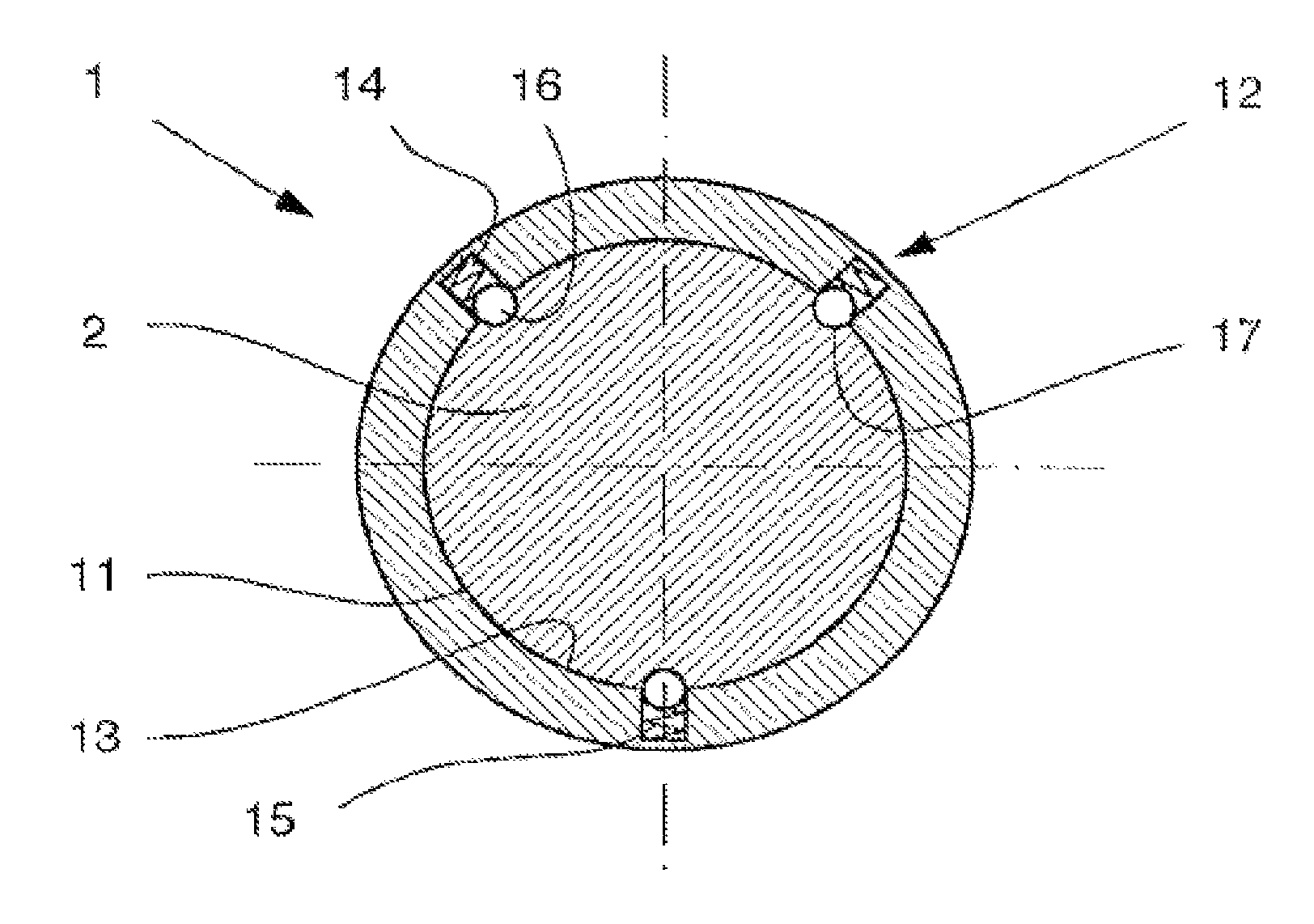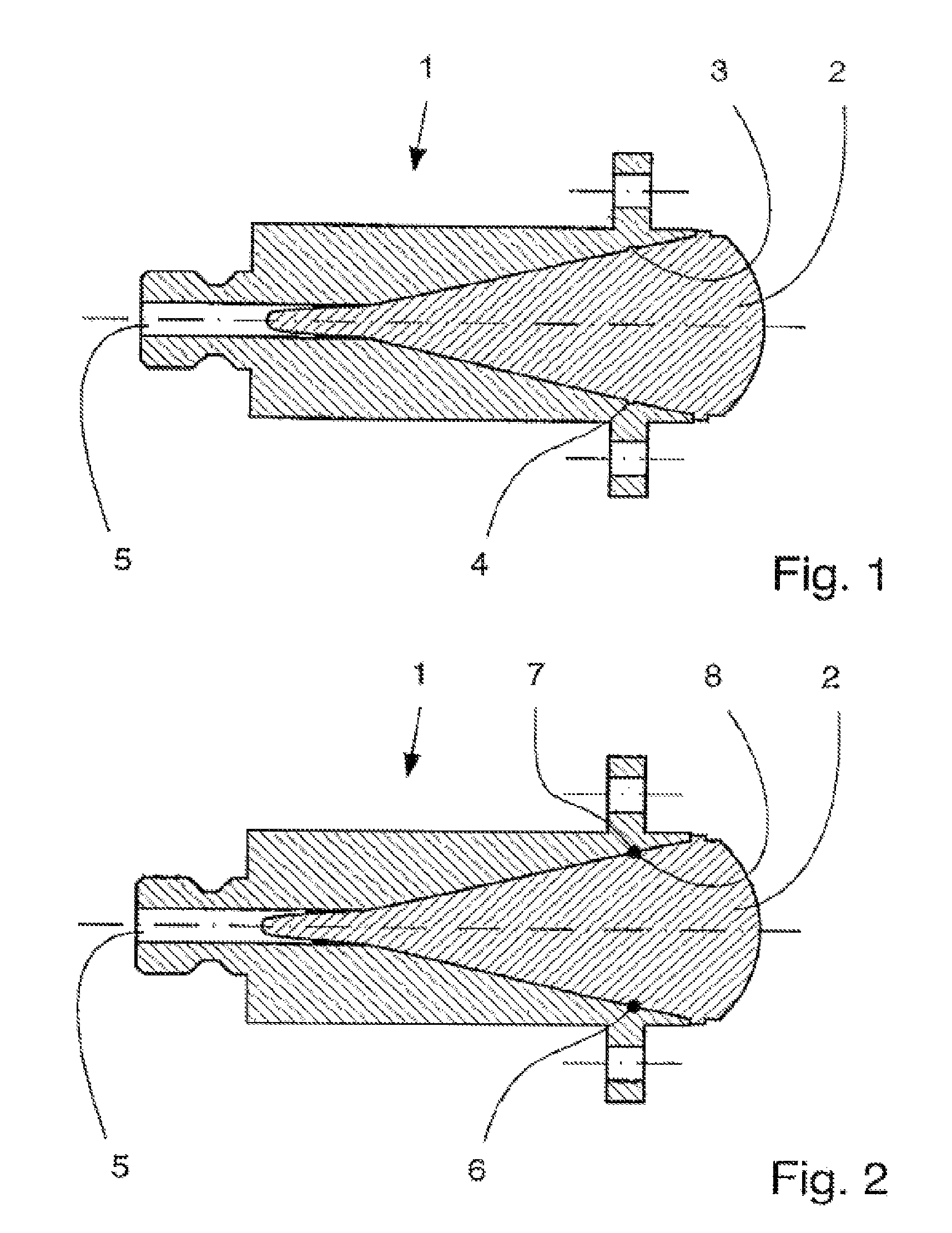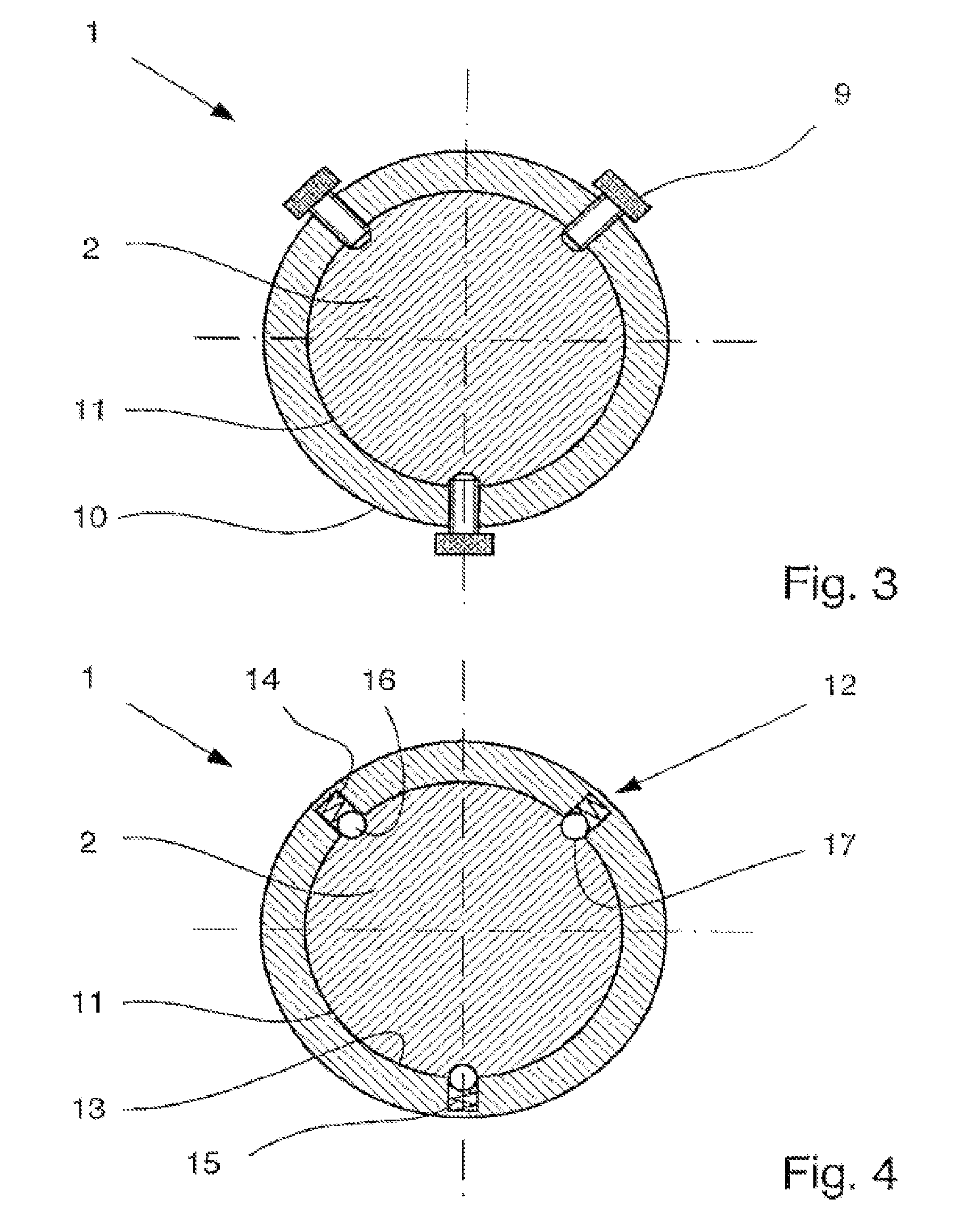Patents
Literature
Hiro is an intelligent assistant for R&D personnel, combined with Patent DNA, to facilitate innovative research.
29913 results about "Radar" patented technology
Efficacy Topic
Property
Owner
Technical Advancement
Application Domain
Technology Topic
Technology Field Word
Patent Country/Region
Patent Type
Patent Status
Application Year
Inventor
Radar is a detection system that uses radio waves to determine the range, angle, or velocity of objects. It can be used to detect aircraft, ships, spacecraft, guided missiles, motor vehicles, weather formations, and terrain. A radar system consists of a transmitter producing electromagnetic waves in the radio or microwaves domain, a transmitting antenna, a receiving antenna (often the same antenna is used for transmitting and receiving) and a receiver and processor to determine properties of the object(s). Radio waves (pulsed or continuous) from the transmitter reflect off the object and return to the receiver, giving information about the object's location and speed.
Method and arrangement for mapping a road
Arrangement and method for mapping a road during travel of a vehicle having two data acquisition modules arranged on sides of the vehicle, each including a GPS receiver and antenna for enabling the vehicle's position to be determined and a linear camera which provides one-dimensional images of an area on the respective side in a vertical plane perpendicular to the road such that information about the road is obtained from a view in a direction perpendicular to the road. A processor unit forms a map database of the road by correlating the vehicle's position and the information about the road. Instead of or in addition to the linear cameras, scanning laser radars are provided and transmit waves downward in a plane perpendicular to the road and receive reflected waves to provide information about distance between the laser radars and the ground for use in forming the database.
Owner:AMERICAN VEHICULAR SCI
High definition lidar system
ActiveUS7969558B2More compactMore ruggedAngle measurementOptical rangefindersHigh definition tvPower coupling
Owner:VELODYNE LIDAR USA INC
Camera-based tracking and position determination for sporting events
ActiveUS20100026809A1Good playerGood ball position trackingTelevision system detailsCharacter and pattern recognitionDigital signal processingAccelerometer
Position information of equipment at an event, such as a ball, one or more players, or other items in a game or sporting event, is used in selecting camera, camera shot type, camera angle, audio signals, and / or other output data for providing a multimedia presentation of the event to a viewer. The position information is used to determine the desired viewer perspective. A network of feedback robotically controlled Pan-Tilt-Zoom (PTZ), manually controlled cameras and stationary cameras work together with interpolation techniques to create a 2D video signal. The position information may also be used to access gaming rules and assist officiating of the event. The position information may be obtained through a transceiver(s), accelerometer(s), transponder(s), and / or RADAR detectable element(s) fitted into the ball, apparel or equipment of players, the players themselves, or other playing equipment associated with the game or sporting event. Other positioning methods that can be used include infrared video-based tracking systems, SONAR positioning system(s), LIDAR positioning systems, and digital signal processing (DSP) image processing techniques such as triangulation.
Owner:CURRY GERALD
Non-contact physiologic motion sensors and methods for use
Owner:KAI MEDICAL
3D virtual reality multi-user interaction with superimposed positional information display for each user
Positions of users other than a particular user in a virtual reality space shared by many users can be recognized with ease and in a minimum display space. The center (or intersection) of a cross of radar map corresponds to the particular user and the positions of other users (to be specific, the avatars of the other users) around the particular user are indicated by dots or squares colored red for example in the radar map. This radar map is displayed on virtual reality space image in a superimposed manner.
Owner:SONY CORP
Multi-sensor integration for a vehicle
A sensor system for use in a vehicle that integrates sensor data from more than one sensor in an effort to facilitate collision avoidance and other types of sensor-related processing. The system include external sensors for capturing sensor data external to the vehicle. External sensors can include sensors of a wide variety of different sensor types, including radar, image processing, ultrasonic, infrared, and other sensor types. Each external sensor can be configured to focus on a particular sensor zone external to the vehicle. Each external sensor can also be configured to focus primarily on particular types of potential obstacles and obstructions based on the particular characteristics of the sensor zone and sensor type. All sensor data can be integrated in a comprehensive manner by a threat assessment subsystem within the sensor system. The system is not limited to sensor data from external sensors. Internal sensors can be used to capture internal sensor data, such a vehicle characteristics, user attributes, and other types of interior information. Moreover, the sensor system can also include an information sharing subsystem of exchanging information with other vehicle sensor systems or for exchanging information with non-vehicle systems such as a non-movable highway sensor system configured to transmit and receive information relating to traffic, weather, construction, and other conditions. The sensor system can potentially integrate data from all different sources in a comprehensive and integrated manner. The system can integrate information by assigning particular weights to particular determinations by particular sensors.
Owner:YAZAKI NORTH AMERICA
Phased array metamaterial antenna system
ActiveUS6958729B1Reduce sidelobeIncrease amplitude performanceSimultaneous aerial operationsRadiating elements structural formsSolid substratePhased array
An efficient, low-loss, low sidelobe, high dynamic range phased-array radar antenna system is disclosed that uses metamaterials, which are manmade composite materials having a negative index of refraction, to create a biconcave lens architecture (instead of the aforementioned biconvex lens) for focusing the microwaves transmitted by the antenna. Accordingly, the sidelobes of the antenna are reduced. Attenuation across microstrip transmission lines may be reduced by using low loss transmission lines that are suspended above a ground plane a predetermined distance in a way such they are not in contact with a solid substrate. By suspending the microstrip transmission lines in this manner, dielectric signal loss is reduced significantly, thus resulting in a less-attenuated signal at its destination.
Owner:LUCENT TECH INC
Safety running system for vehicle
InactiveUS6269308B1Digital data processing detailsPedestrian/occupant safety arrangementAutomatic steeringBody axis
In a safety running system, a transverse travelling distance resulting when a subject vehicle travels to a current position of an oncoming vehicle is calculated based on the vehicle velocity and yaw rate of the subject vehicle, a relative transverse distance of the oncoming vehicle relative to a vehicle body axis of the subject vehicle is calculated based on a relative distance, relative velocity and relative angle between the subject vehicle and the oncoming vehicle detected by a radar information processor. When a relative transverse deviation obtained by subtracting the transverse travelling distance from the relative transverse distance resides within a range and that state continues to exist over a predetermined time period, it is judged that there is a collision possibility of the subject vehicle with the oncoming vehicle, and automatic steering is performed so as to avoid a collision.
Owner:HONDA MOTOR CO LTD
Concealed weapons detection system
InactiveUS6359582B1Detection using electromagnetic wavesRadio wave reradiation/reflectionRadarEngineering
A weapons detector (12) and method utilizing radar. The system comprises a transmitter (27) for producing an output (14) of frequencies of a set of self-resonant frequencies of weaponry; an antenna (28) directing the transmitter output toward locations potentially having weaponry and collecting backscattered signals (15); a receiver (29) receiving the backscattered signals (15) and operating over a range of the self-resonant frequencies; and a signal processor (30) for detecting the presence of a plurality of the self-resonant frequencies in the backscattered signals (15). Accuracies of greater than 98% can be obtained at distances, preferably between 4-15 yards. The weapons detector (12) is capable of detecting metal and non-metal weapons (16) on a human body (13) in purses, briefcases and under clothing; and discerning weapons (16) from objects such as belt buckles, coins, keys, calculators, cellular phones.
Owner:MACALEESE +1
Event-recorder for transmitting and storing electronic signature data
An electronic event recorder for attachment to a vehicle is provided which can broadcast encrypted signature and data, thereby leaving behind an electronic version of a "fingerprint" in the event of an accident or traffic violation. The fingerprint, captured by an external data acquisition system or another vehicle so equipped, provides a history of events related to the vehicle. The event recorder is preferably integrated on a smart card and housed in a tamper proof casing. In a first mode of operation, monitoring stations along the roadways periodically send an interrogation signal, such as when radar detects that the vehicle is speeding. Upon receiving the interrogation signal the smart card transmits the vehicle's signature information to the monitoring station where it is time and date stamped along with the speed of the vehicle. In a second mode of operation, when a sensor detects a sudden or violent acceleration or deceleration, such as occurs during a collision, a smart card mounted in each car will exchange signature information automatically. This is particularly useful when the collision occurs in a parking lot when one of the hit vehicles is typically unattended.
Owner:INT BUSINESS MASCH CORP
Method and system for controlling a robot
A system and method are described that use impulse radio technology to enhance the capabilities of a robot. In one embodiment, a system, a robot and a method are provided that use the communication capabilities of impulse radio technology to help a control station better control the actions of the robot. In another embodiment, a system, a robot and a method are provided that use the communication, position and / or radar capabilities of impulse radio technology to help a control station better control the actions of a robot in order to, for example, monitor and control the environment within a building.
Owner:HUMATICS CORP
Method and apparatus to improve vehicle situational awareness at intersections
ActiveUS20090174573A1Improving vehicle situational awarenessEasy to seeAnalogue computers for vehiclesArrangements for variable traffic instructionsGuidance systemTraffic signal
The present invention includes a number of embodiments for improving vehicle situational awareness at intersections. A first embodiment may comprise a lens fitted at the top of the windshield or outside the vehicle, for refracting the light to the driver, so the driver may more easily see signals, signage and other features of an intersection, as well as other traffic. A second embodiment of the invention is used as an aid to prompt the driver that a light has changed. In a third embodiment, the light change sensor may be combined with other vehicle status information. As the car comes to a stop, the route guidance system may determine if the vehicle is at or in the vicinity of an intersection. Depending on the route guidance database, the system may also know whether or not there are traffic lights at the intersection. Using the vehicle's on board forward-looking radar sensor, the system may then determine if it is first in line at the intersection. In a fourth embodiment the system may be part of a portable after-market routing device. In a fifth embodiment the system, either portable or fixed, may be used to detect changes in the intensity of the brake lights of the vehicle ahead.
Owner:SMITH ALEXANDER E
Collision avoidance method and system using stereo vision and radar sensor fusion
A system and method for fusing depth and radar data to estimate at least a position of a threat object relative to a host object is disclosed. At least one contour is fitted to a plurality of contour points corresponding to the plurality of depth values corresponding to a threat object. A depth closest point is identified on the at least one contour relative to the host object. A radar target is selected based on information associated with the depth closest point on the at least one contour. The at least one contour is fused with radar data associated with the selected radar target based on the depth closest point to produce a fused contour. Advantageously, the position of the threat object relative to the host object is estimated based on the fused contour. More generally, a method is provided for aligns two possibly disparate sets of 3D points.
Owner:SARNOFF CORP
Motor vehicle accessory comprising a data display screen for the driver
InactiveUS6545598B1Not impair driving safetyMinimally distracts the driver's attention from his drivingInstruments for road network navigationOptical signallingMobile vehicleData display
An accessory for a motor vehicle, comprising a rear-view mirror case of either an inside or outside rear-view mirror, a screen attached to one side of the rear-view mirror case without disturbing vision in the rear-view mirror and means for adjusting the orientation of the screen with respect to the mirror. The mirror and the screen are simultaneously and fully visible to a driver of the vehicle. The rear-view mirror case, the screen housing, or both, comprise all or part of electronic elements to display at least one of the following functions on the screen: navigation, radar, map, guidance, traffic instruction.
Owner:DE VILLEROCHE GERARD JODON
Optical phased array lidar system and method of using same
A lidar-based system and method are used for the solid state beamforming and steering of laser beams using optical phased array (OPA) photonic integrated circuits (PICs) and the detection of laser beams using photodetectors. Transmitter and receiver electronics, power management electronics, control electronics, data conversion electronics and processing electronics are also included in the system and used in the method.Laser pulses beamformed by the OPA PIC reflect from objects in the field of view (FOV) of said OPA, and are detected by a detector or a set of detectors.A lidar system includes at least one lidar, and any subset and any number of complementary sensors, data processing / communication / storage modules, and a balance of system for supplying power, protecting, connecting, and mounting the components of said system.Direct correlation between the 3D point cloud generated by the lidar and the color images captured by an RGB (Red, Green, Blue) video camera can be achieved by using an optical beam splitter that sends optical signals simultaneously to both sensors.A lidar system may contain a plurality of lidar sensors, a lidar sensor may contain a plurality of optical transmitters, and an optical transmitter may contain a plurality of OPA PICs.
Owner:QUANERGY SOLUTIONS INC
Millimeter-wave quasi-optical integrated dielectric lens antenna and array thereof
InactiveCN101662076AWith quasi-optical Gaussian beam radiation characteristicsGuaranteed normal transmissionAntenna arraysDielectric resonator antennaDielectric substrate
The invention relates to the technical field of radar, in particular to a millimeter-wave quasi-optical integrated dielectric lens antenna and an array thereof. The array consists of a microstrip integrated antenna, a dielectric lens, an objective lens, an array base, a reflecting mirror, a protective cover and a beam transfer switch; one end face of the dielectric lens is a hemisphere or an ellipsoid, while the other end face is a cylindrical section; the microstrip integrated antenna is generated by an dielectric substrate, the front surface of the dielectric substrate is closely adhered tothe cylindrical section of the dielectric lens and serves as a feed source, and the back surface is grounded; the hemispherical or ellipsoidal end face of the dielectric lens is an antenna radiating surface; the length of the cylindrical part of the dielectric lens can be changed; the antenna array is arranged into a linear array or an area array; the array base and the reflecting mirror have conical quasi-optical reflecting mirror surfaces; the focus of the objective lens of the linear array or the area array aligns with the central line of the dielectric lens; the protective cover is arranged outside; and the antenna array is controlled by the beam transfer switch. The antenna structure has strong shock resistance and dust prevention, and is suitable for millimeter-wave radars for planes, automobiles and ships, and receiving / emitting sensing of communication equipment.
Owner:阮树成
Signal modulation method resistant to echo reflections and frequency offsets
ActiveUS9083595B2Improve performancePromote decompositionNetwork traffic/resource managementMulti-frequency code systemsHigh rateEngineering
A method of modulating communications signals, such as optical fiber, wired electronic, or wireless signals in a manner that facilitates automatic correction for the signal distortion effects of echoes and frequency shifts, while still allowing high rates of data transmission. Data symbols intended for transmission are distributed into N×N matrices, and used to weigh or modulate a family of cyclically time shifted and cyclically frequency shifted waveforms. Although these waveforms may then be distorted during transmission, their basic cyclic time and frequency repeating structure facilitates use of improved receivers with deconvolution devices that can utilize the repeating patterns to correct for these distortions. The various waveforms may be sent in N time blocks at various time spacing and frequency spacing combinations in a manner that can allow interleaving of blocks from different transmitters. Applications to channel sounding / characterization, system optimization, and also radar are also discussed.
Owner:COHERE TECH
Coupler with waveguide transition for an antenna in a radar-based level measurement system
Owner:SIEMENS AG
Non-contact physiologic motion sensors and methods for use
A radar-based physiological motion sensor is disclosed. Doppler-shifted signals can be extracted from the signals received by the sensor. The Doppler-shifted signals can be digitized and processed subsequently to extract information related to the cardiopulmonary motion in one or more subjects. The information can include respiratory rates, heart rates, waveforms due to respiratory and cardiac activity, direction of arrival, abnormal or paradoxical breathing, etc. In various embodiments, the extracted information can be displayed on a display.
Owner:RESMED SENSOR TECH
System and method for standoff detection of human carried explosives
ActiveUS6967612B1Low-cost and portableRadio wave reradiation/reflectionDisplay deviceCommunication link
The system and method for standoff detection of human carried explosives (HCE) is a portable system that automatically detects HCE up to a range of 200 meters and within seconds alerts an operator to HCE threats. The system has radar only, or both radar and video sensors, a multi-sensor processor, an operator console, handheld displays, and a wideband wireless communications link. The processor receives radar and video feeds and automatically tracks and detects all humans in the field of view. Track data continuously cues the narrow beam radar to a subject of interest, the radar repeatedly interrogating cued objects, producing a multi-polarity radar range profile for each interrogation event. Range profiles and associated features are automatically fused over time until sufficient evidence is accrued to support a threat / non-threat declaration hypothesis. Once a determination is made, the system alerts operators through a handheld display and mitigates the threat if desired.
Owner:RAPISCAN LAB INC
Metallised plastic antenna funnel for a fill level radar
A metalized plastic antenna includes a plastic antenna body with metallization on the inside. In this arrangement metallization is used for conducting electromagnetic waves. Furthermore, metallization may be implemented as a protective coating so that chemical resistance of the plastic antenna may be ensured even in the case of corrosive environmental conditions.
Owner:VEGA GRIESHABER GMBH & CO
Cost-effective lidar sensor for multi-signal detection, weak signal detection and signal disambiguation and method of using same
InactiveUS20140211194A1Low costOptical rangefindersElectromagnetic wave reradiationSignal qualityEngineering
A lidar-based apparatus and method are used for multi-signal detection, weak signal detection and signal disambiguation through waveform approximation utilizing a multi-channel time-to-digital converter (TDC) electronic circuit, with each TDC having an individually adjustable voltage threshold. This advanced TDC-based pulse width time-of-flight (ToF) approach achieves the low cost associated with the TDC-based pulse width ToF approach while solving the signal quality issues associated with the standard single-threshold TDC-based approach.
Owner:QUANERGY SYST
True time delay phase array radar using rotary clocks and electronic delay lines
ActiveUS20120039366A1Forming accuratelyEasy to moveAntenna arraysPulse automatic controlTime delaysAnalog delay line
Local oscillator circuitry for an antenna array is disclosed. The circuitry includes an array of rotary traveling wave oscillators which are arranged in a pattern over an area and coupled so as to make them coherent. This provides for a set of phase synchronous local oscillators distributed over a large area. The array also includes a plurality of phase shifters each of which is connected to one of the rotary oscillators to provide a phase shifted local oscillator for the array. The phase shifter optionally includes a cycle counter that is configured to count cycles of the rotary oscillator to which it is connected and control circuitry that is then operative to provide a shifted rotary oscillator output based on the count from the cycle counter. A system and method for operating a true-time delay phased array antenna system. The system includes a plurality of antenna element circuits for driving or receiving an rf signal from the elements of the array. Each element circuit has a transmit and a receive path and a local multiphase oscillator, such as a rotary traveling wave oscillator. Each path has an analog delay line for providing a true-time delay for the antenna element. Preferably, the analog delay line is a charge coupled device whose control nodes are connected to phases of the local multiphase oscillator to implement a delay that is an integer number local multiphase oscillator periods. A fractional delay is also included in the path by using a sample and hold circuit connected to a particular phase of the oscillator. By delaying each antenna element by a true time delay, broadband operation of the array is possible.
Owner:ANALOG DEVICES INC
Flexible agricultural automation
InactiveUS6671582B1High precisionQuality improvementOptical radiation measurementPosition fixationAgricultural engineeringAssembly line
Agricultural operations by applying flexible manufacturing software, robotics and sensing techniques to agriculture. In manufacturing operations utilizing flexible machining and flexible assembly robots, work pieces flow through a fixed set of workstations on an assembly line. At different stations are located machine vision systems, laser based raster devices, radar, touch, photocell, and other methods of sensing; flexible robot armatures and the like are used to operate on them. This flexible agricultural automation turns that concept inside out, moving software programmable workstations through farm fields on mobile robots that can sense their environment and respond to it flexibly. The agricultural automation will make it possible for large scale farming to take up labor intensive farming practices which are currently only practical for small scale farming, improving land utilization efficiency, while lowering manpower costs dramatically.
Owner:HANLEY BRIAN P
Method and apparatus for performing three-dimensional computer modeling
A method and apparatus for automatically generating a three-dimensional computer model from a “point cloud” of a scene produced by a laser radar (LIDAR) system. Given a point cloud of an indoor or outdoor scene, the method extracts certain structures from the imaged scene, i.e., ceiling, floor, furniture, rooftops, ground, and the like, and models these structures with planes and / or prismatic structures to achieve a three-dimensional computer model of the scene. The method may then add photographic and / or synthetic texturing to the model to achieve a realistic model.
Owner:SRI INTERNATIONAL
Dielectric waveguide device, phase shifter, high frequency switch, and attenuator provided with dielectric waveguide device, high frequency transmitter, high frequency receiver, high frequency transceiver, radar device, array antenna, and method of manufacturing dielectric waveguide device
InactiveUS8013694B2Small sizeImprove batch productivityWaveguidesRadio wave reradiation/reflectionElectricityTransceiver
The invention relates to a small and low-voltage operable dielectric waveguide device. First and second electrode are embedded in a dielectric part and are formed to be thinner than a skin depth for a frequency of electromagnetic wave propagating along a first dielectric part included in the dielectric part. Thereby, even if the first and second electrodes are arranged to be in contact with the first dielectric part, the propagating electromagnetic wave can transmit the first and second electrodes, and therefore the electromagnetic wave can propagate without being cut off and there is no influence on waveguide modes of the electromagnetic wave. Further, in a state where a transmission loss due to the embedded of the electrode is suppressed, an electric field with large electric field strength can be applied to the first dielectric part by the first and second electrodes, and a small and low-voltage operable dielectric waveguide device can be achieved.
Owner:KYOCERA CORP
Horn antenna for a radar device
A horn antenna for a radar device comprising a metal body having a tubular hollow waveguide section opening into a hollow horn section, a dielectric filling body filling up the inner space of the horn section, and a dielectric cover, wherein the horn antenna is configured to protrude in a measurement environment, protected from highly aggressive process environments and is usable over a wide temperature range.
Owner:SIEMENS AG
Distributed lidar sensing system for wide field of view three dimensional mapping and method of using same
InactiveUS20150192677A1Low costWide field of viewOptical rangefindersElectromagnetic wave reradiationWide fieldRadar
A three-dimensional mapping system comprising a moderate number (typically 2 to 4) of moderate-beam-count (typically 8-beam to 16-beam) lidar sensors is proposed to achieve low cost systems with wide fields of view. Secondary advantages include compact sensors and a small minimum range (possible by optimal placement of each of a plurality of sensors).
Owner:QUANERGY SYST
Electromagnetic lens antenna device for bistatic radar
InactiveUS20100026607A1Simple and inexpensive configurationReduce weightRadiating element housingsICT adaptationRadarClassical mechanics
Owner:SUMITOMO ELECTRIC IND LTD
Antenna for a level meter employing the radar principle
In an antenna for a level meter employing the radar principle, a fastening device is provided for detachably mounting a dielectric insert in the antenna. The fastening device may be a continuous clamping collar that clamps the dielectric insert in place in the antenna. This offers a simple, universally employable possibility for fastening a dielectric insert in the antenna.
Owner:KROHNE MESSTECHNICK GMBH & CO KG
Features
- R&D
- Intellectual Property
- Life Sciences
- Materials
- Tech Scout
Why Patsnap Eureka
- Unparalleled Data Quality
- Higher Quality Content
- 60% Fewer Hallucinations
Social media
Patsnap Eureka Blog
Learn More Browse by: Latest US Patents, China's latest patents, Technical Efficacy Thesaurus, Application Domain, Technology Topic, Popular Technical Reports.
© 2025 PatSnap. All rights reserved.Legal|Privacy policy|Modern Slavery Act Transparency Statement|Sitemap|About US| Contact US: help@patsnap.com
